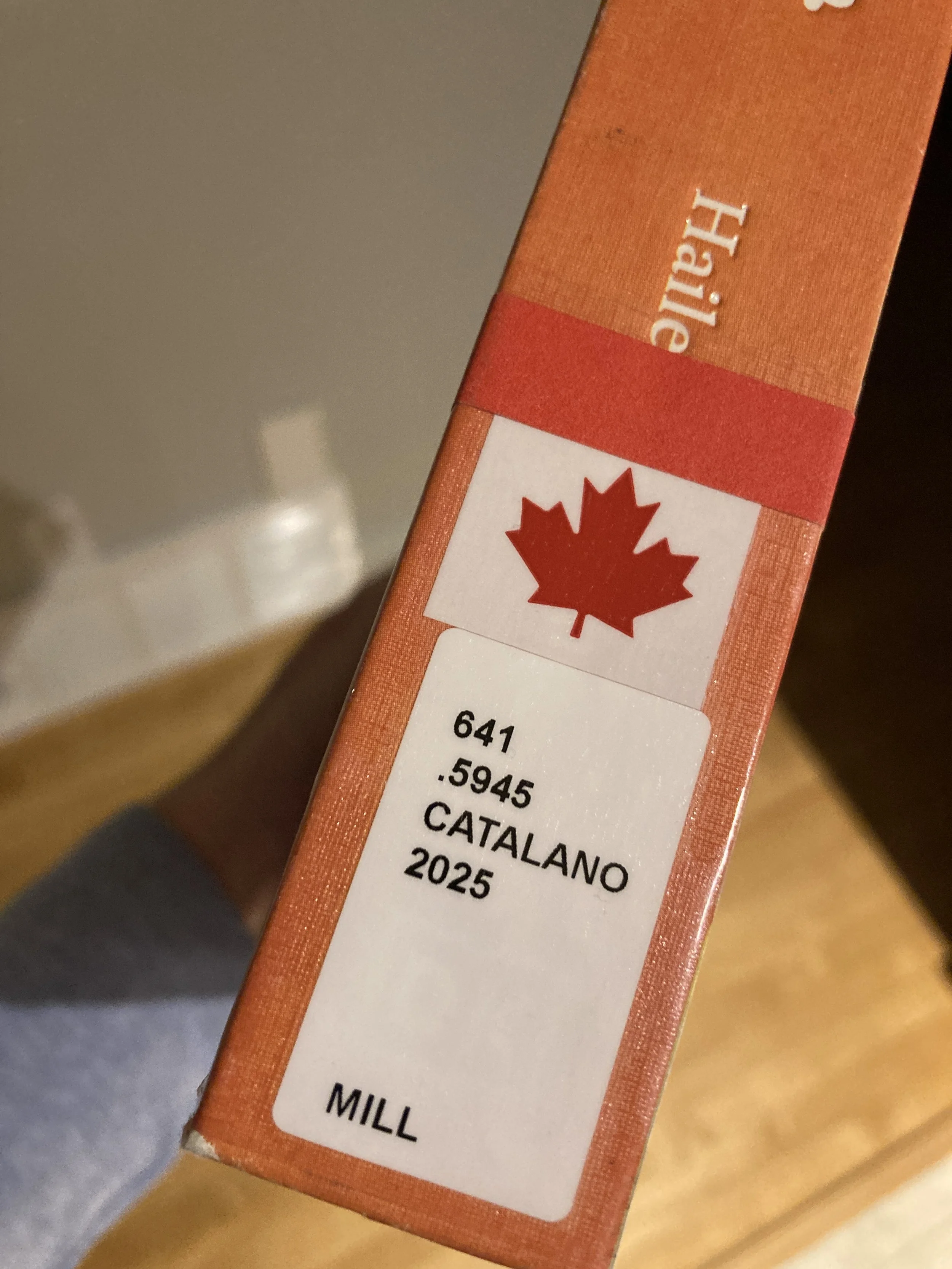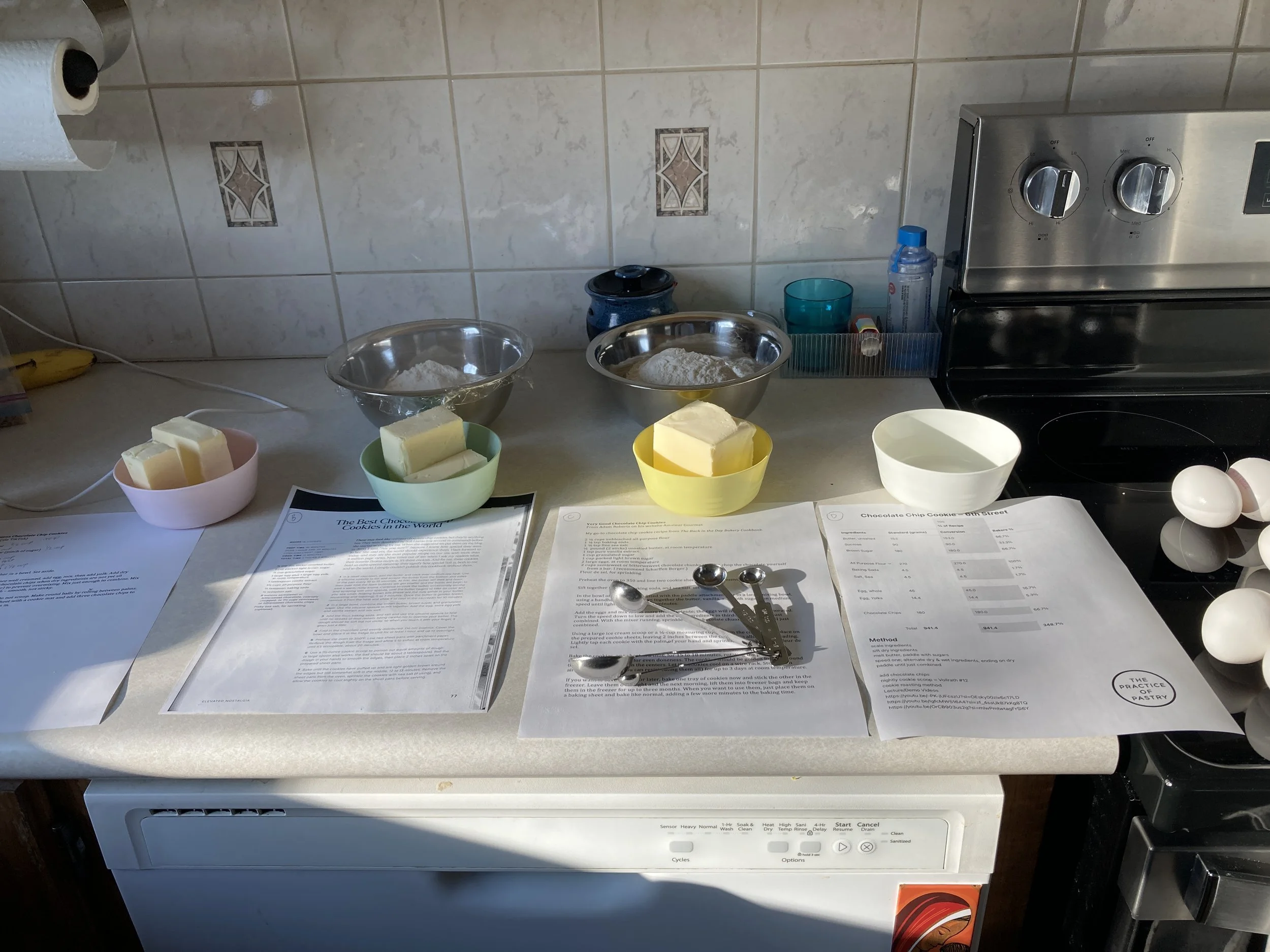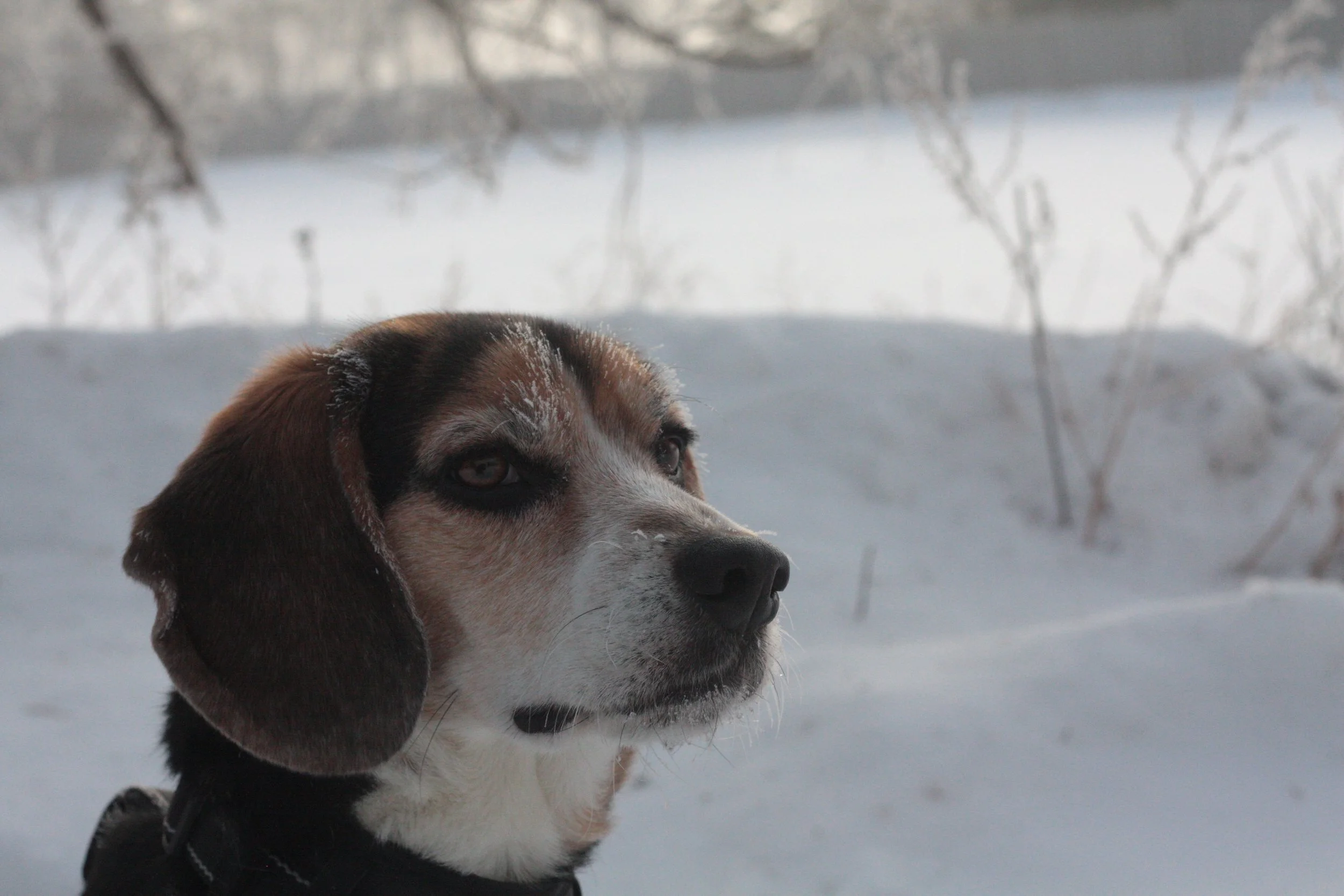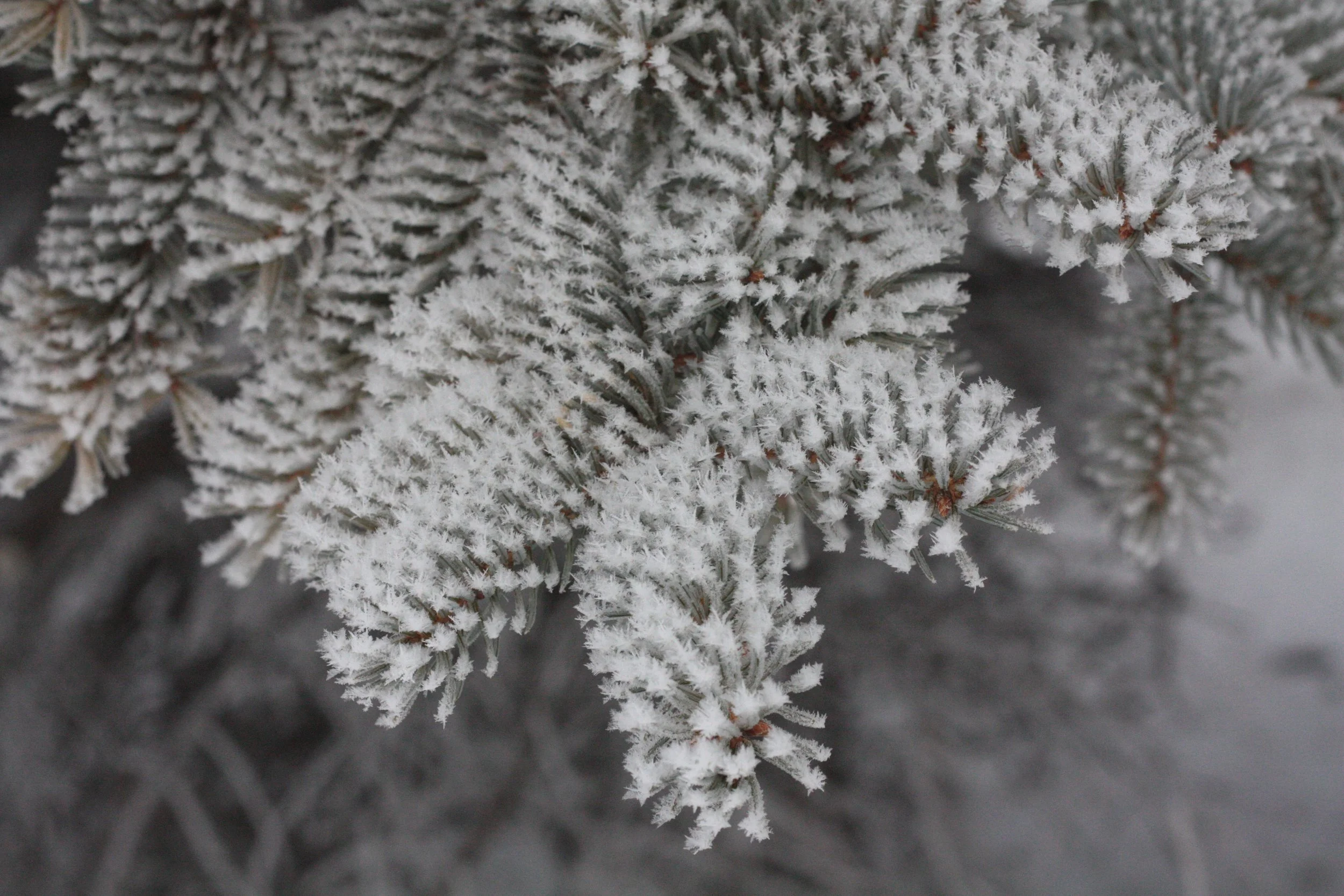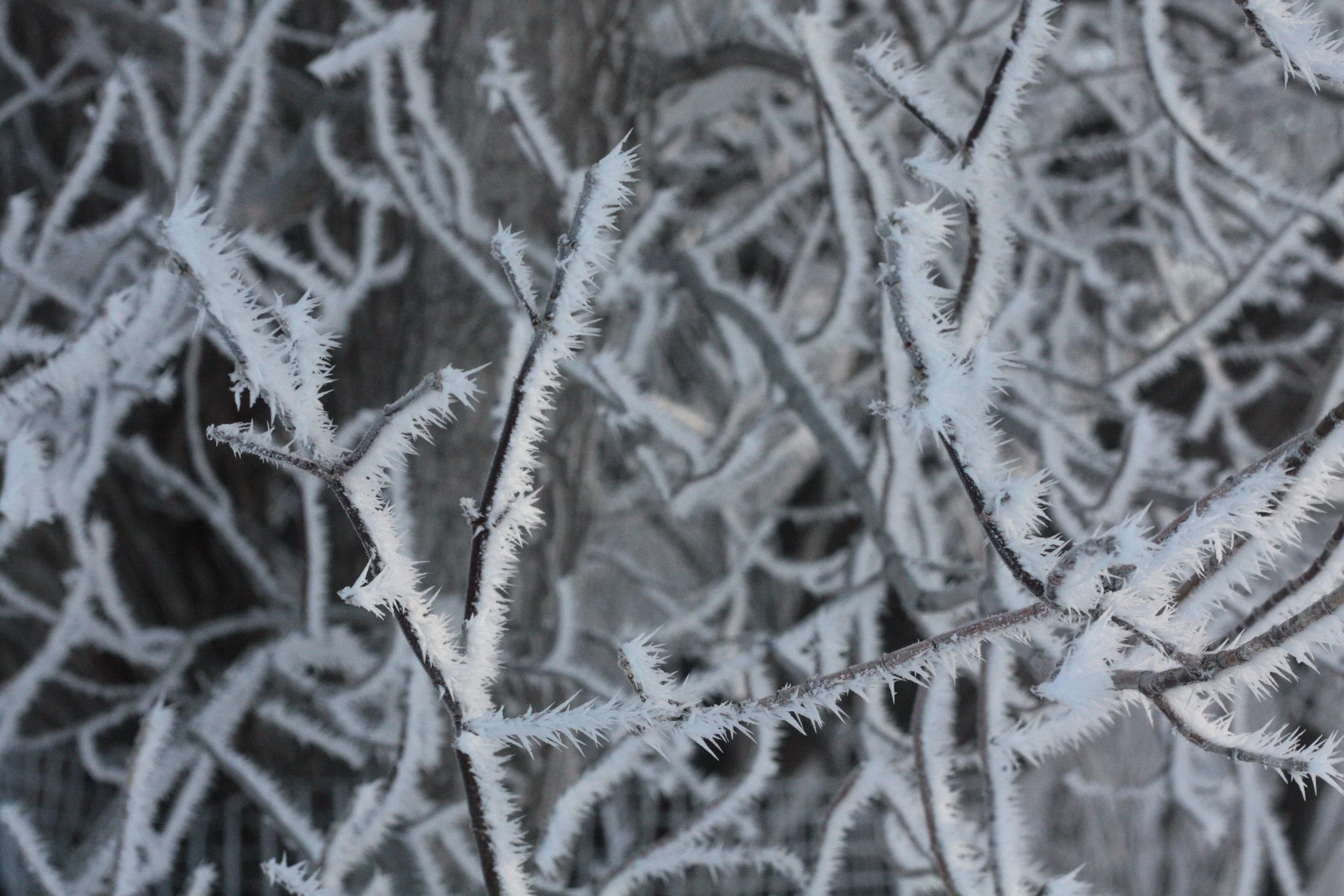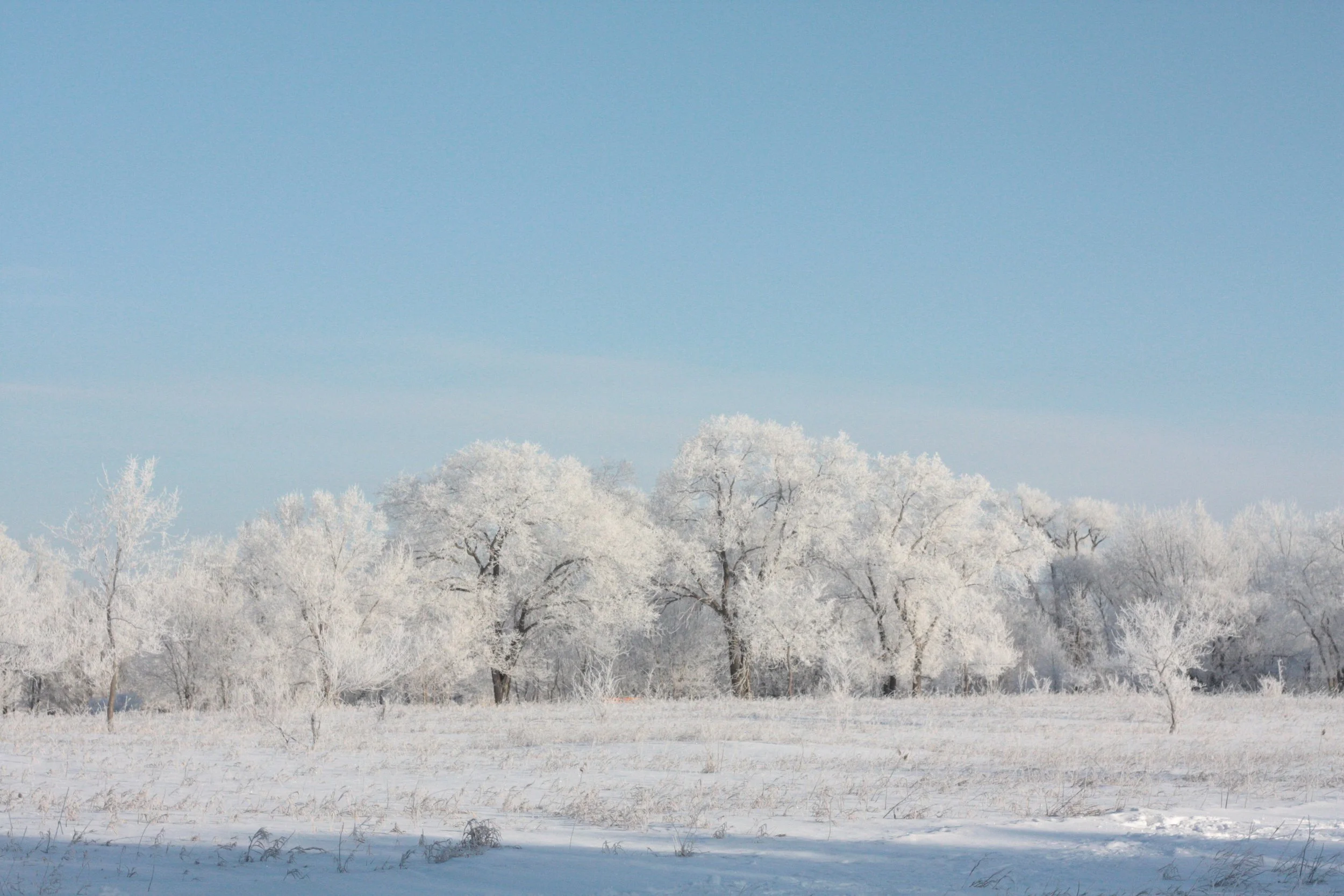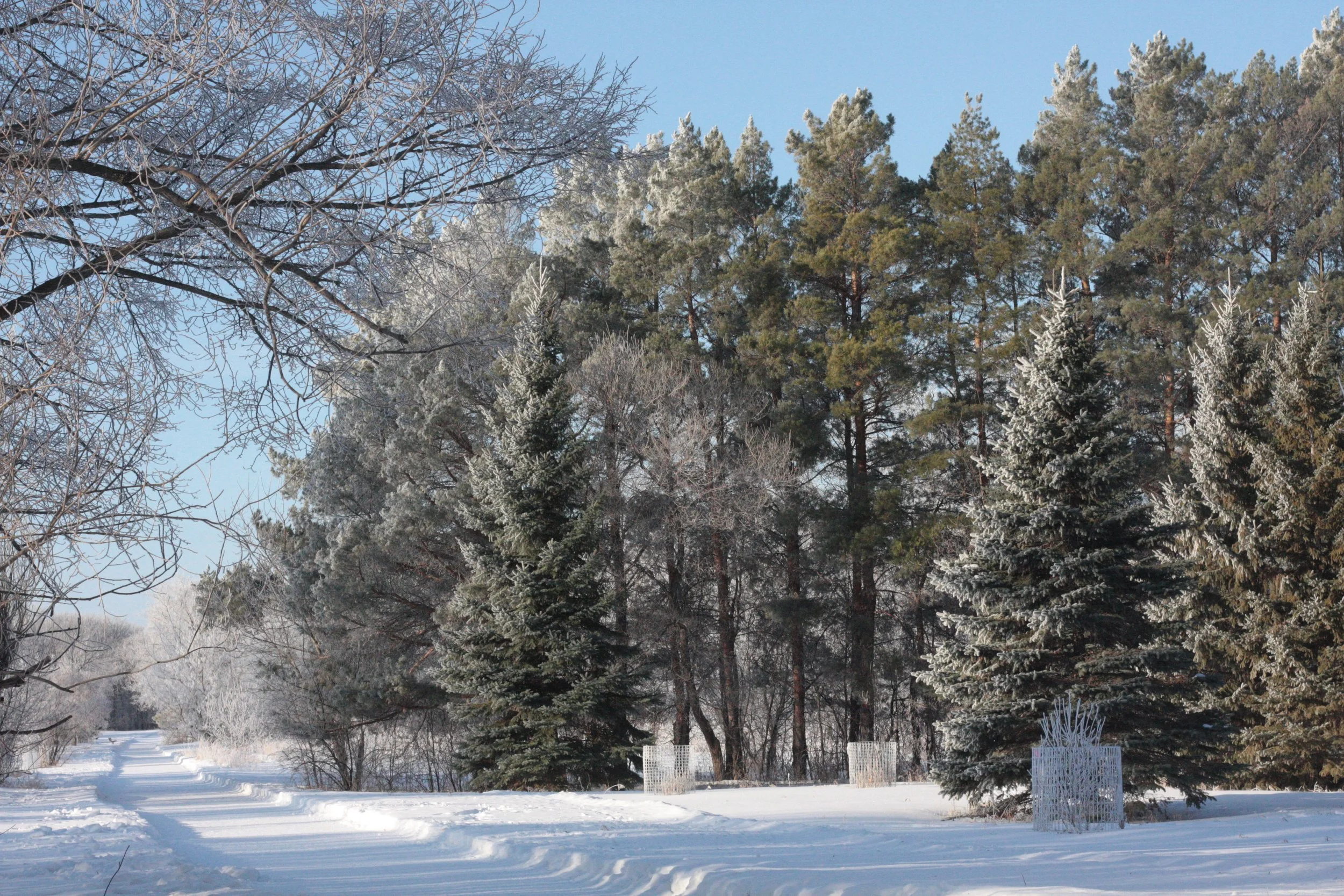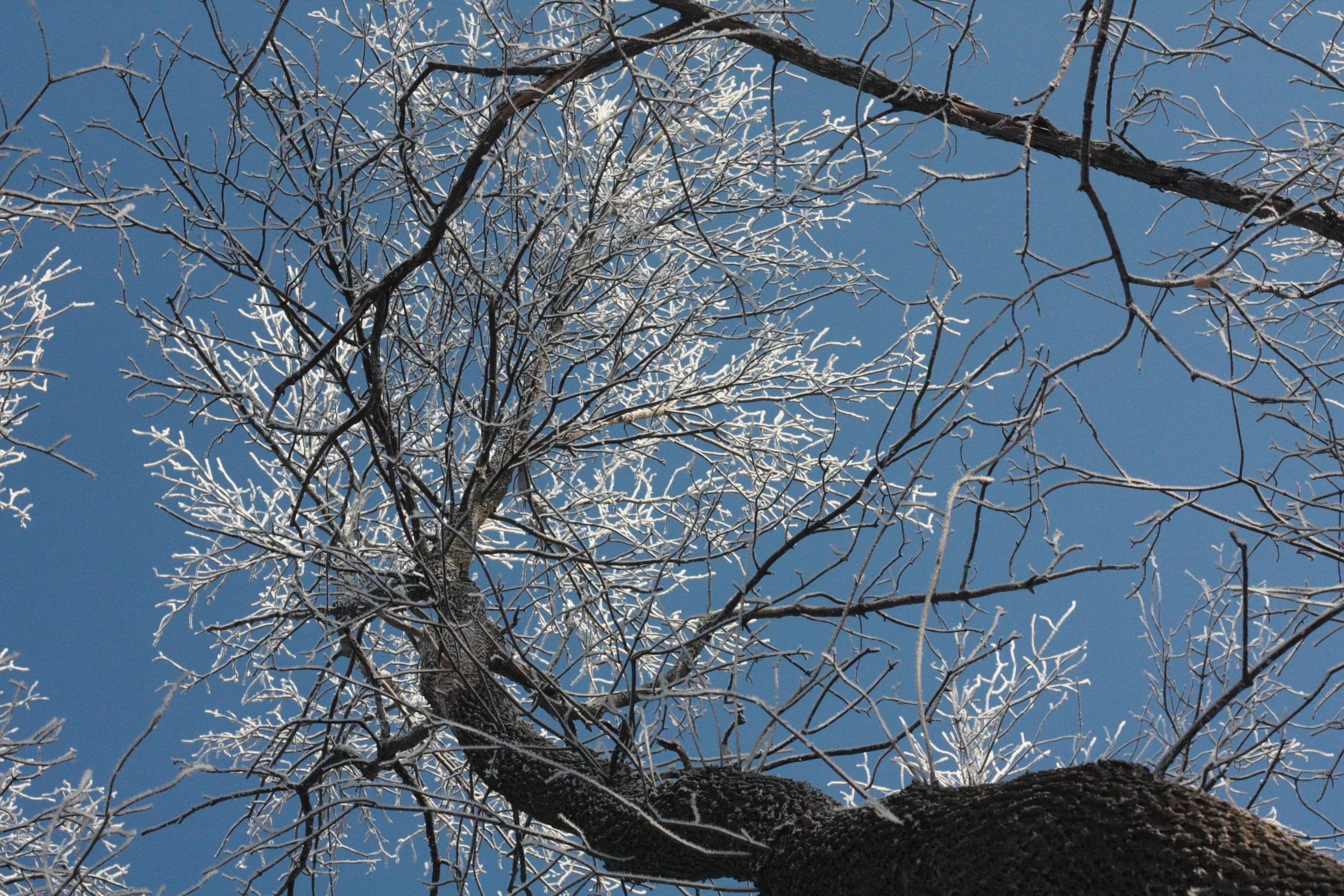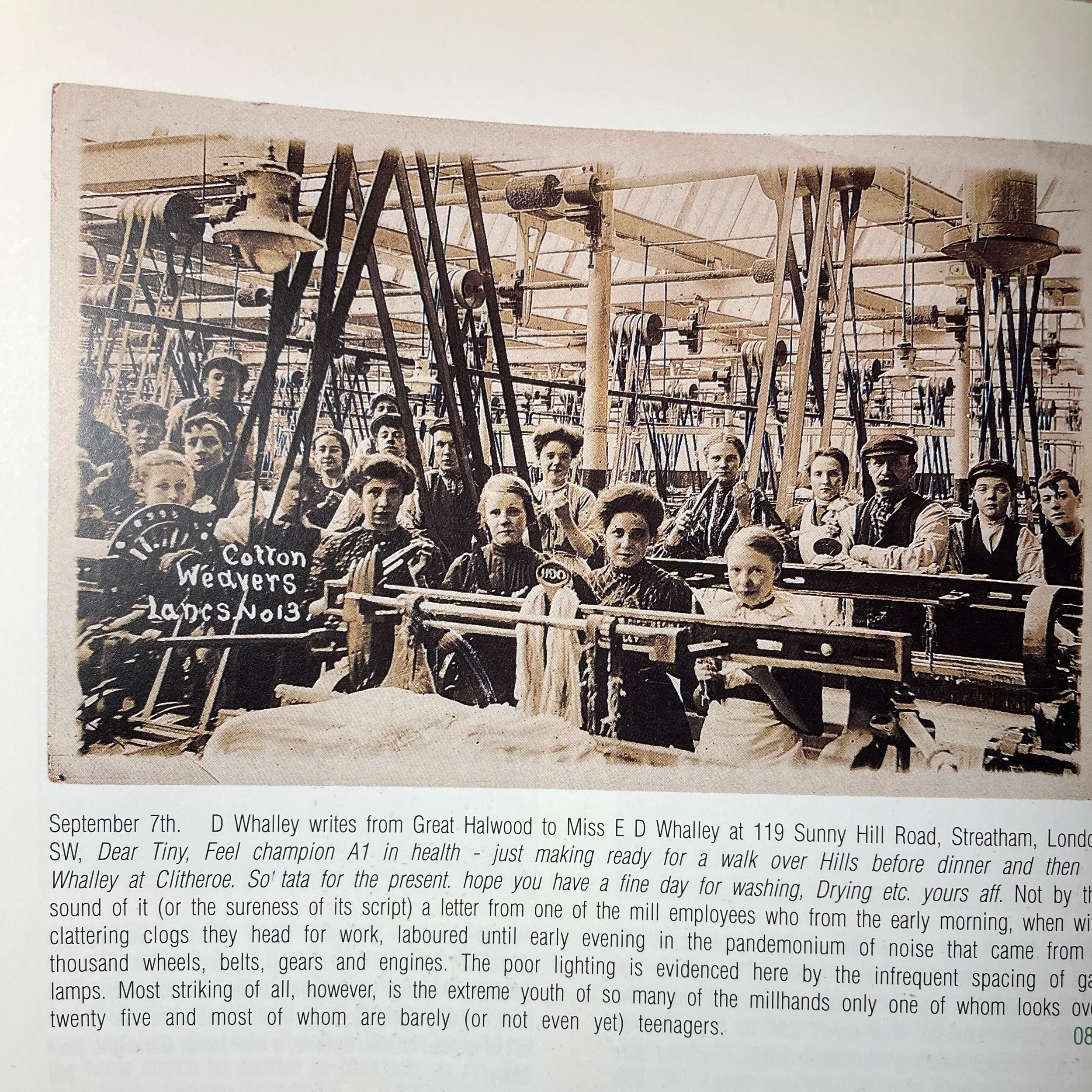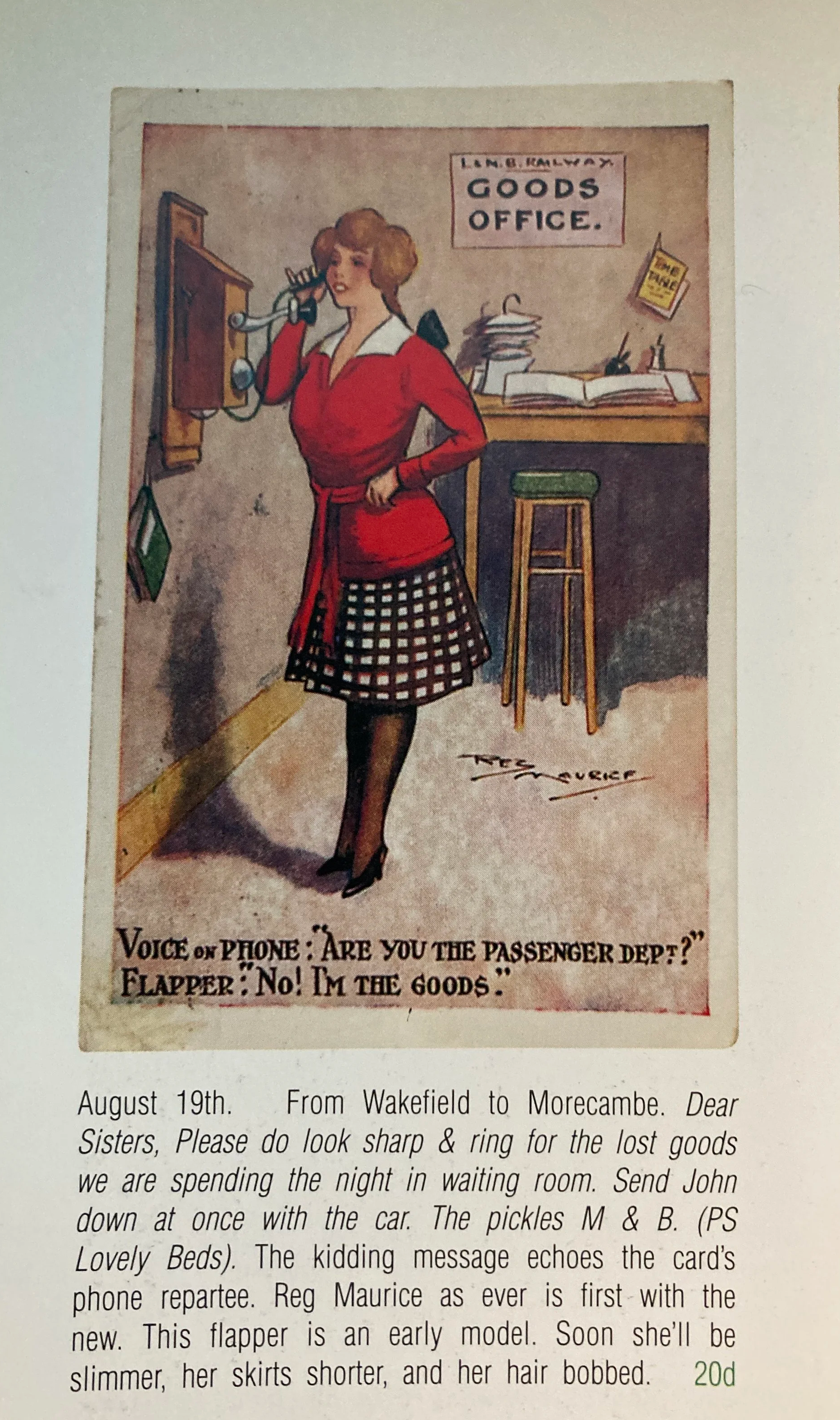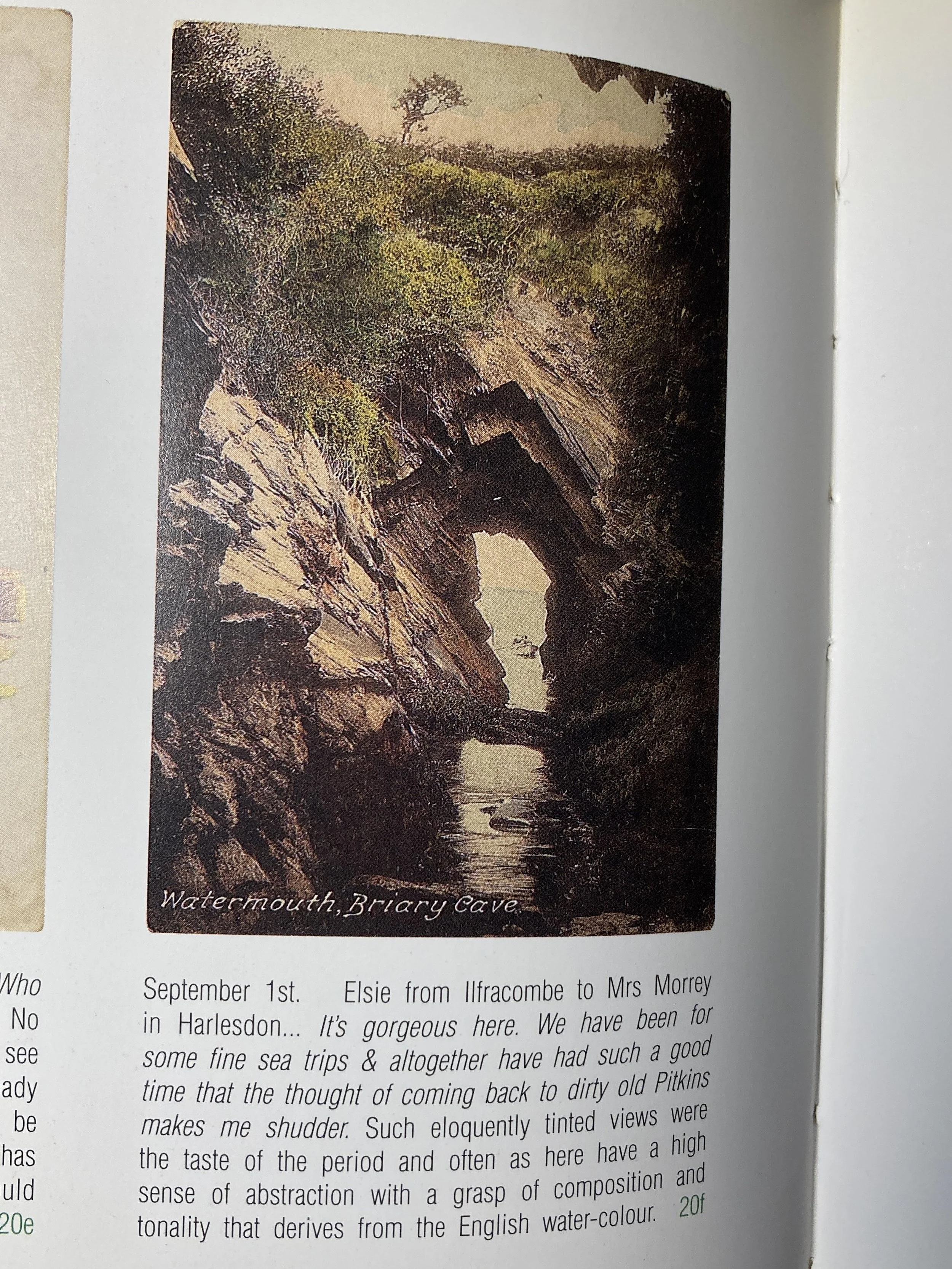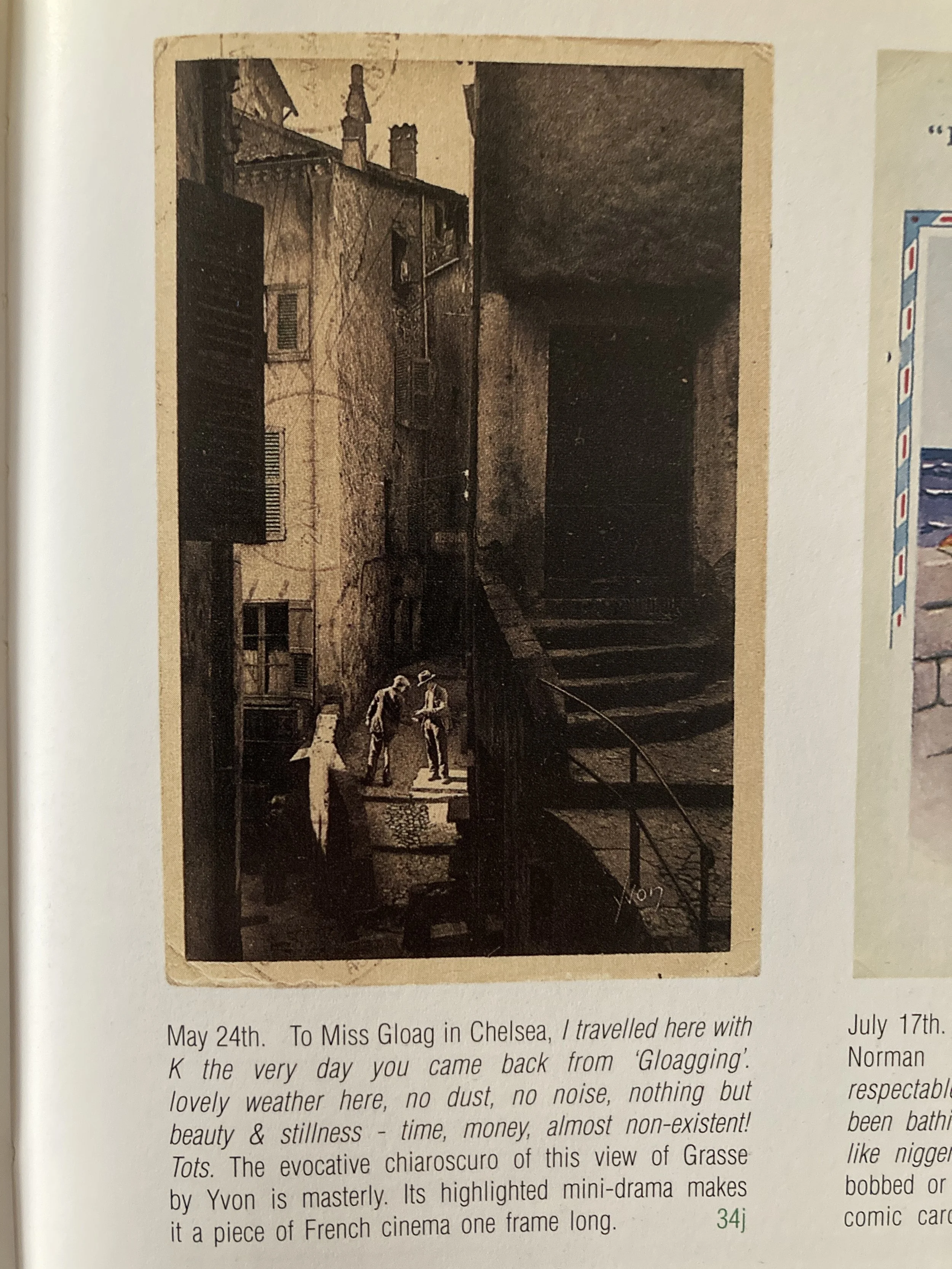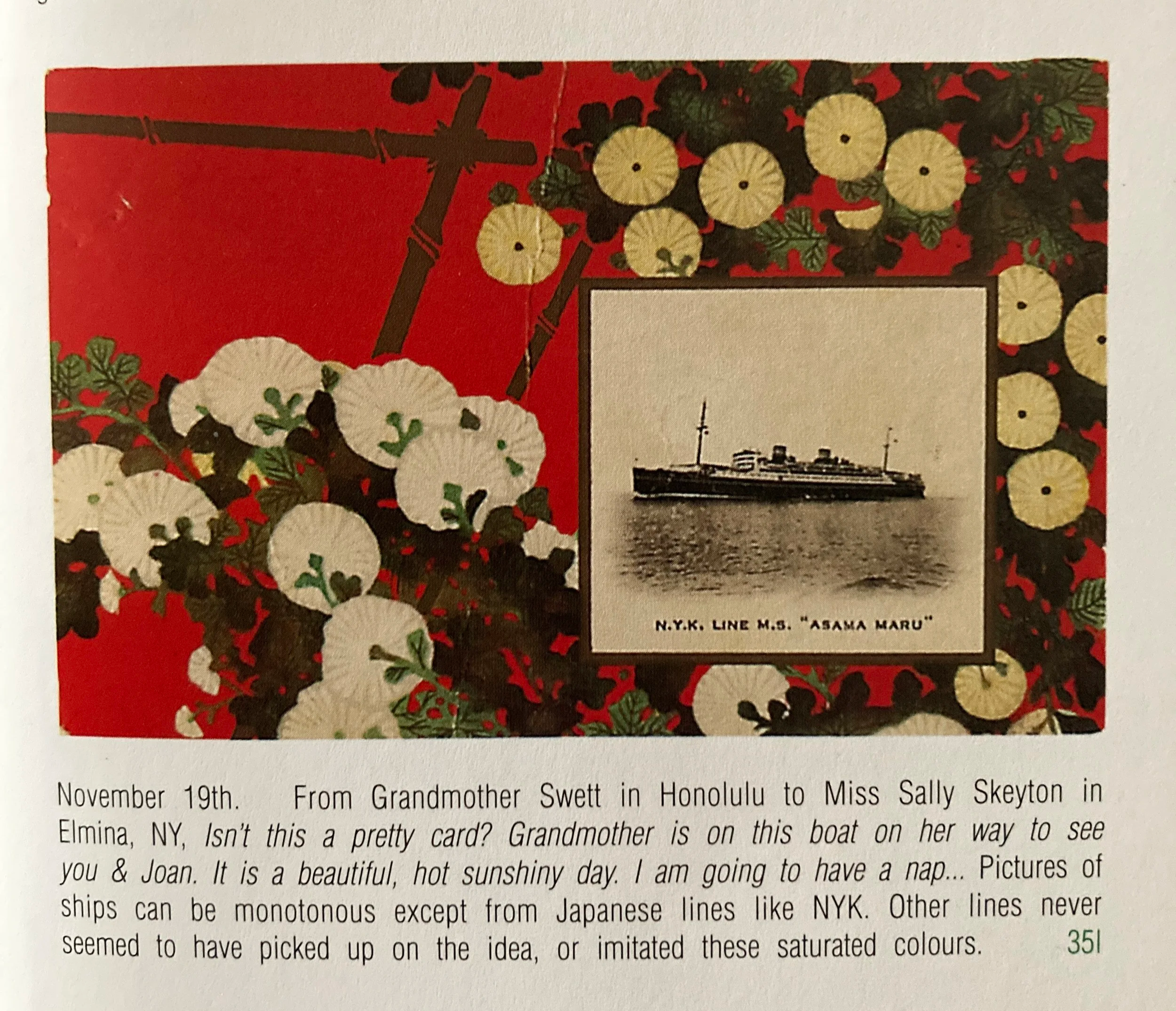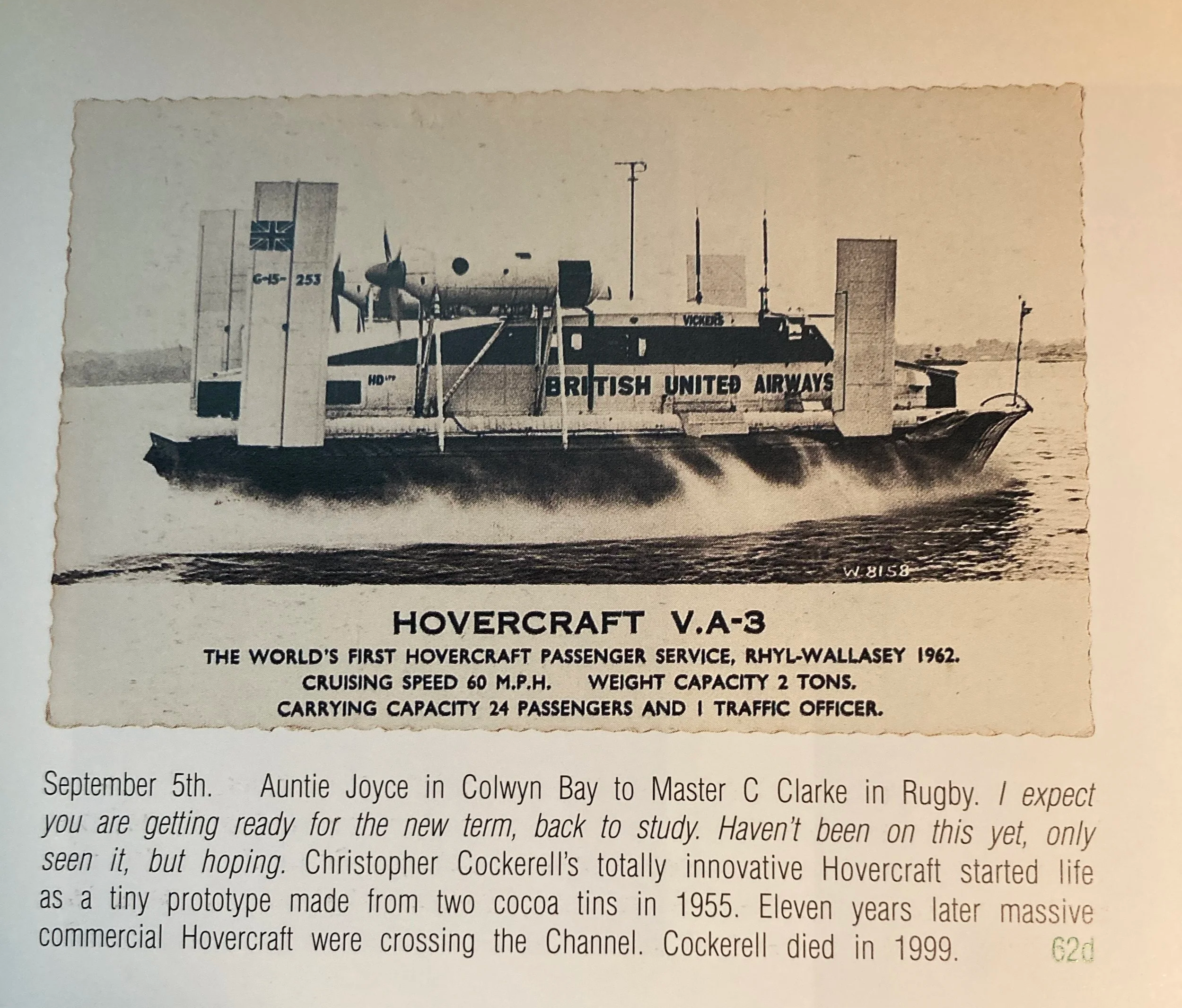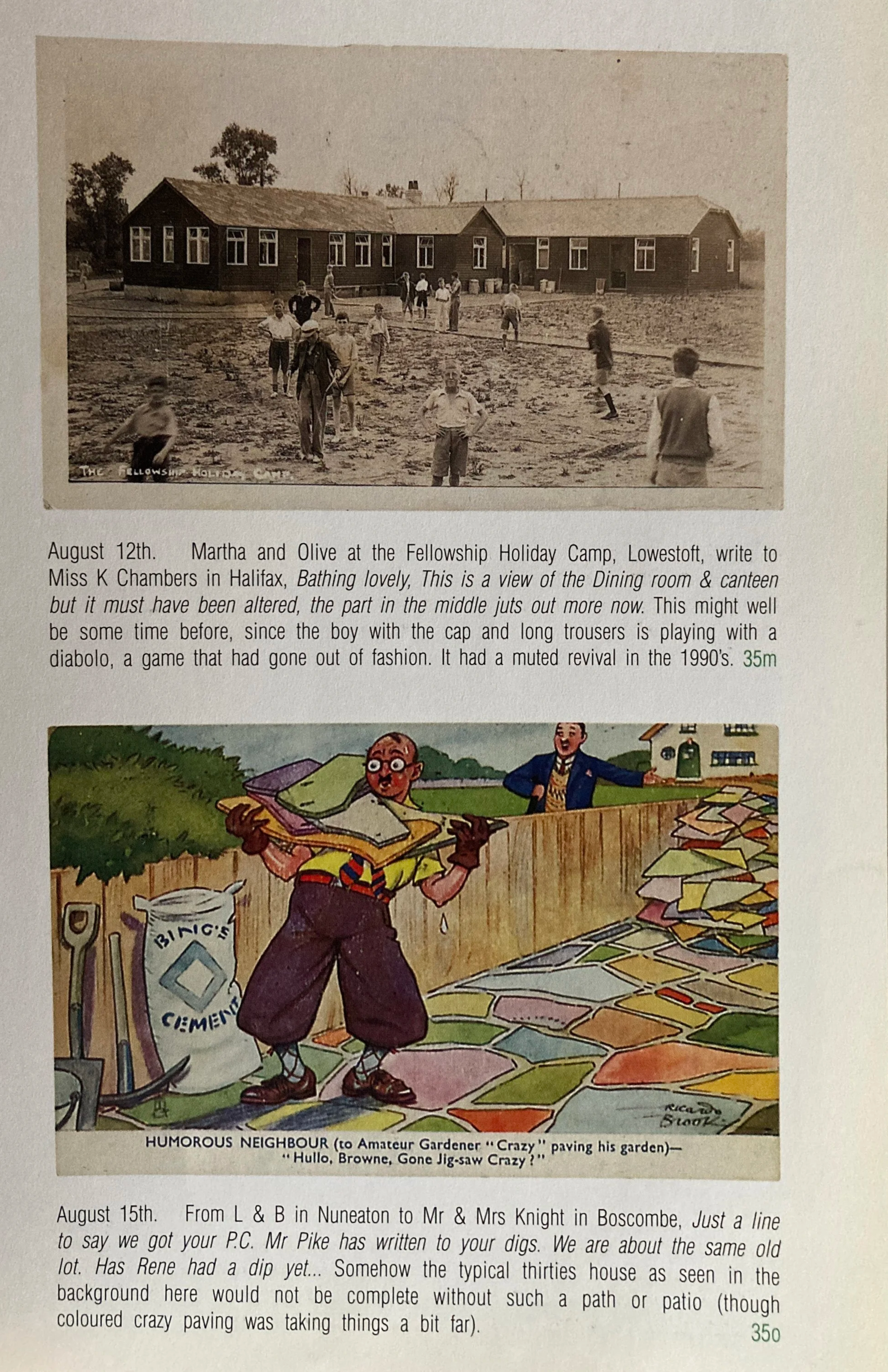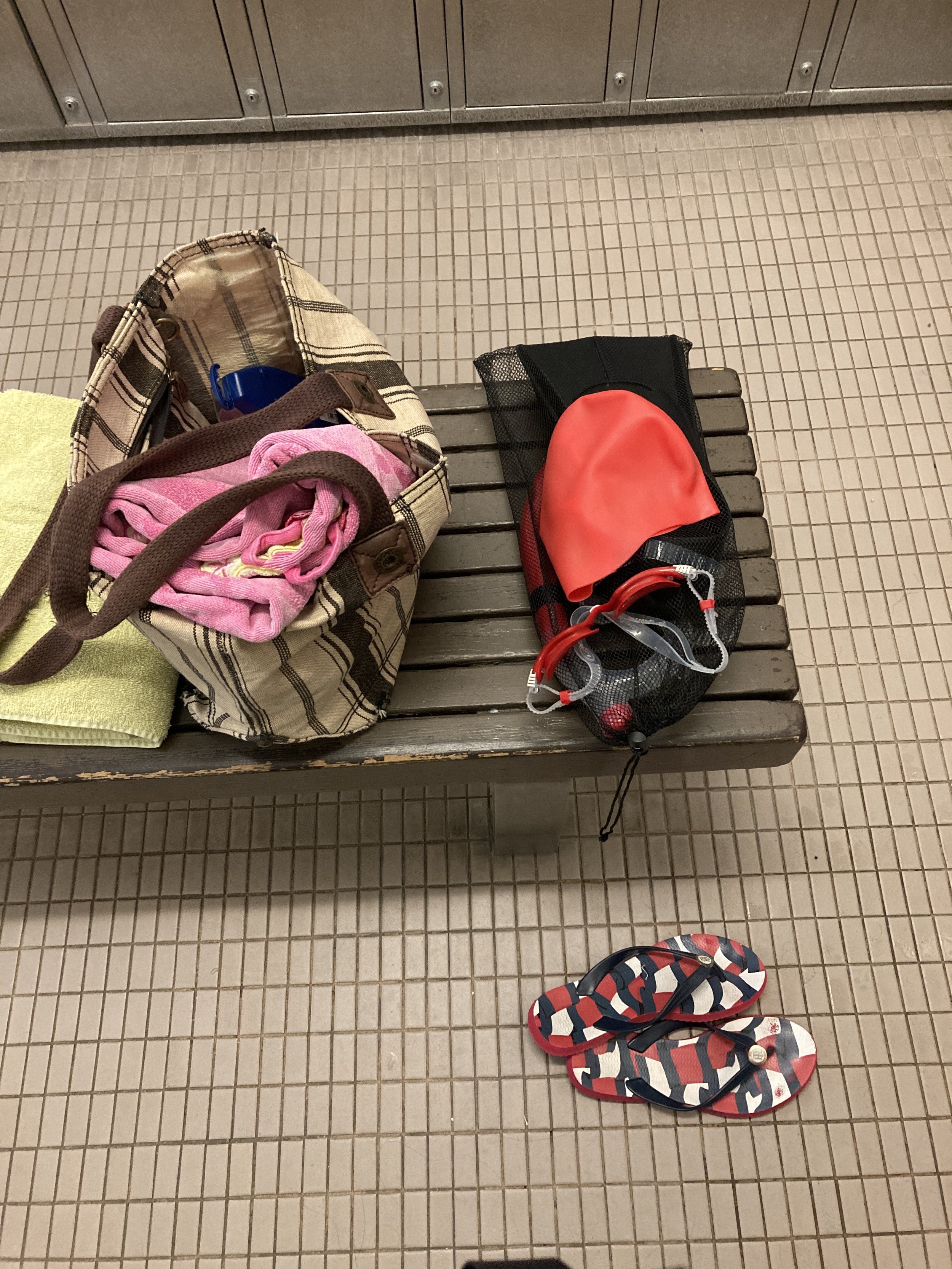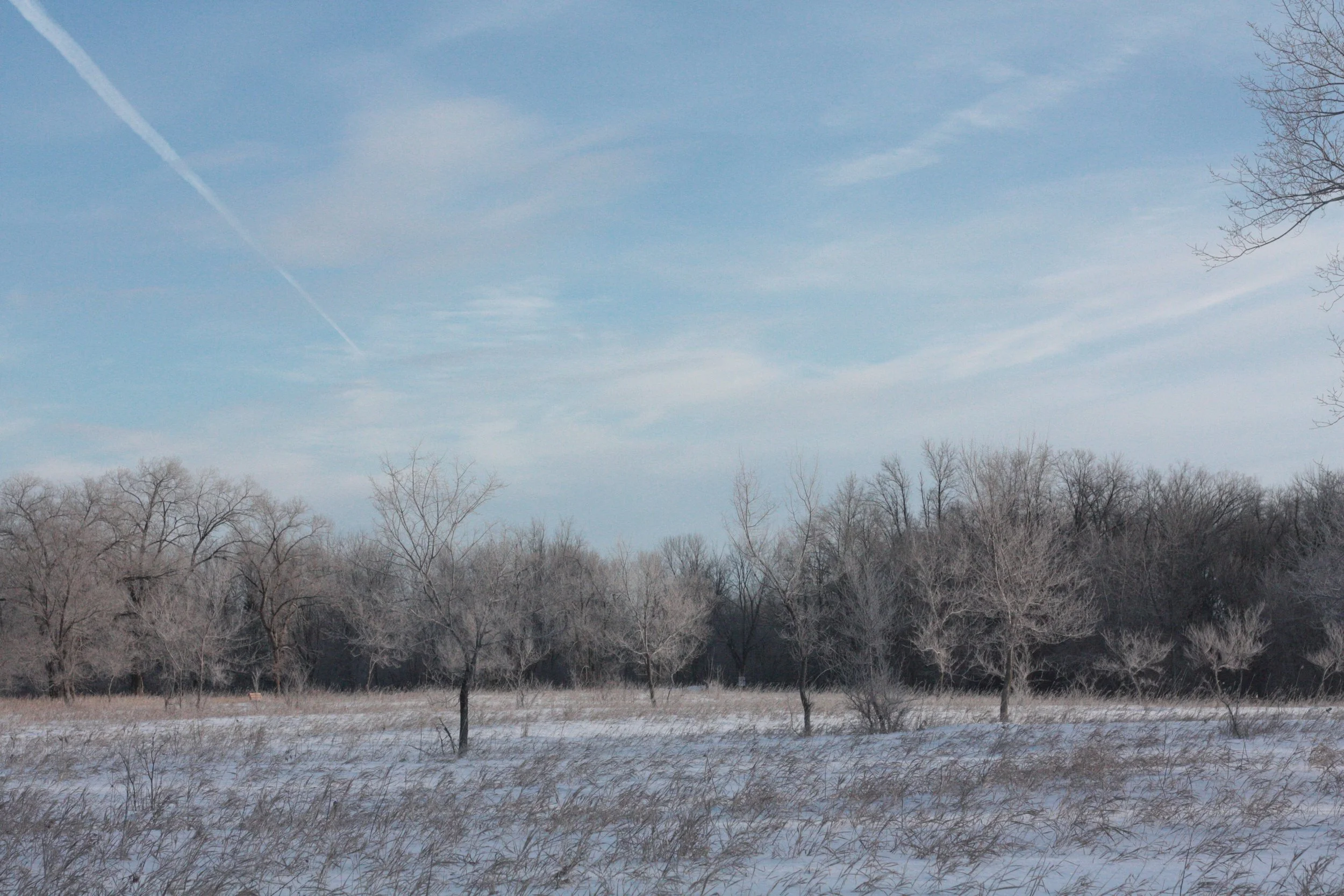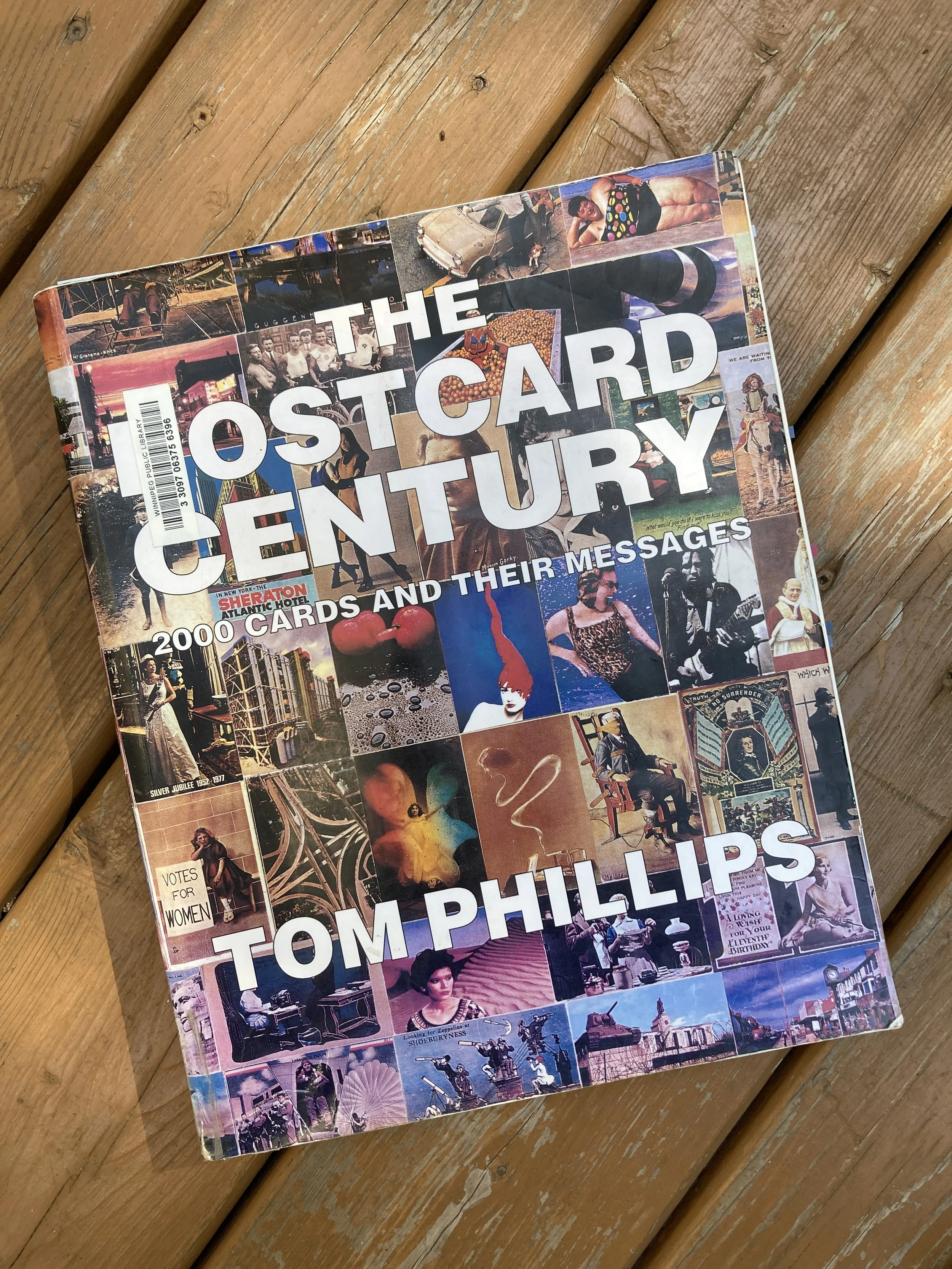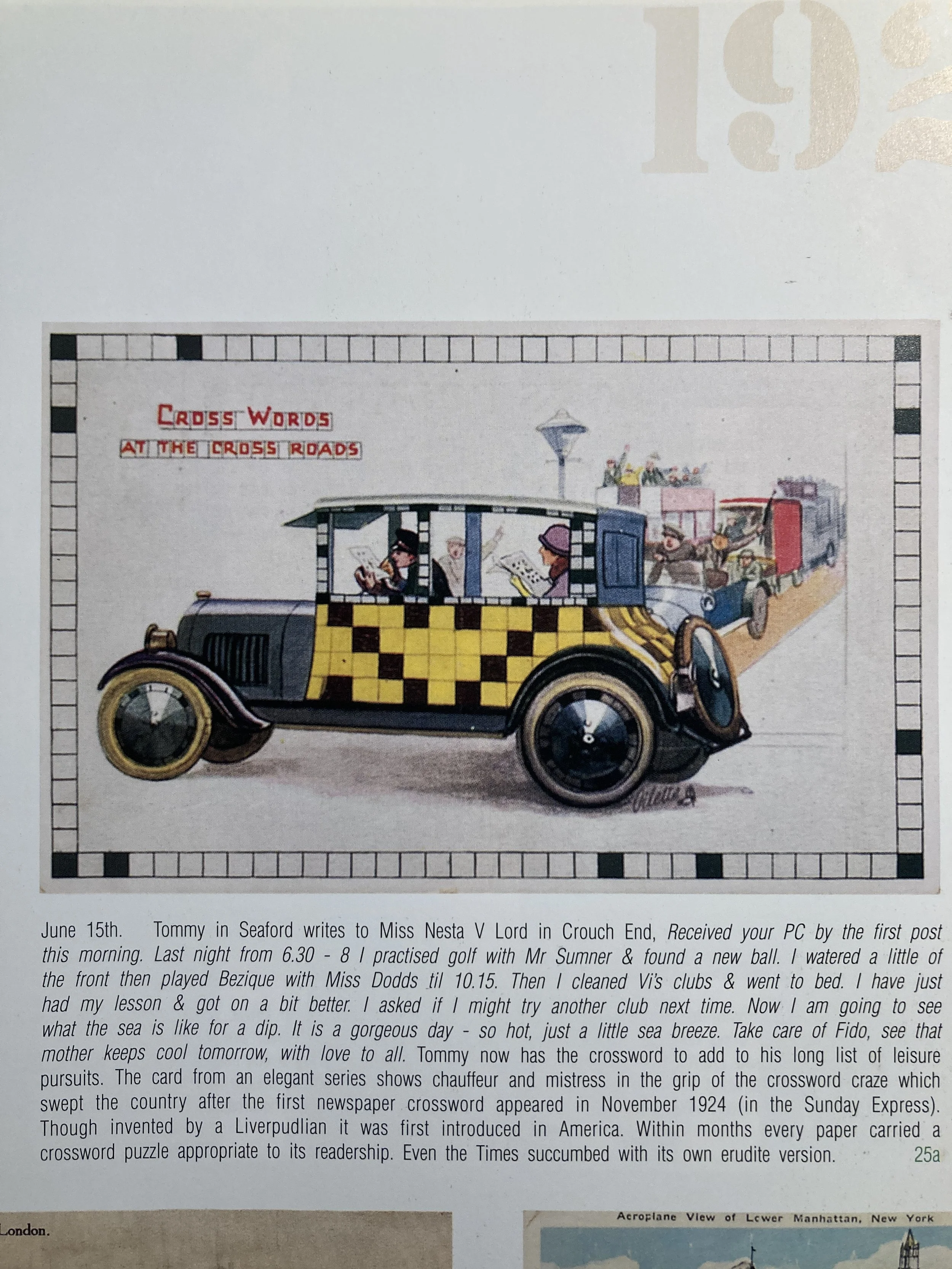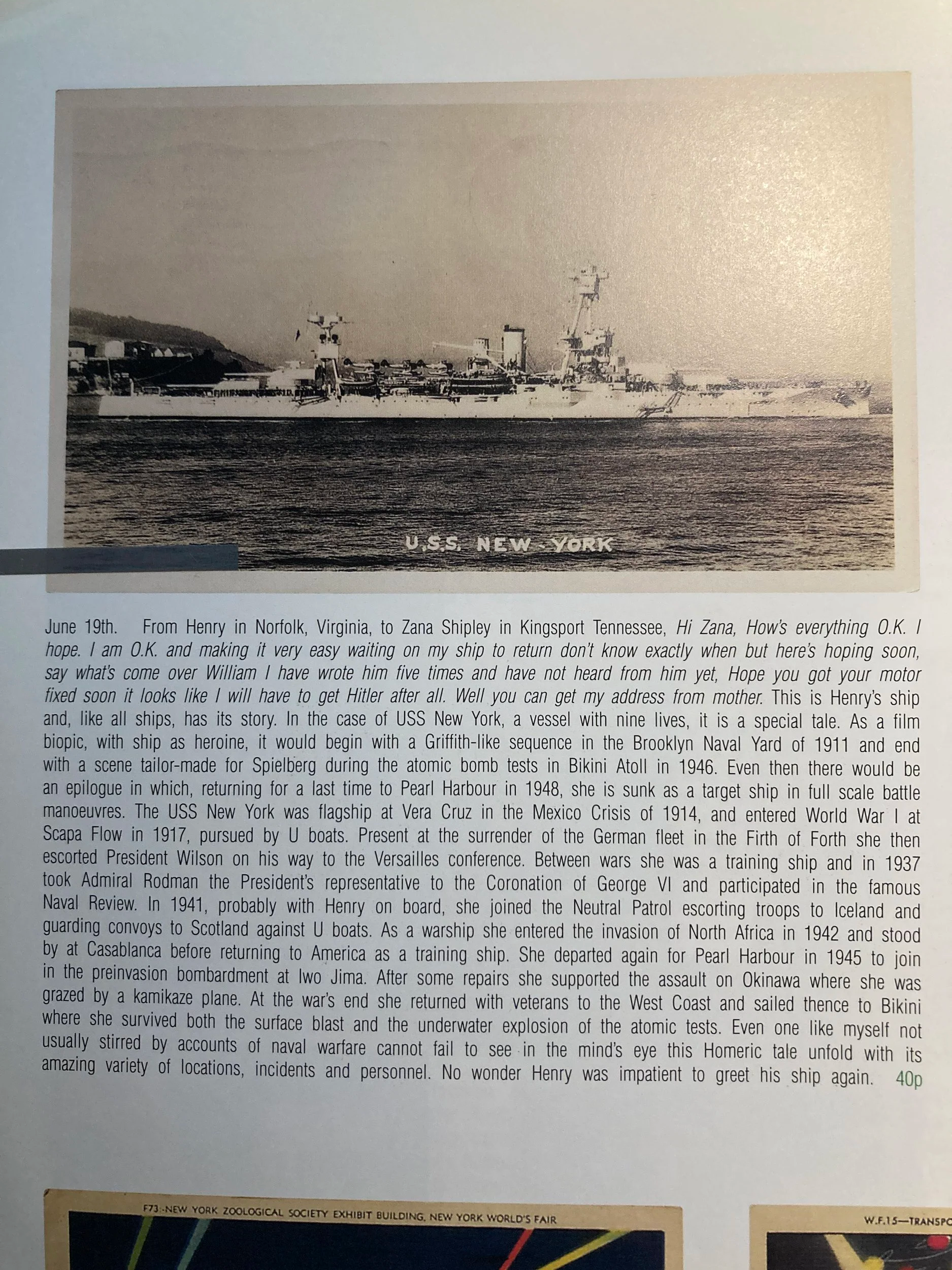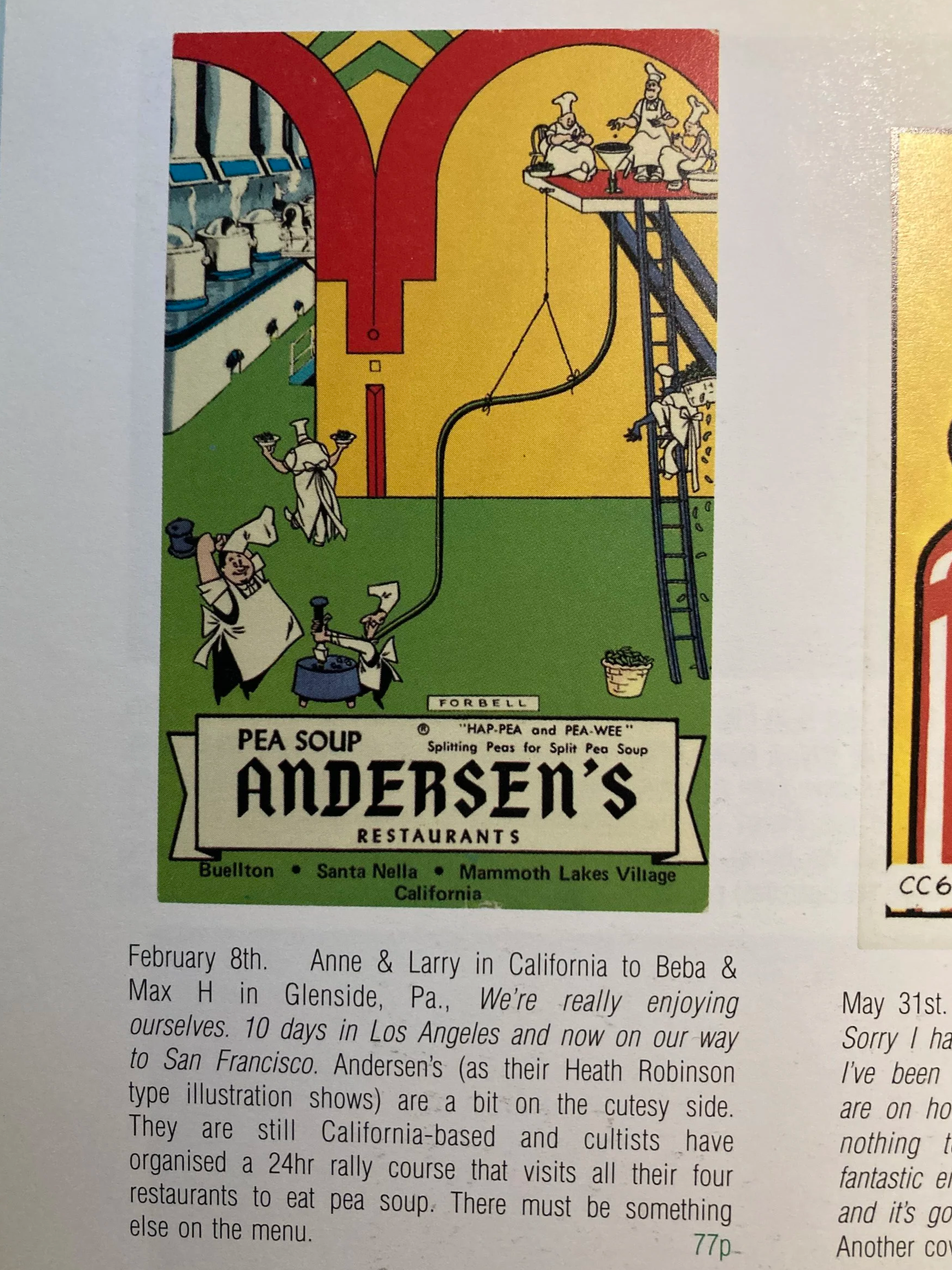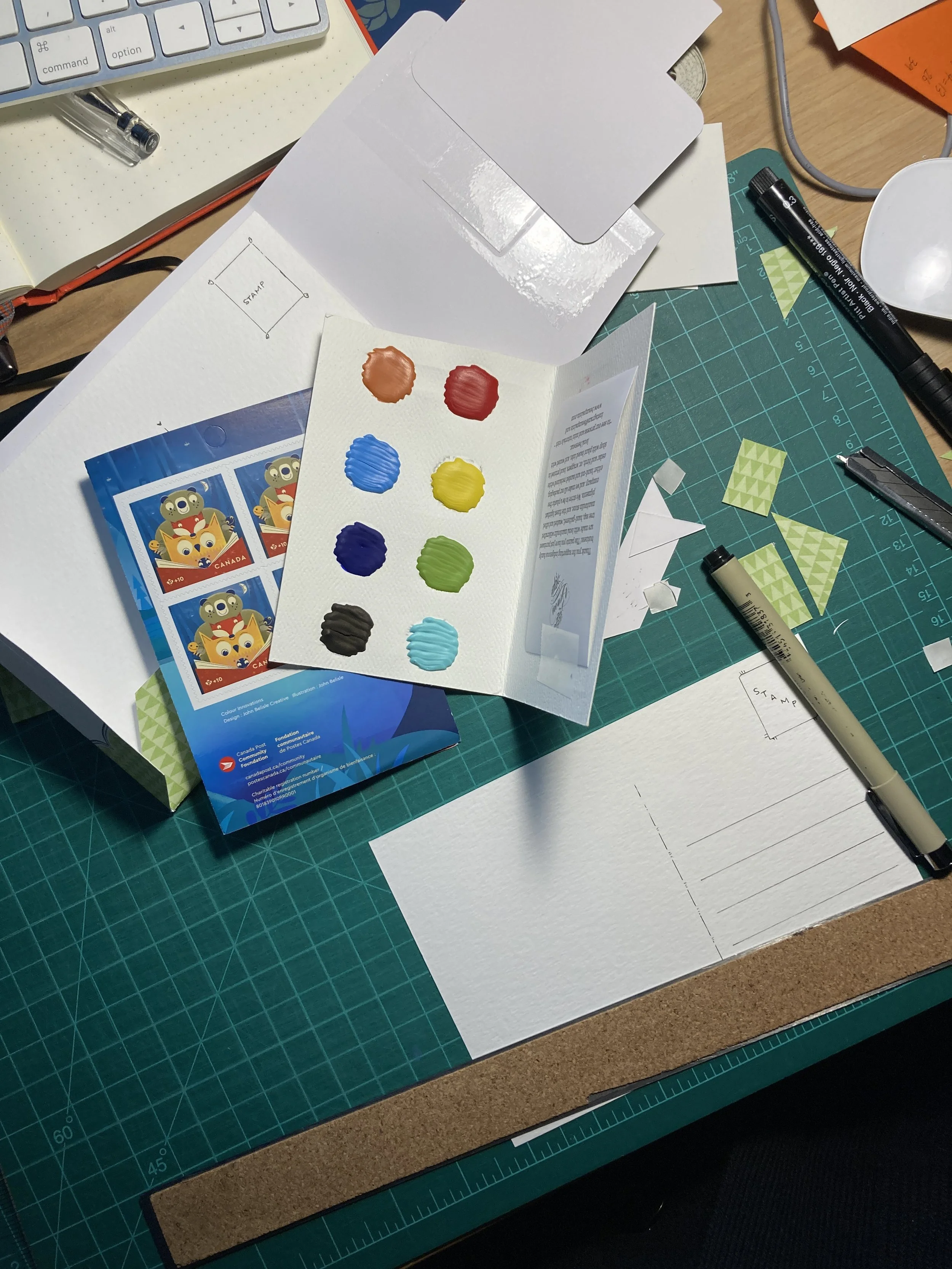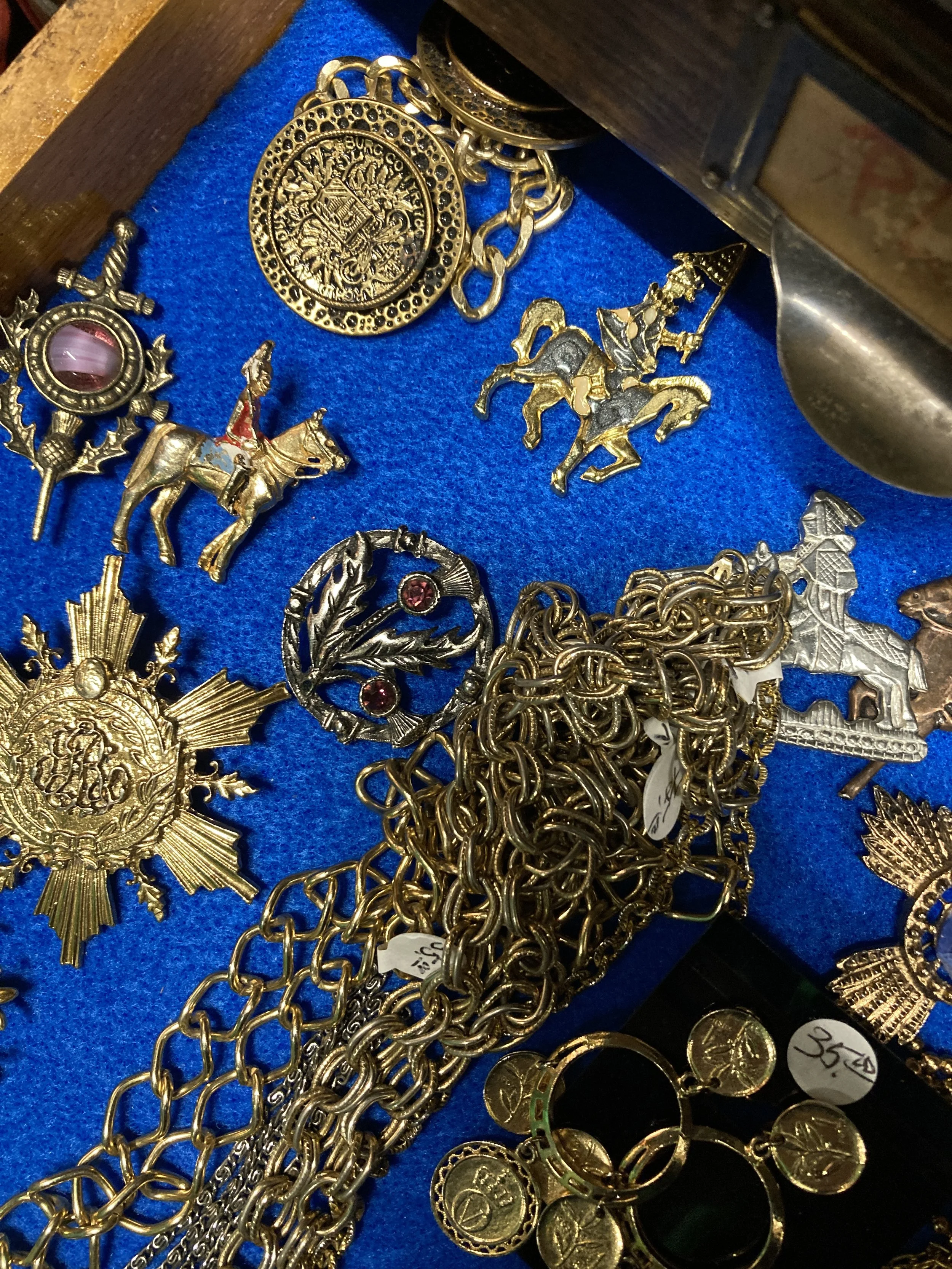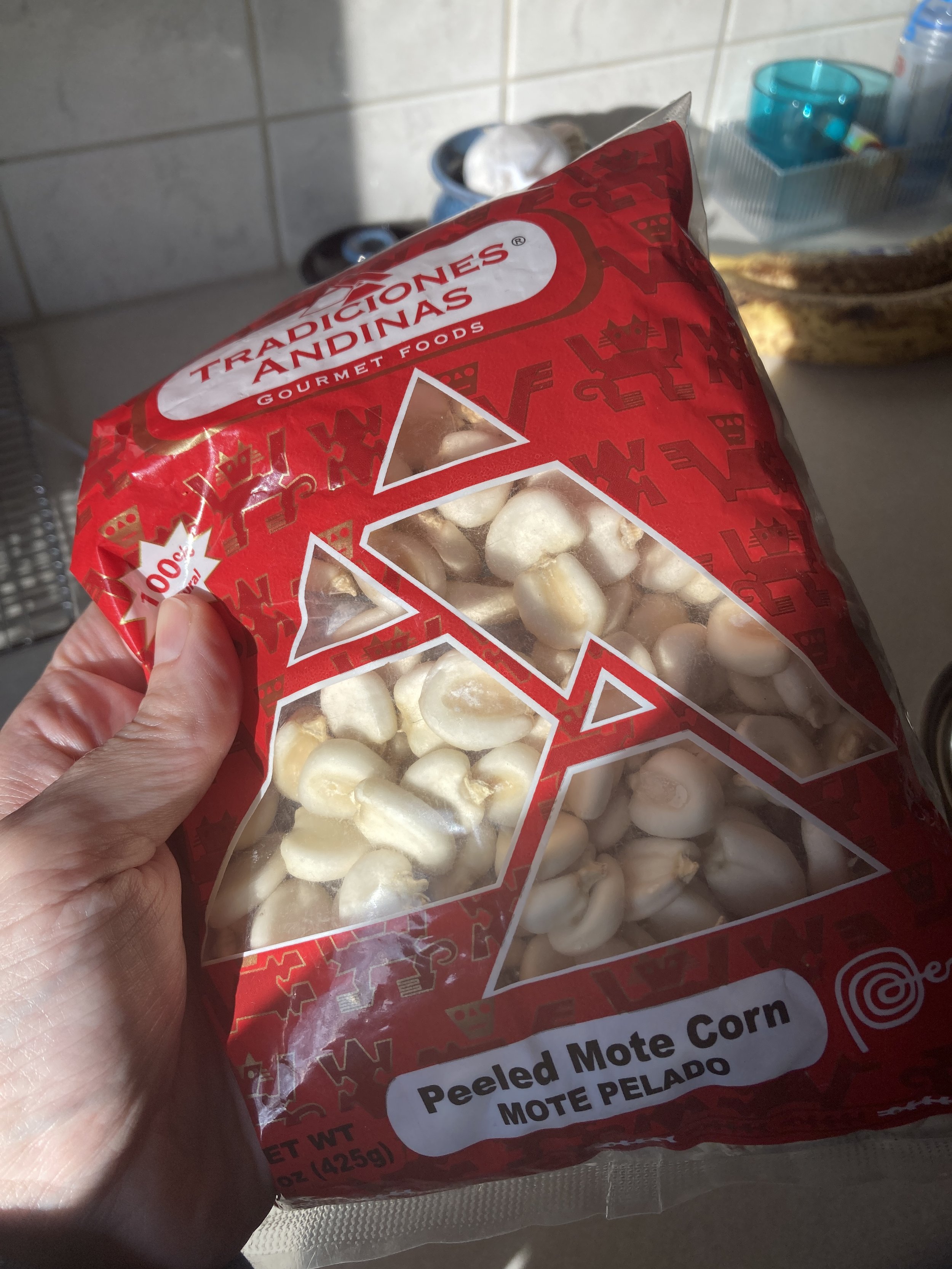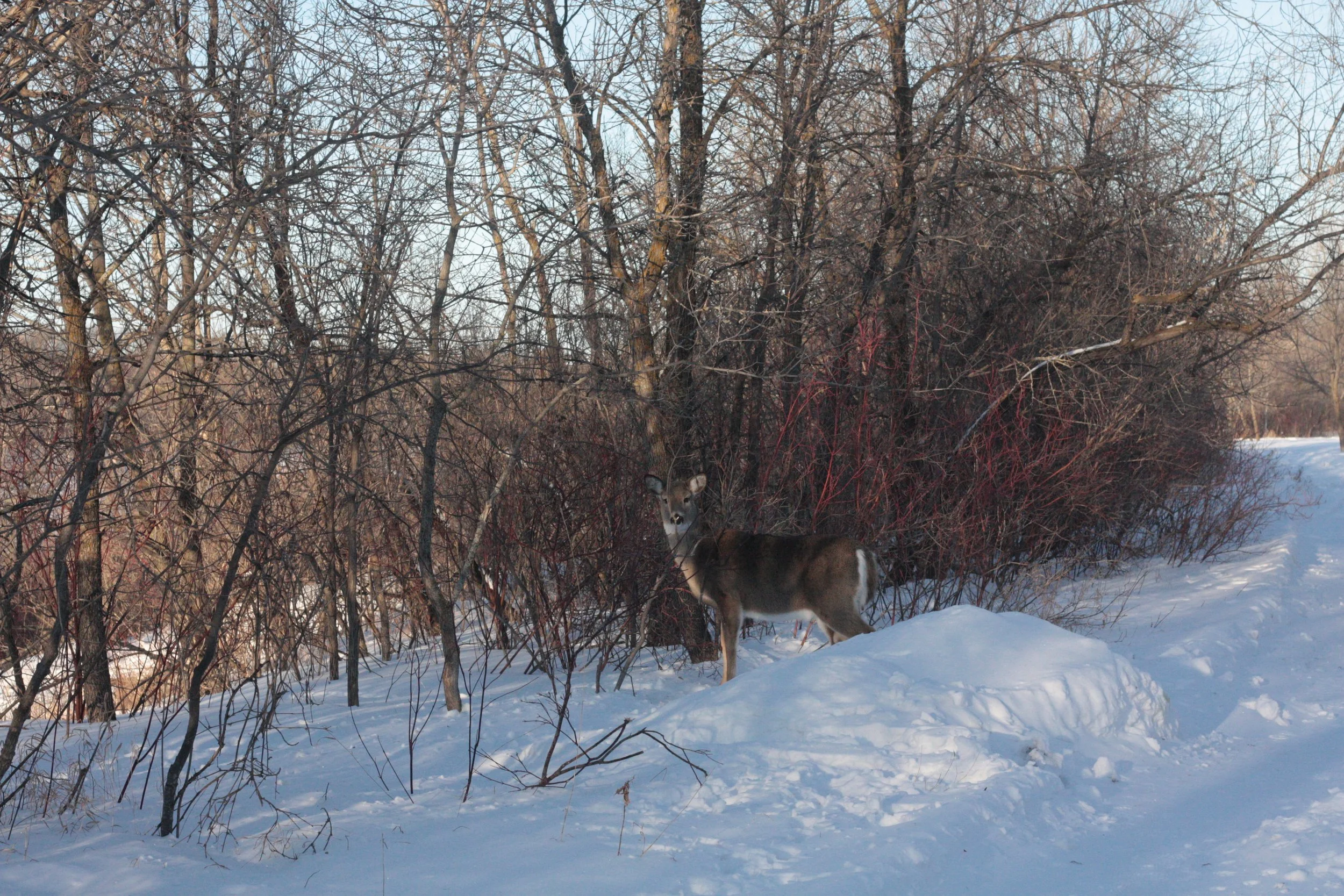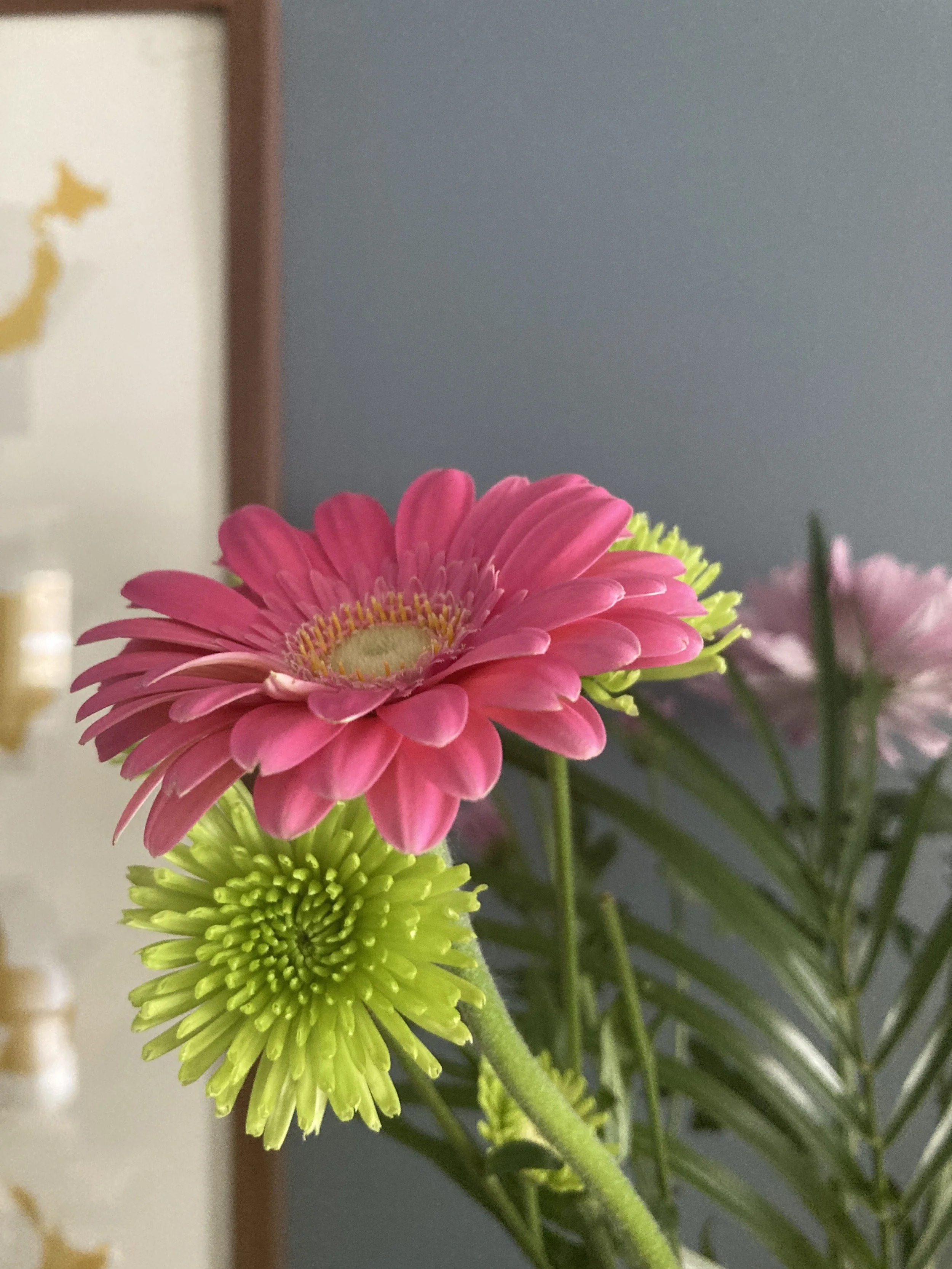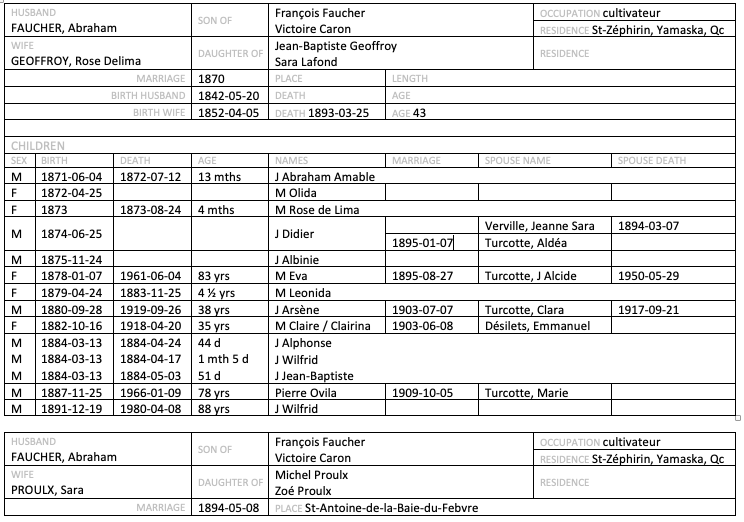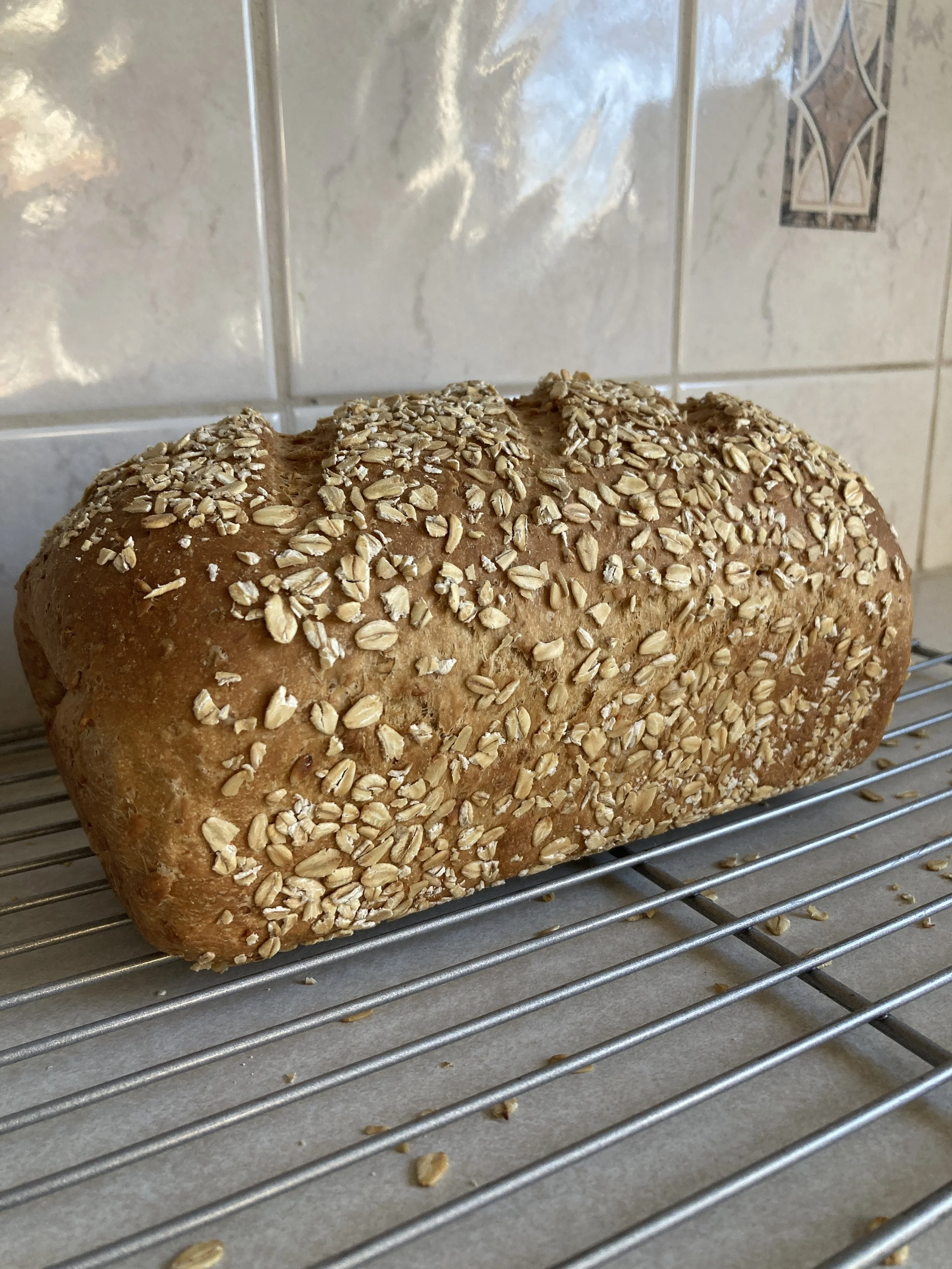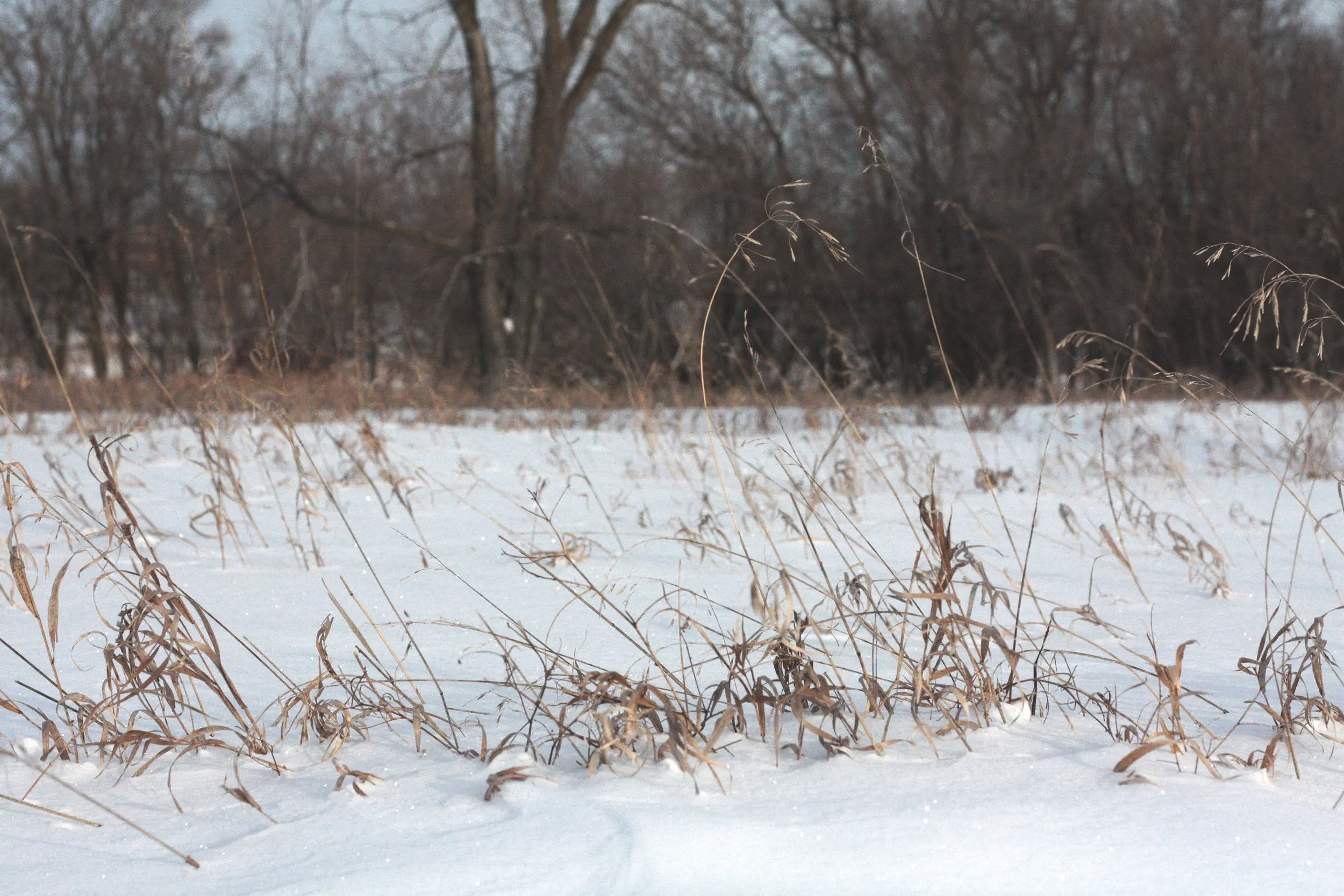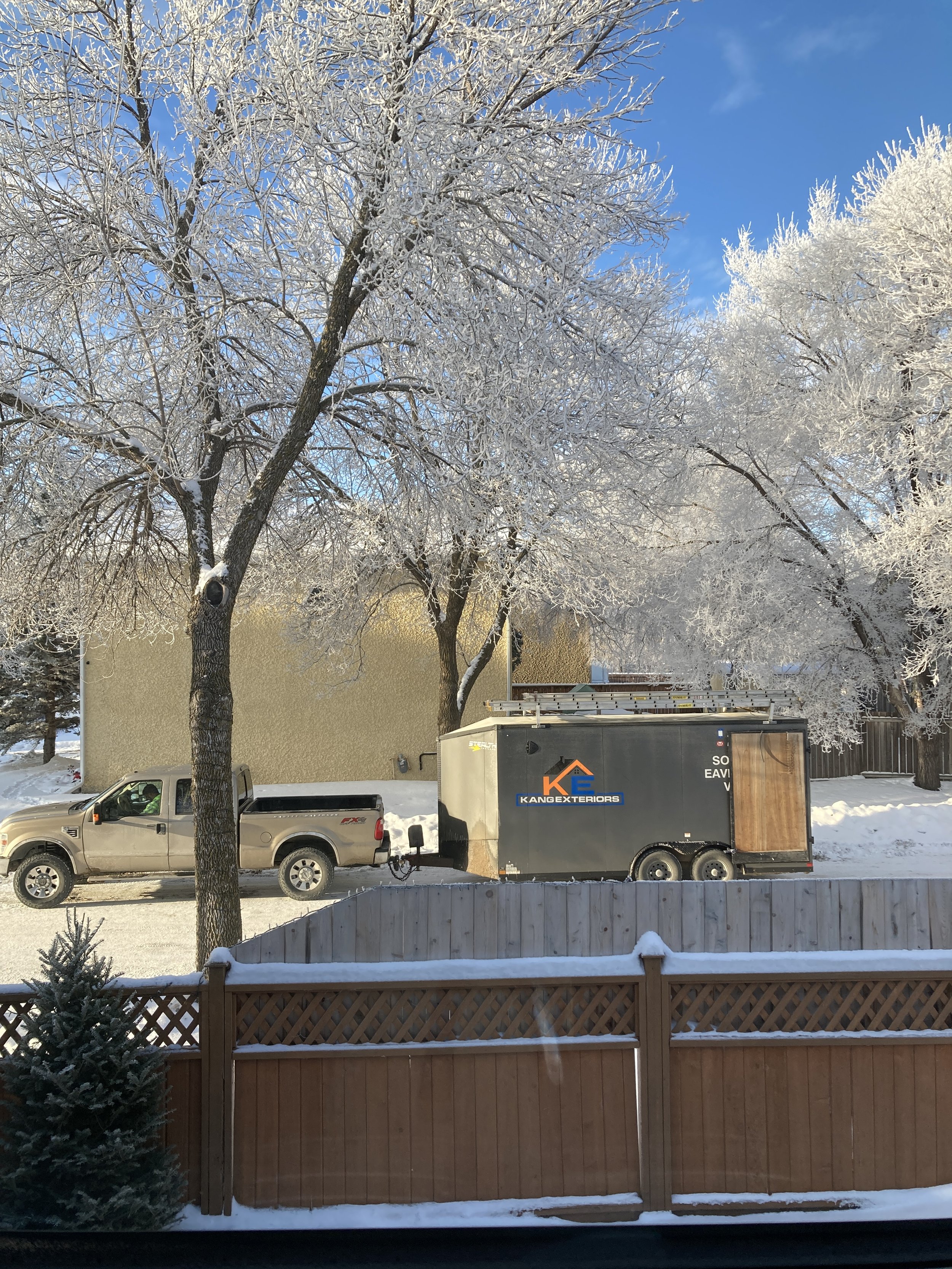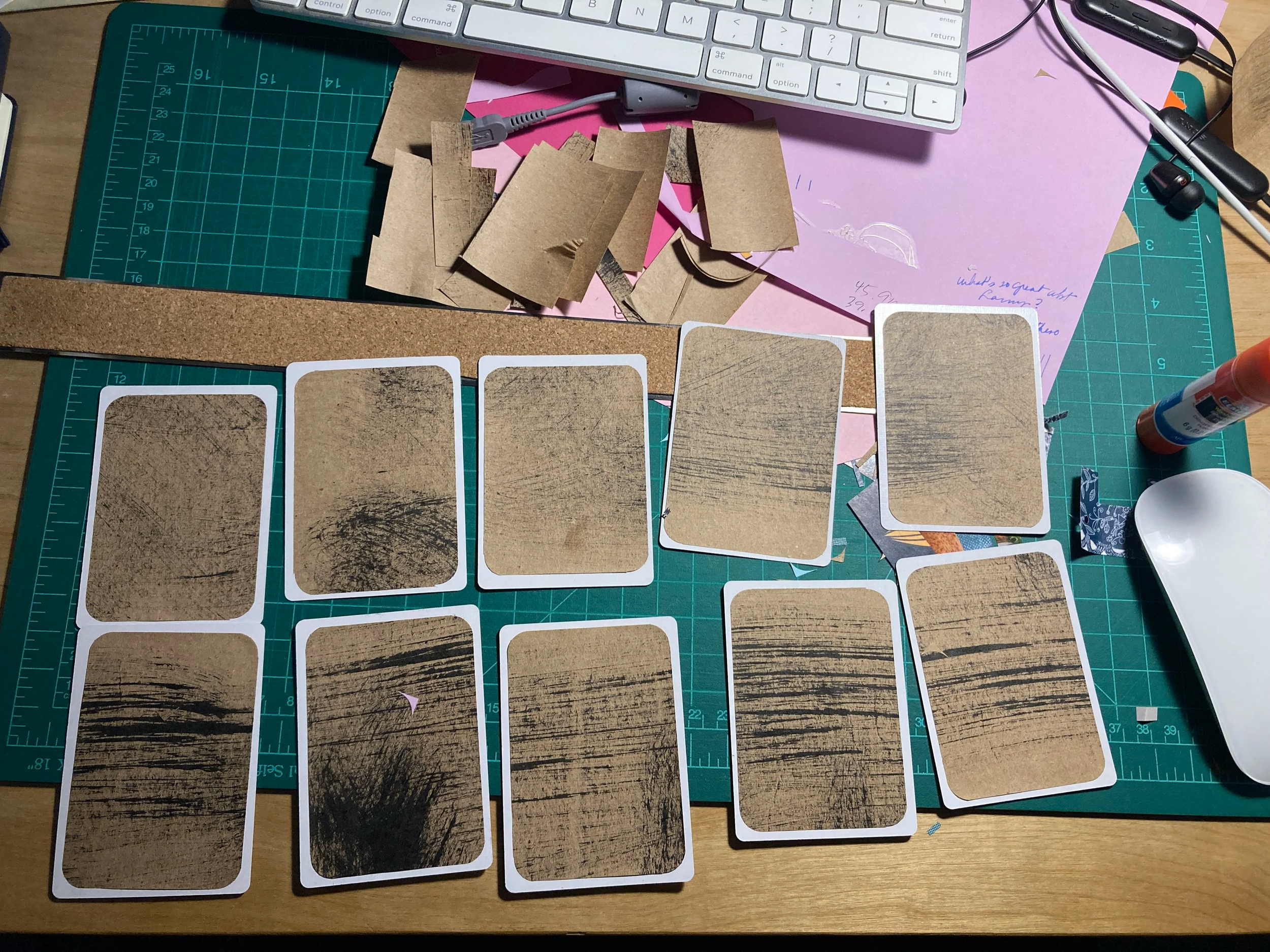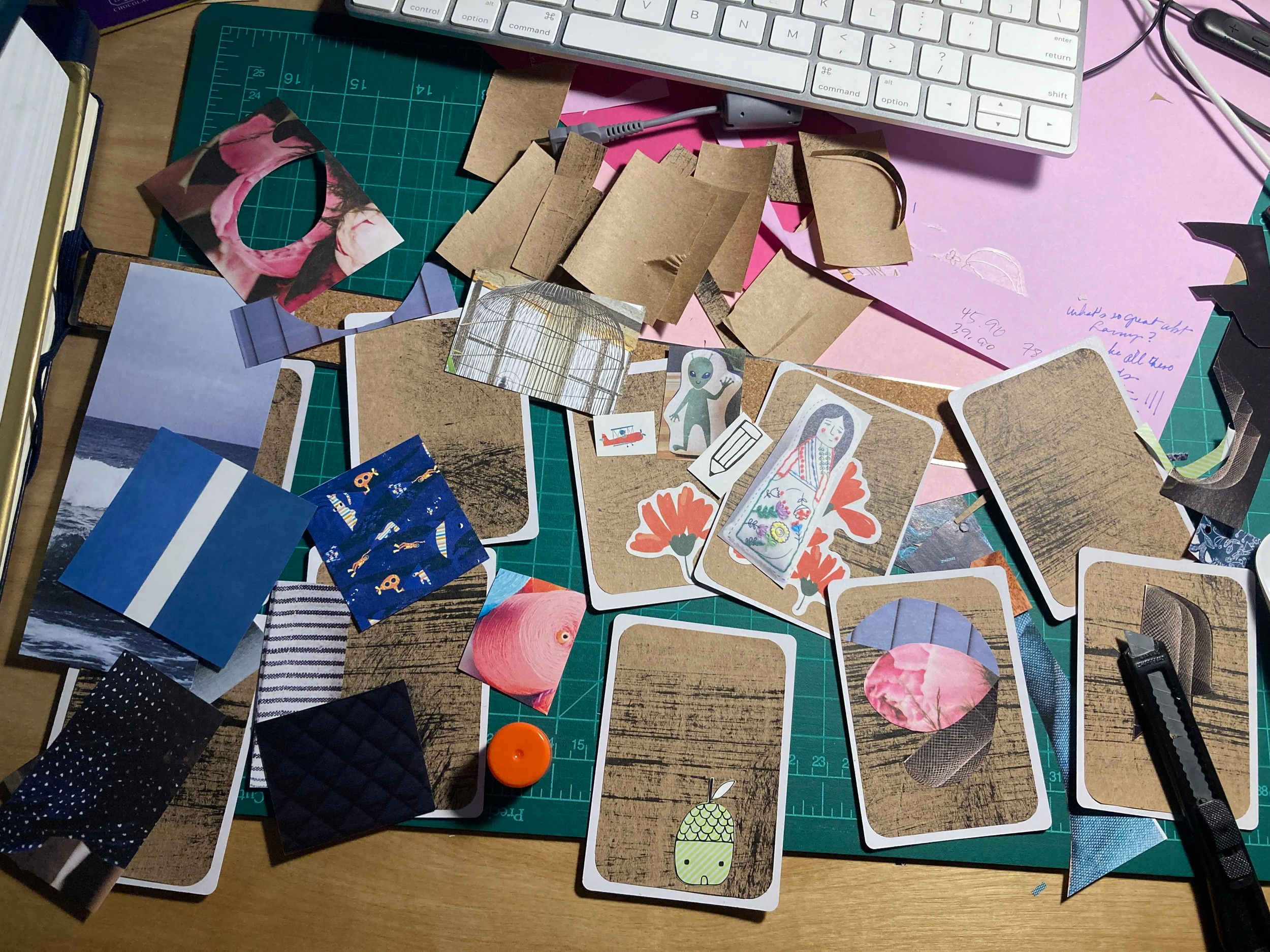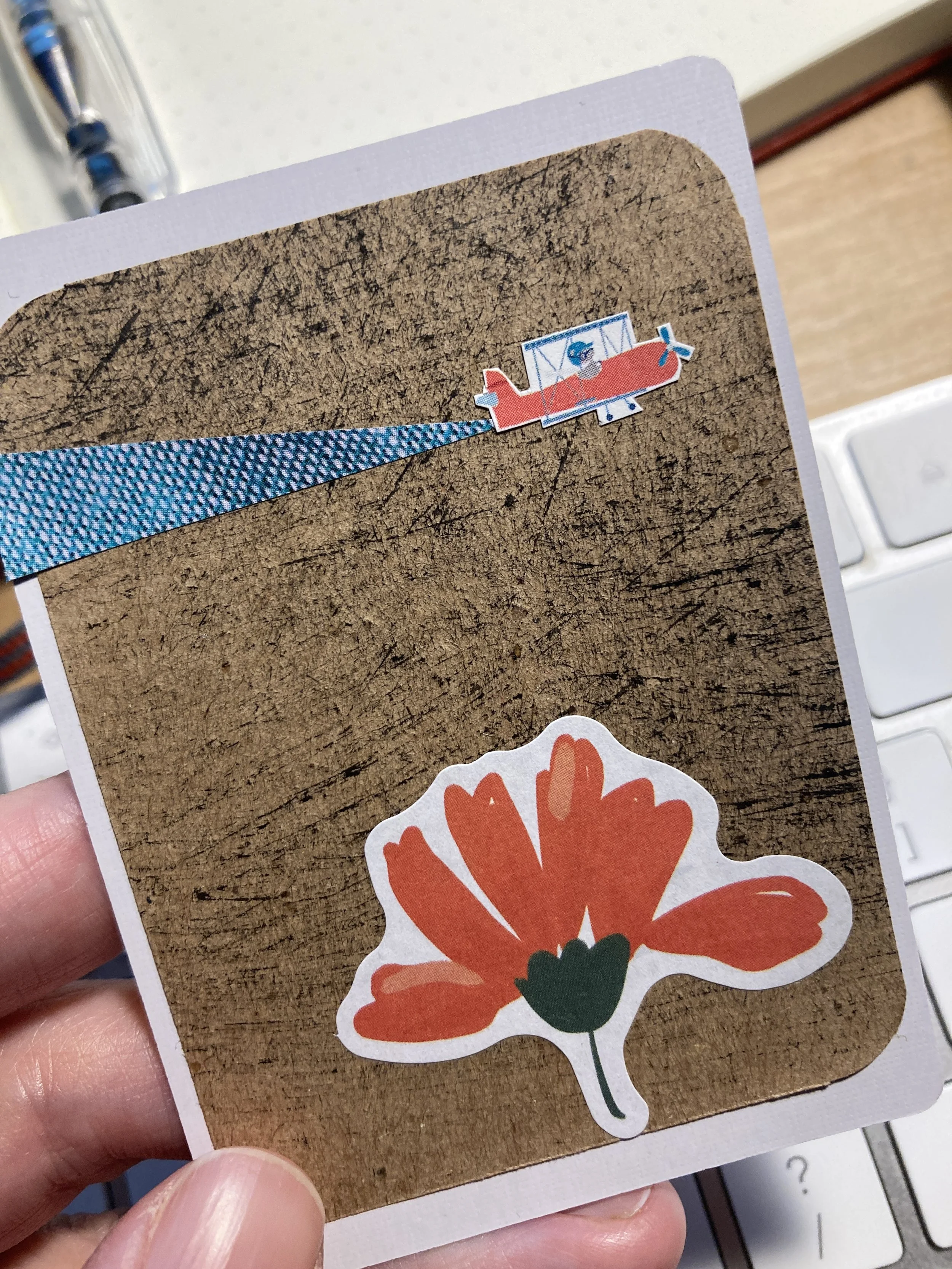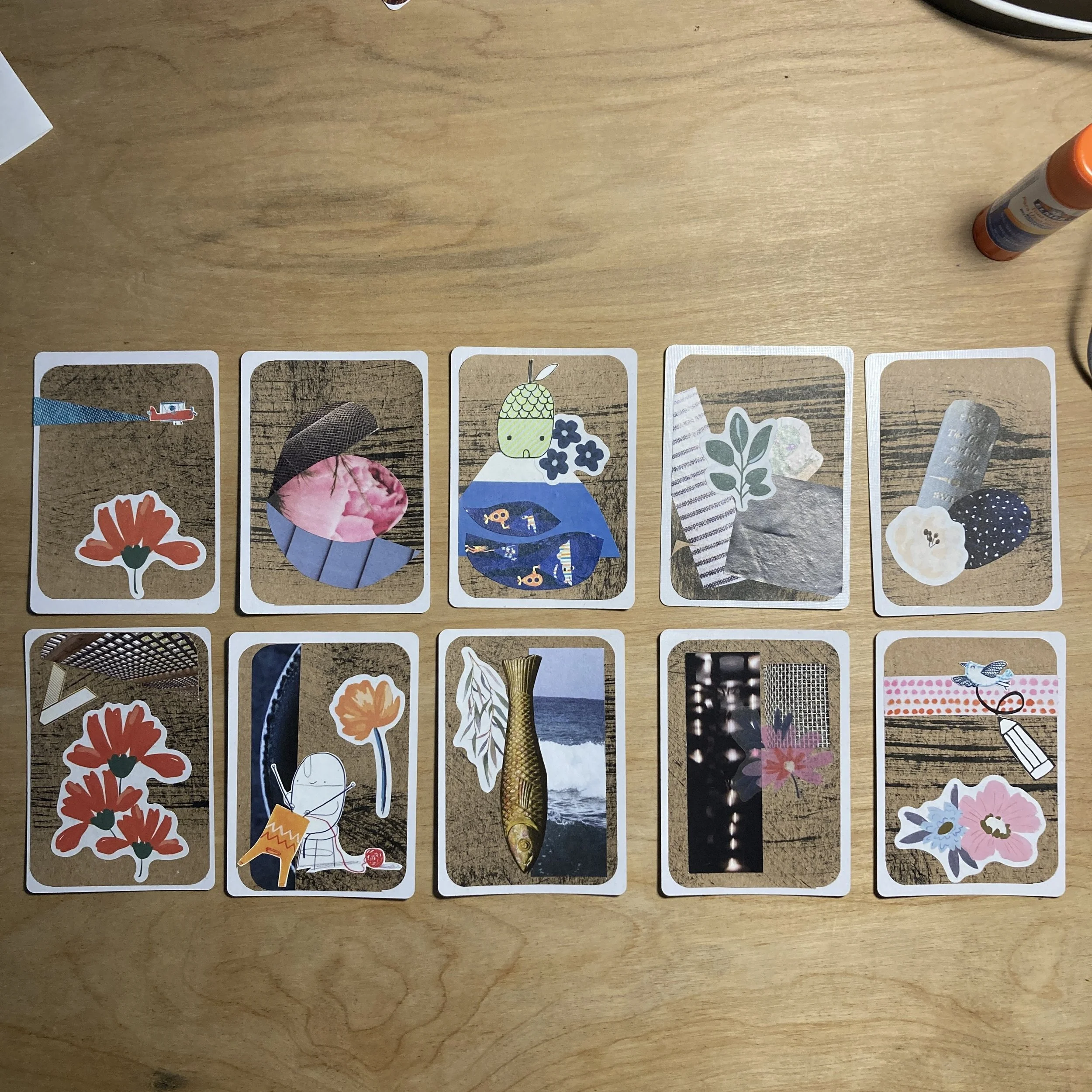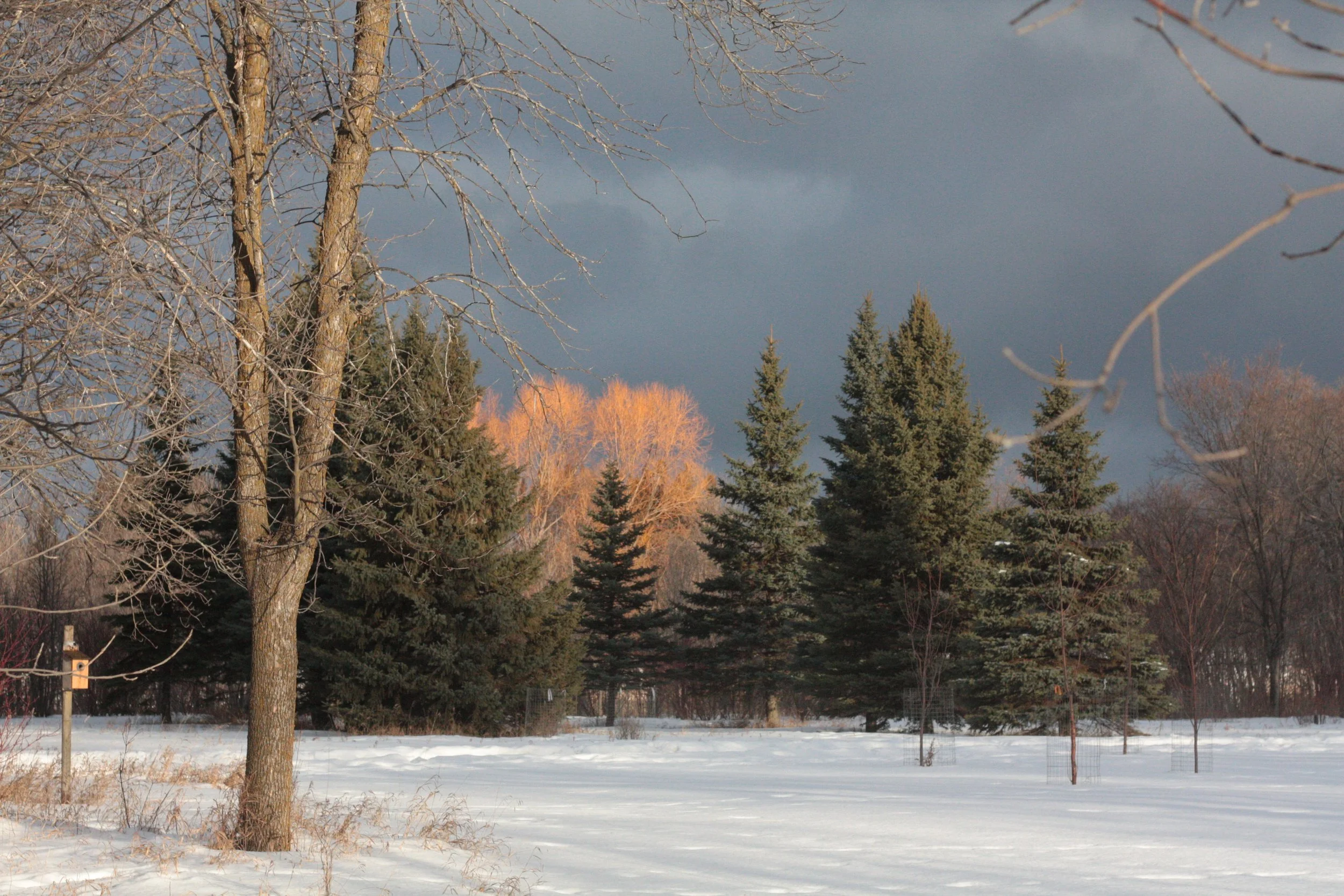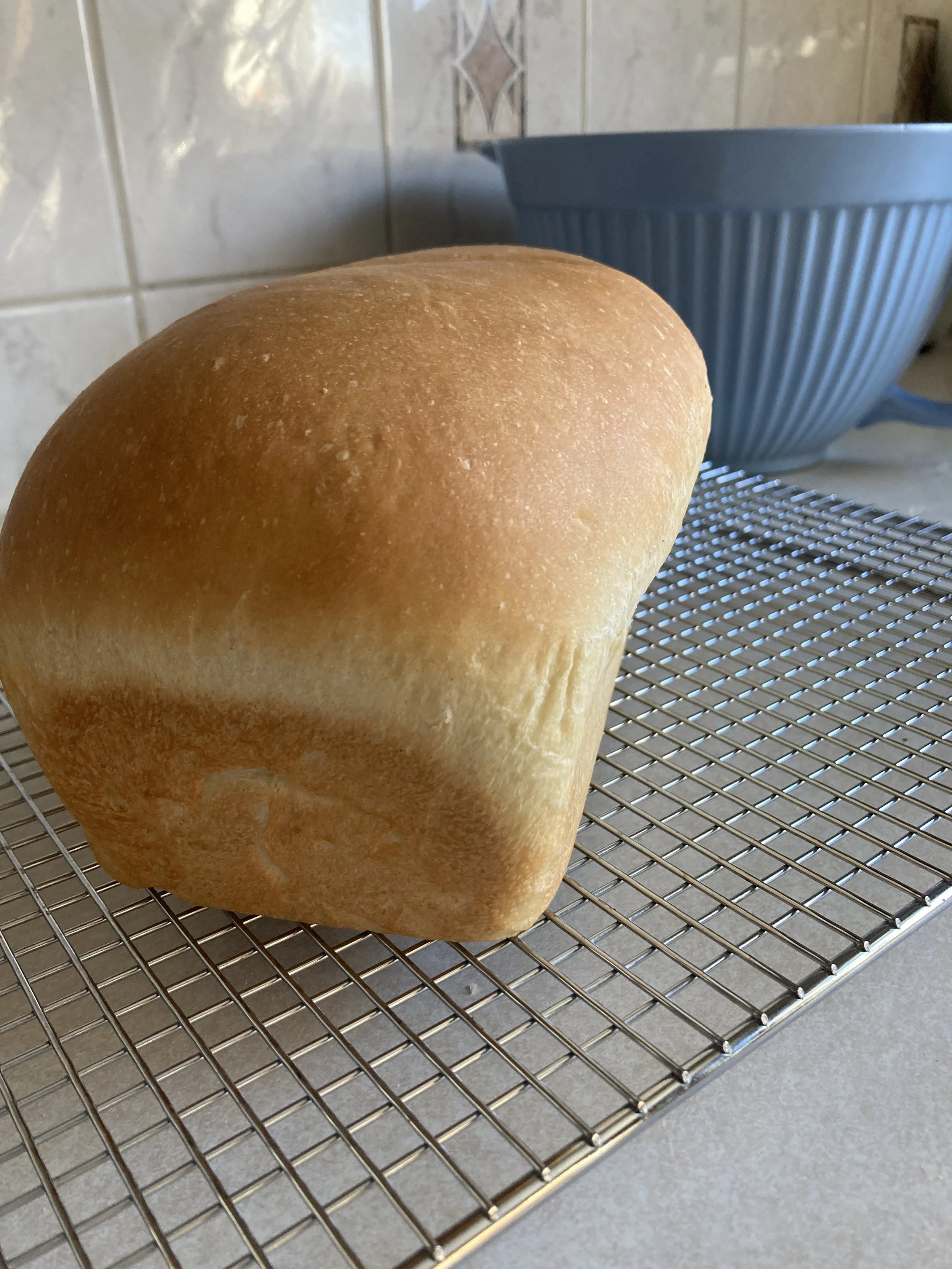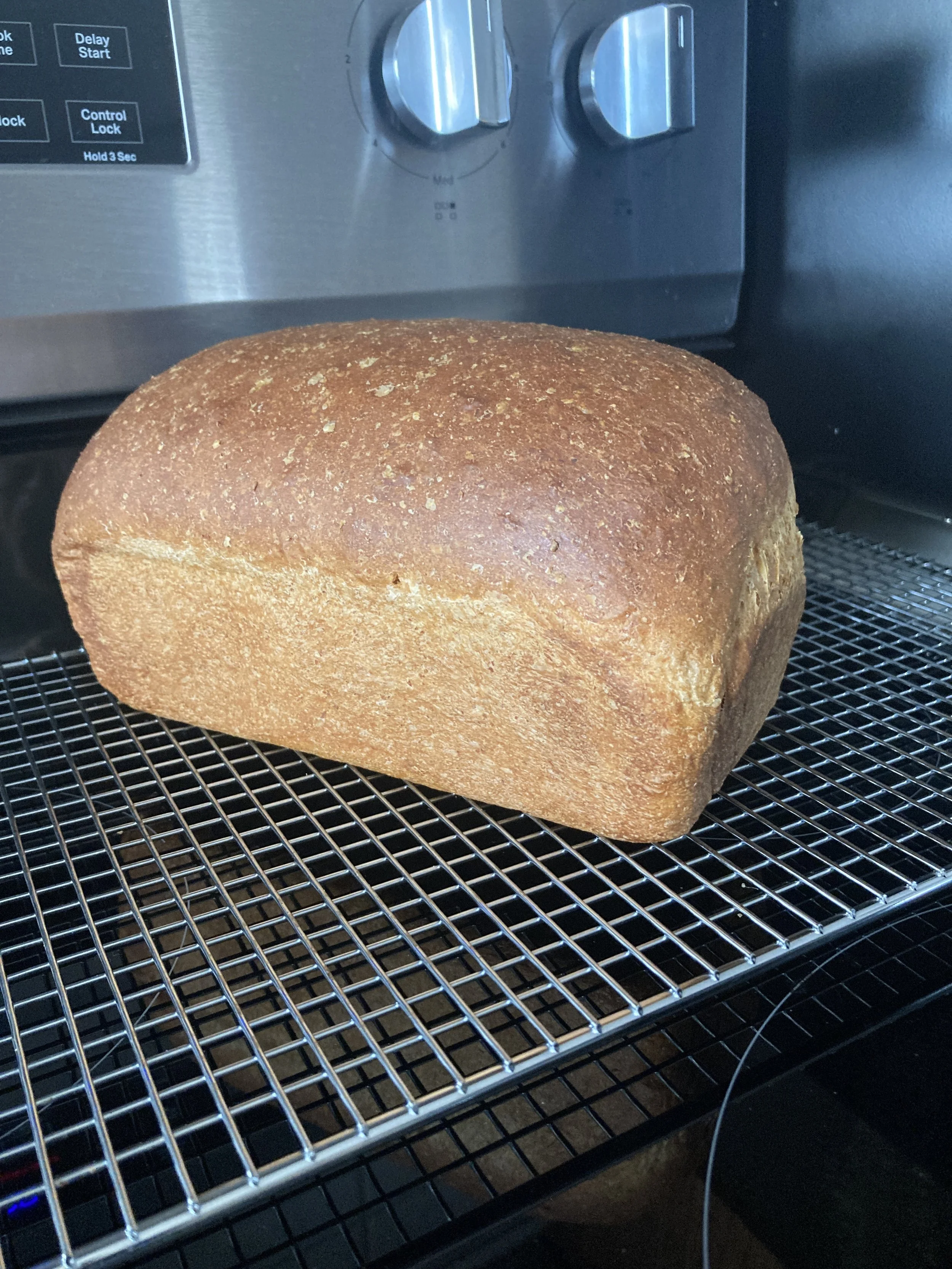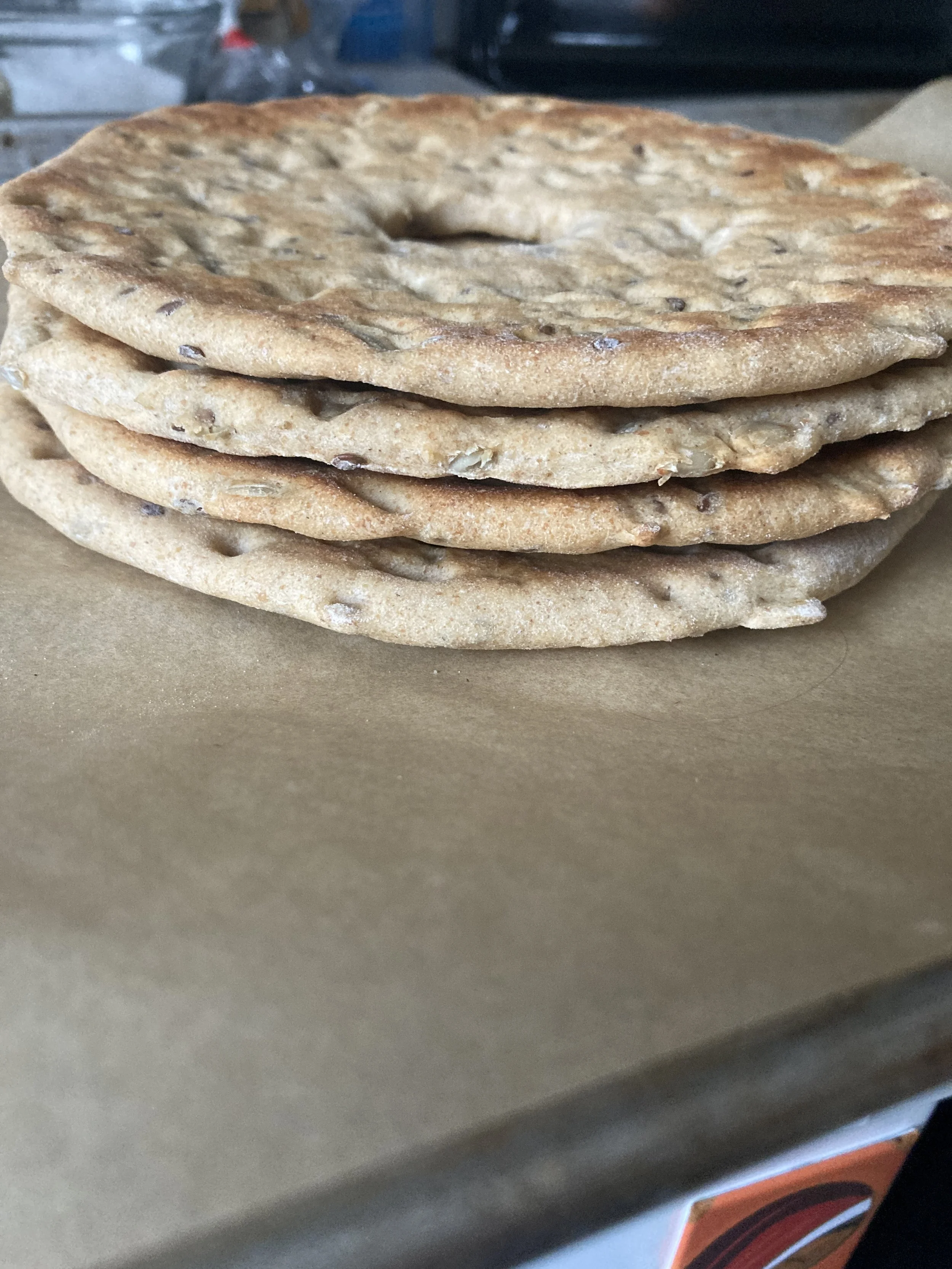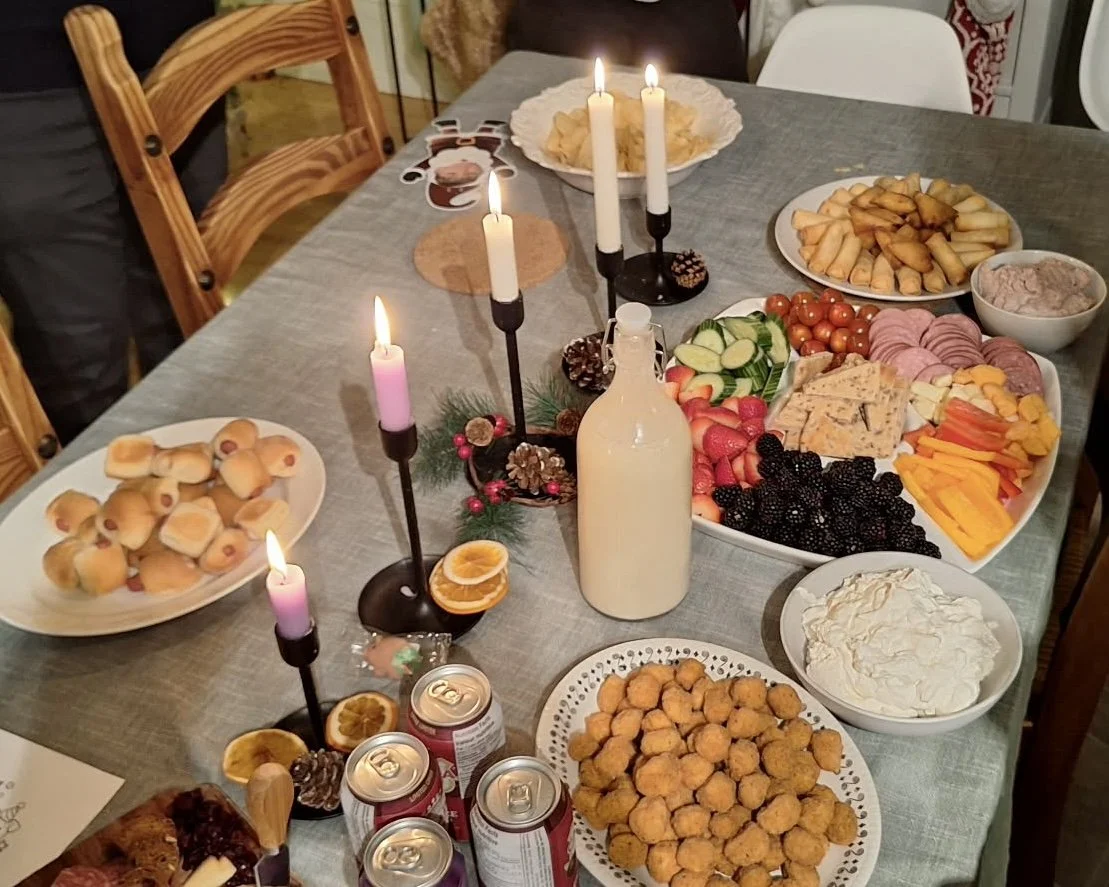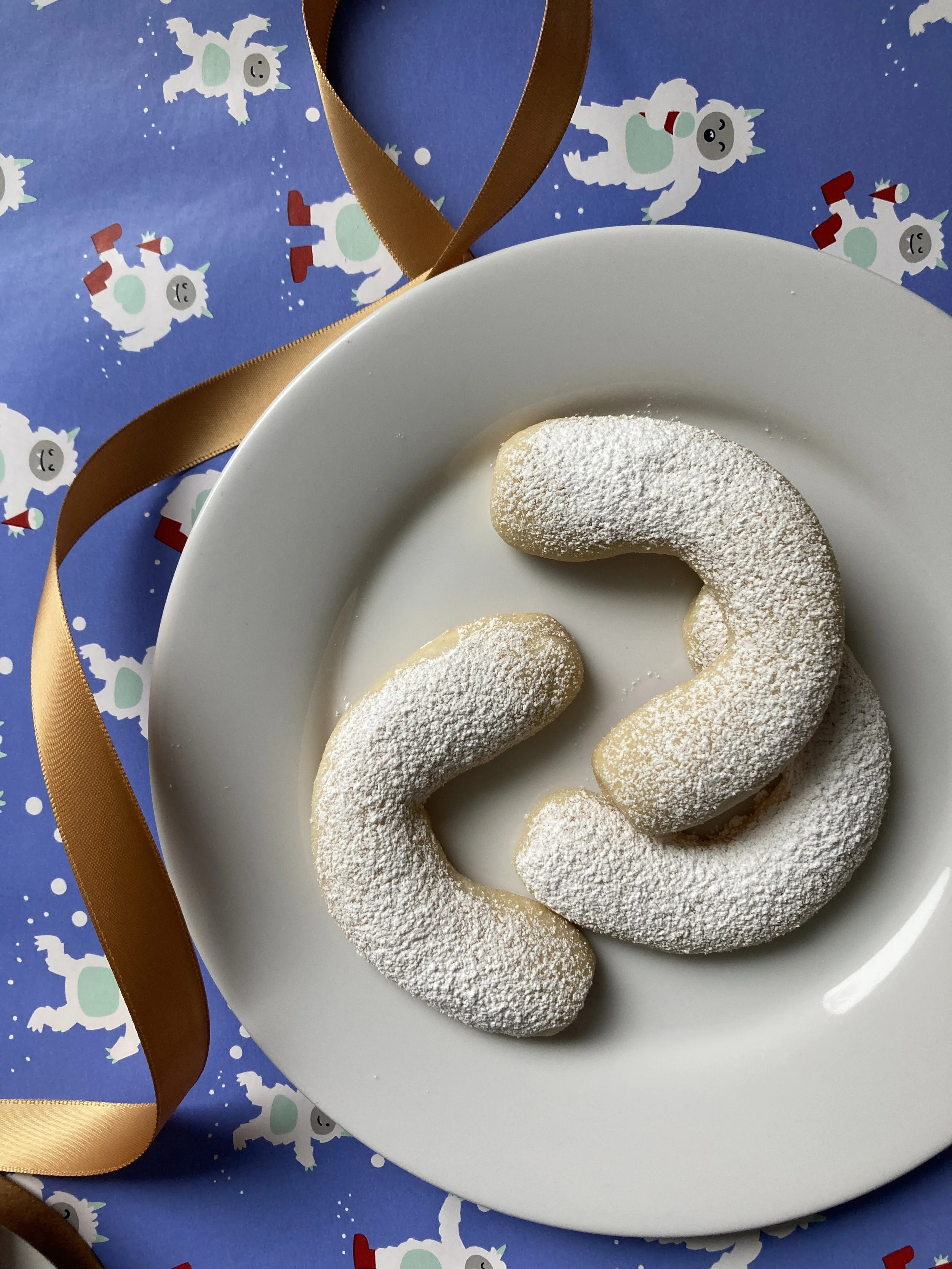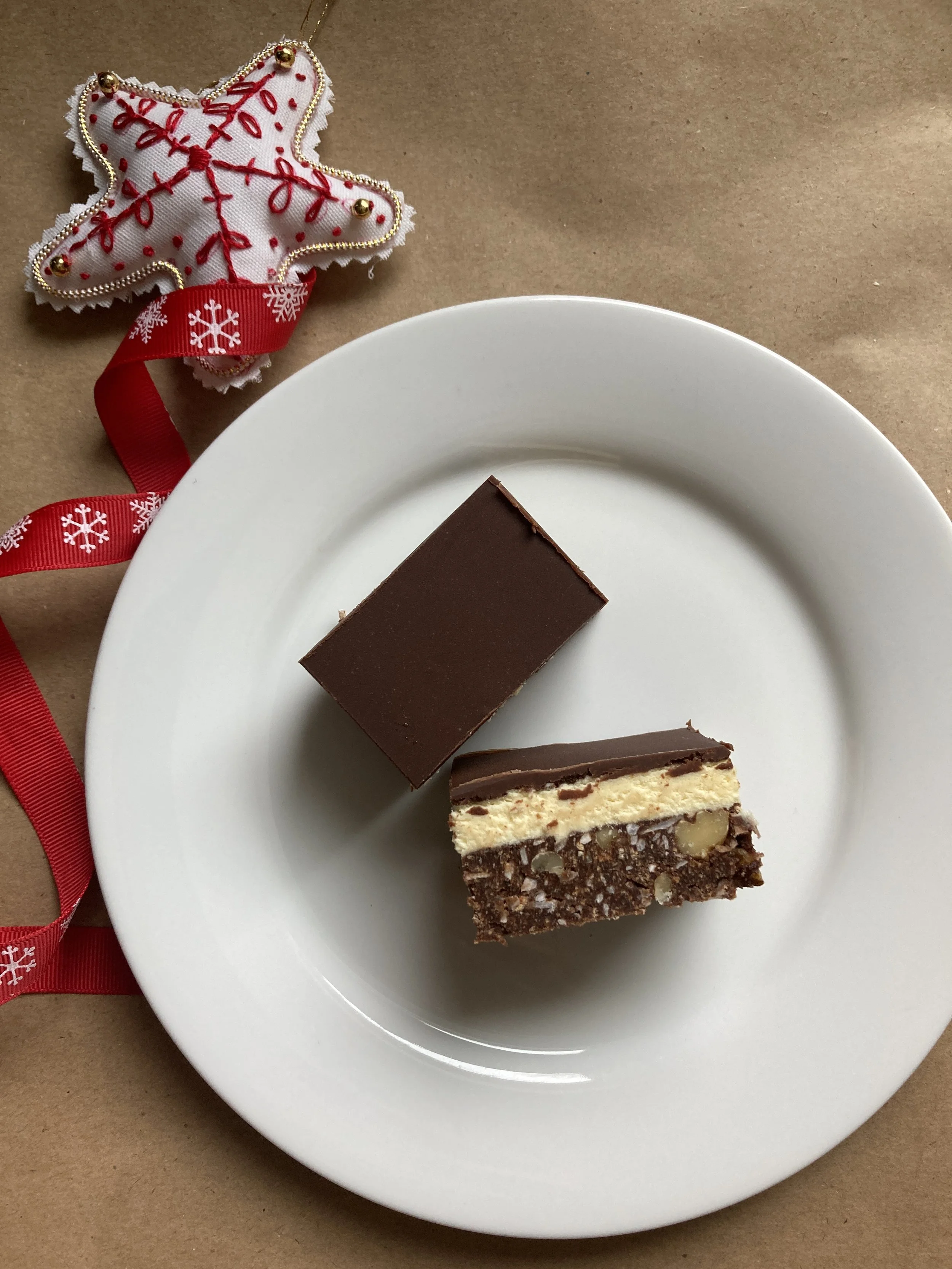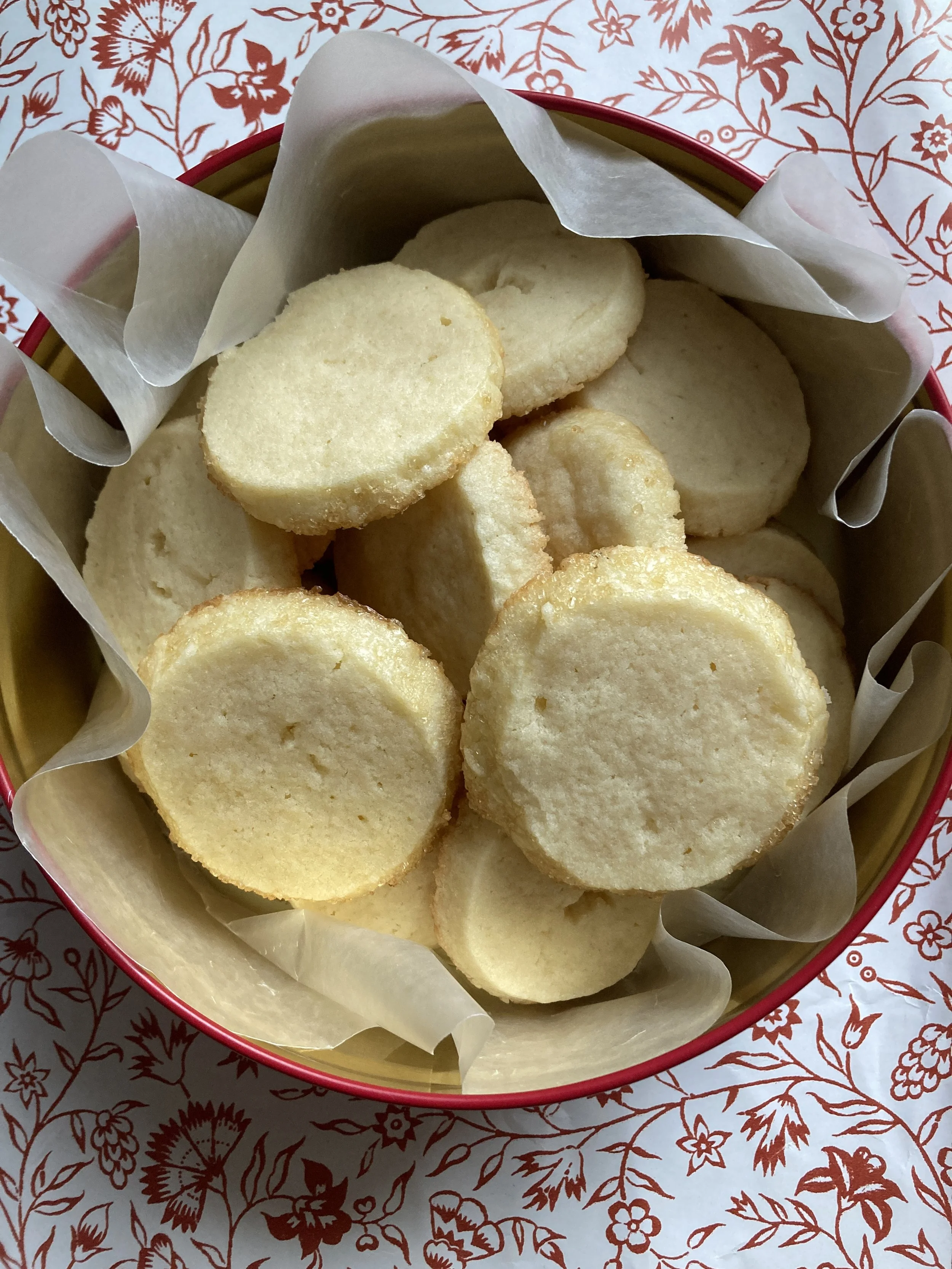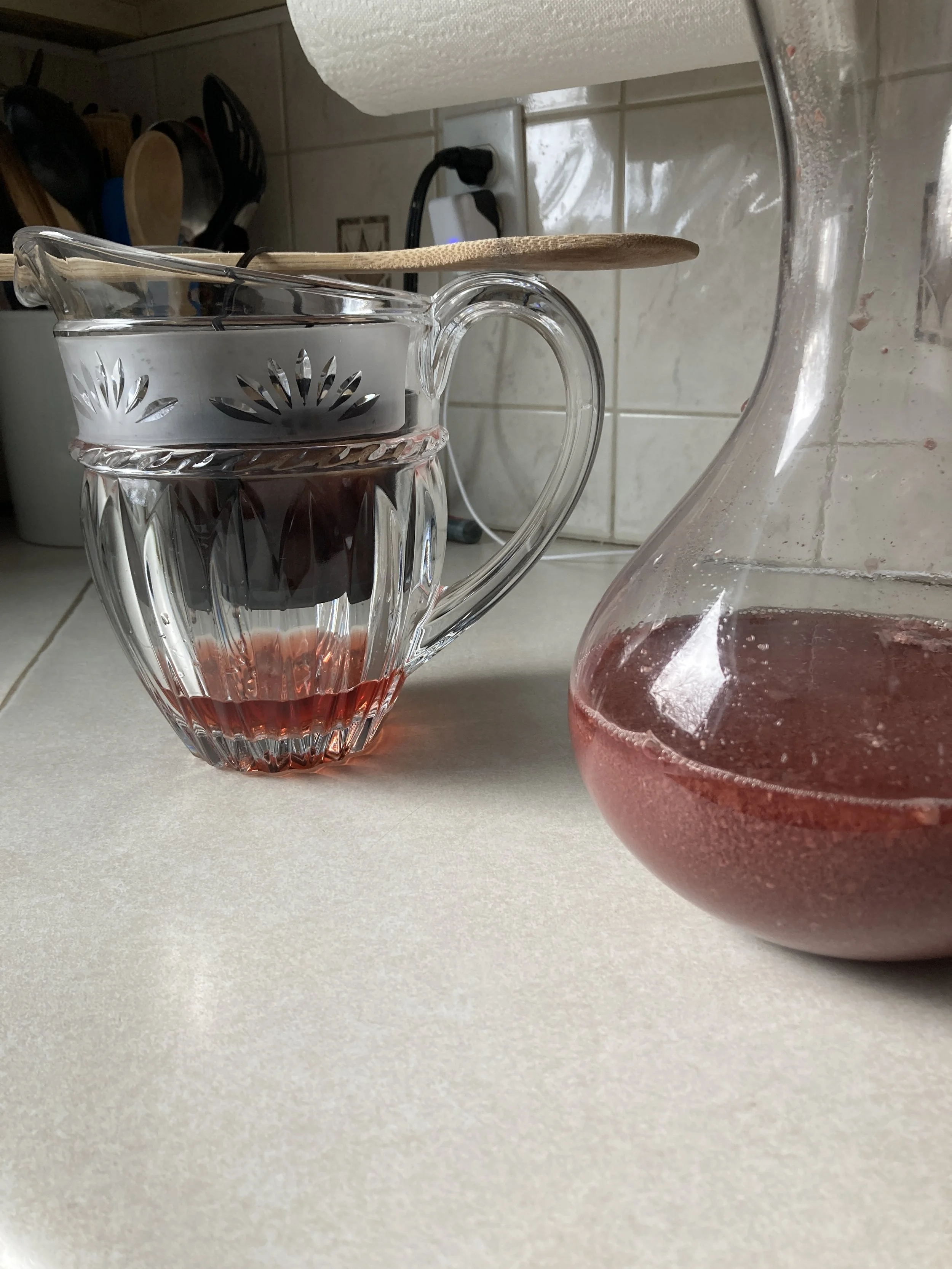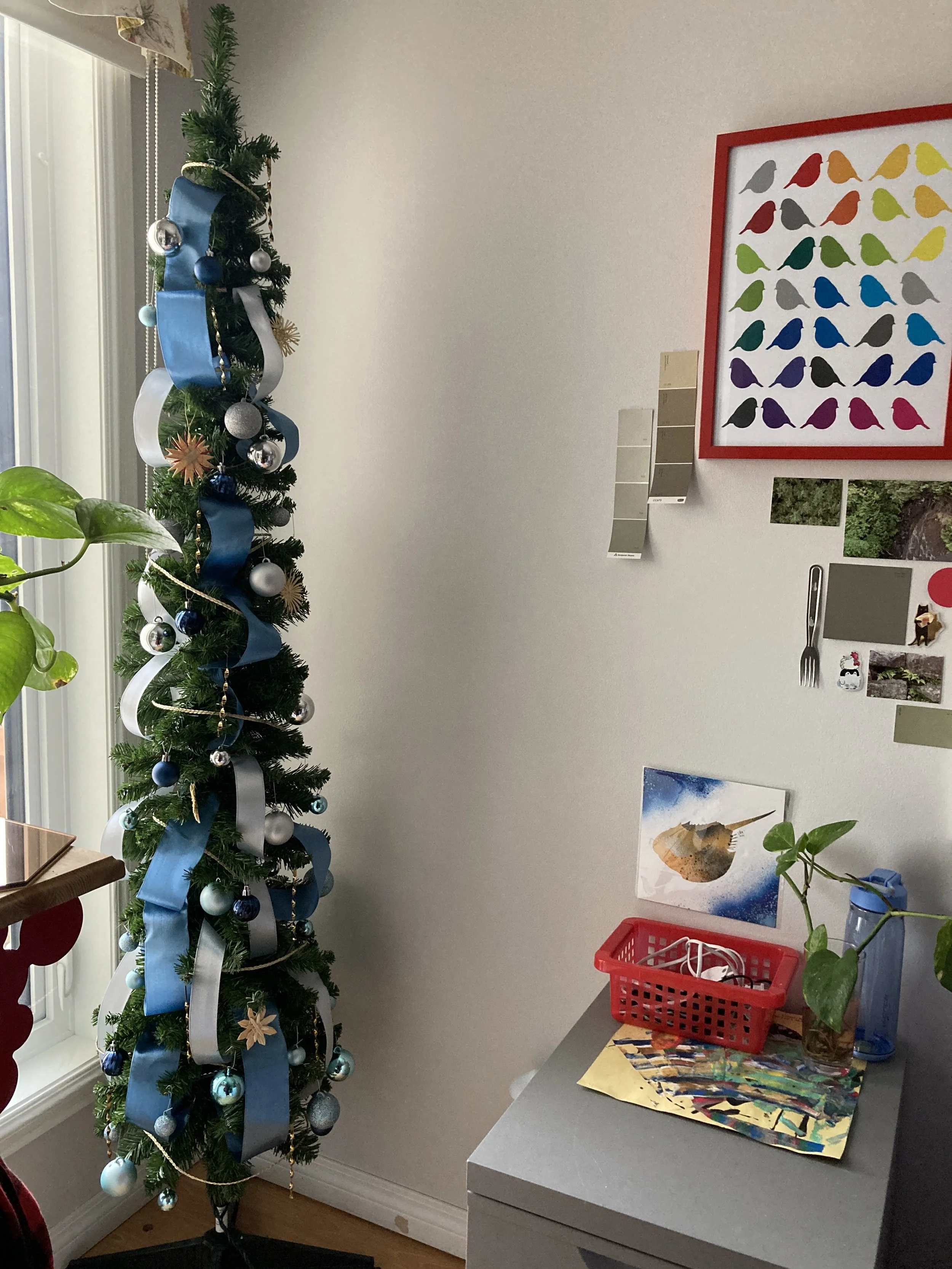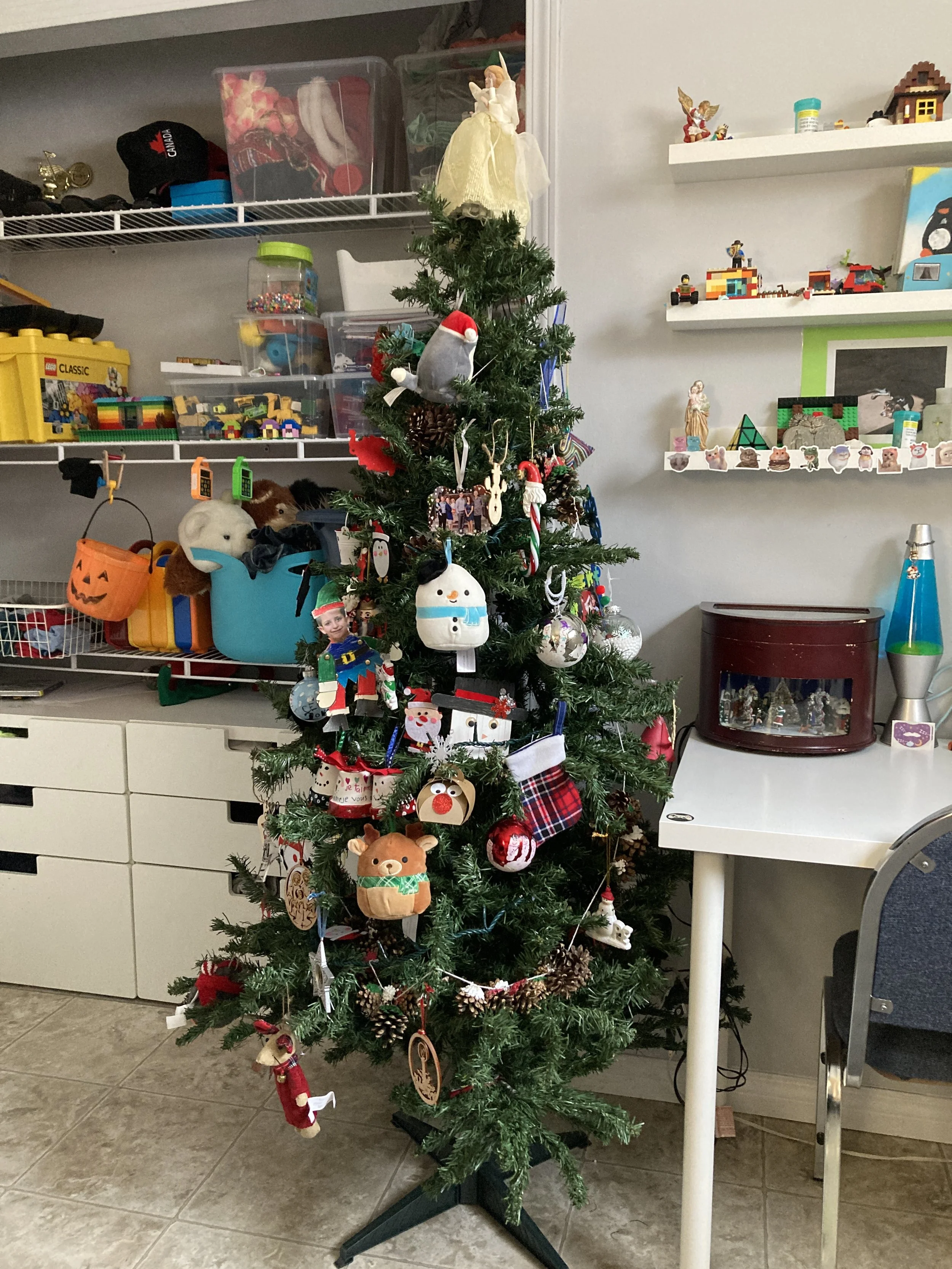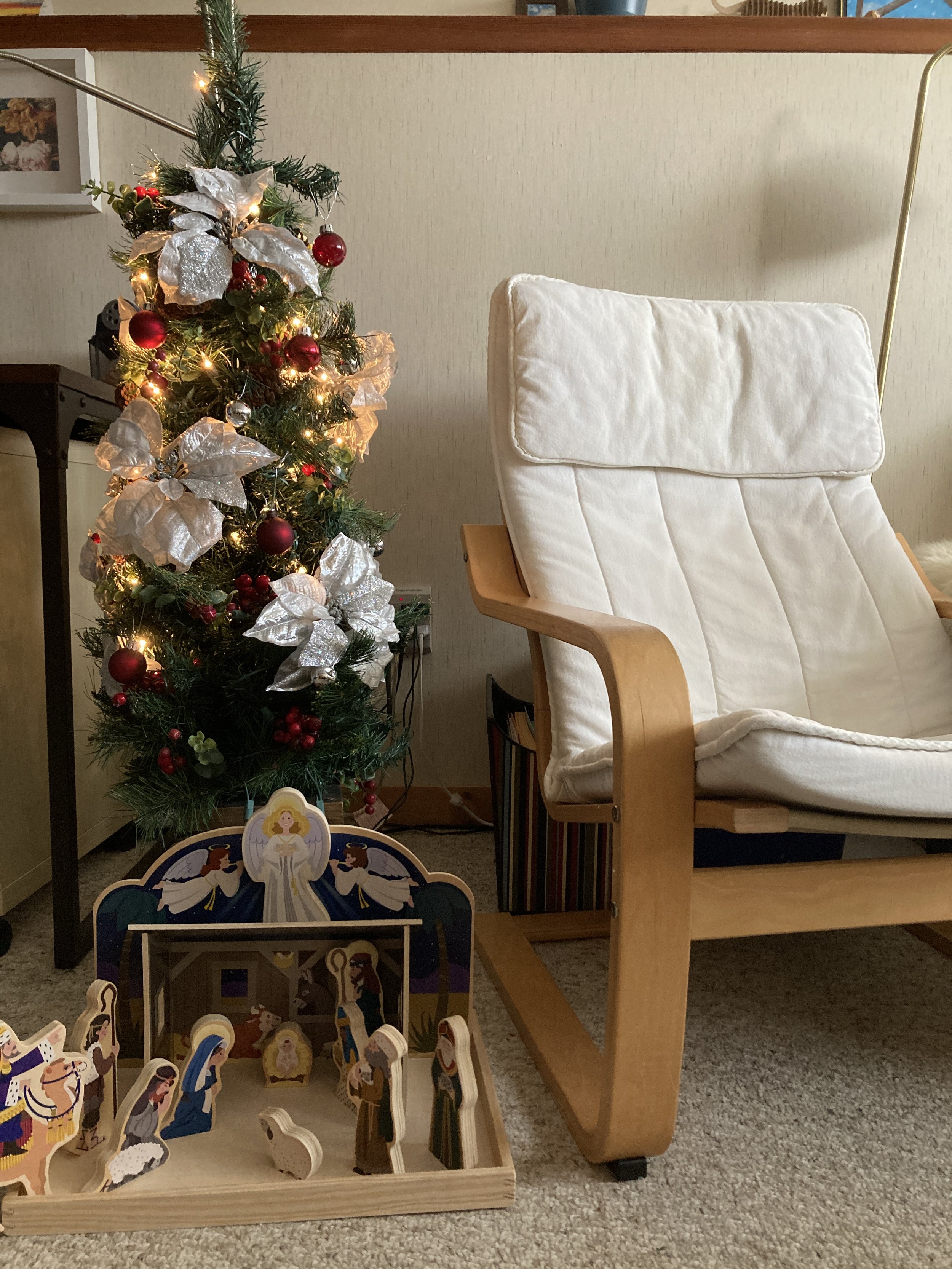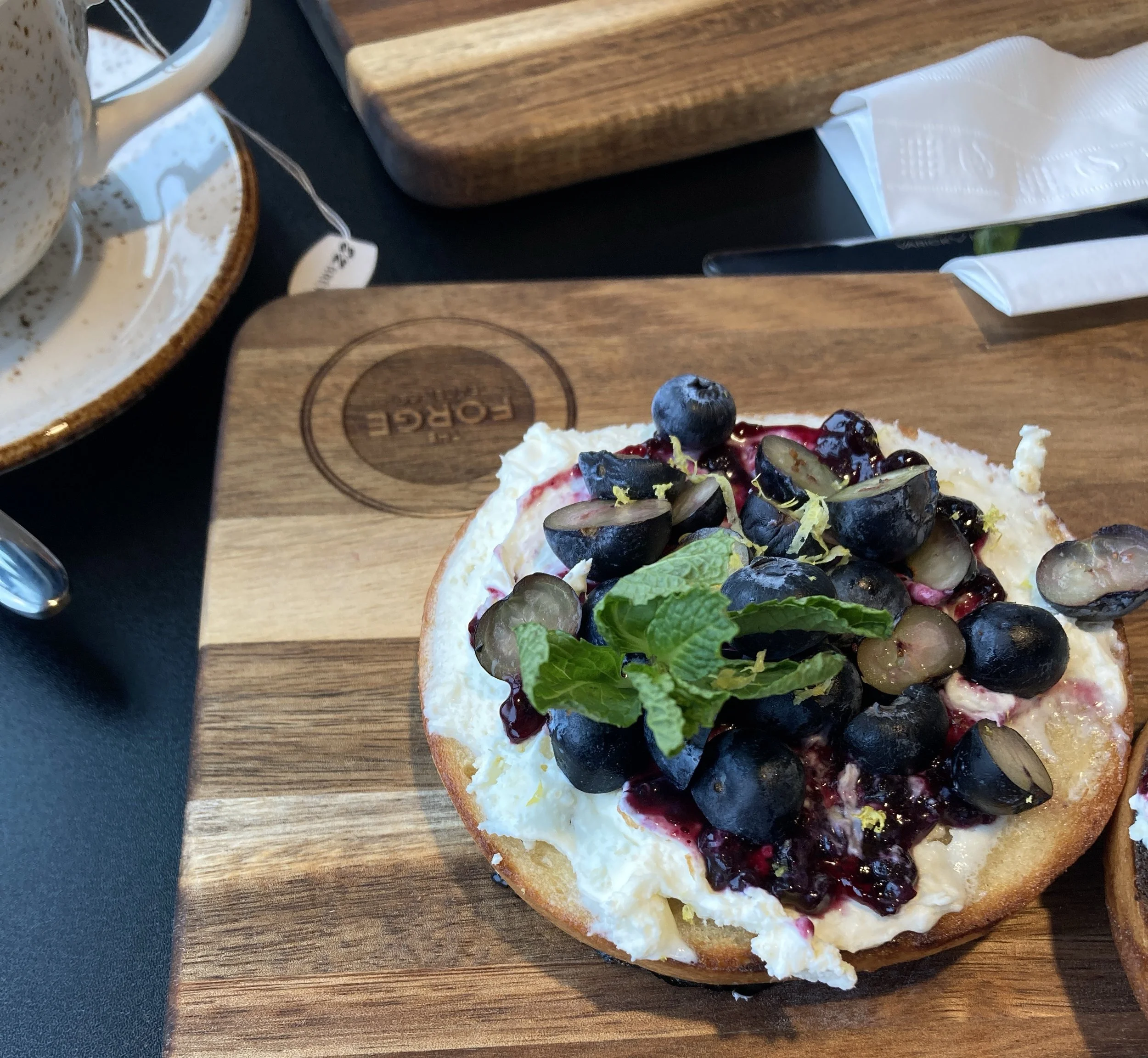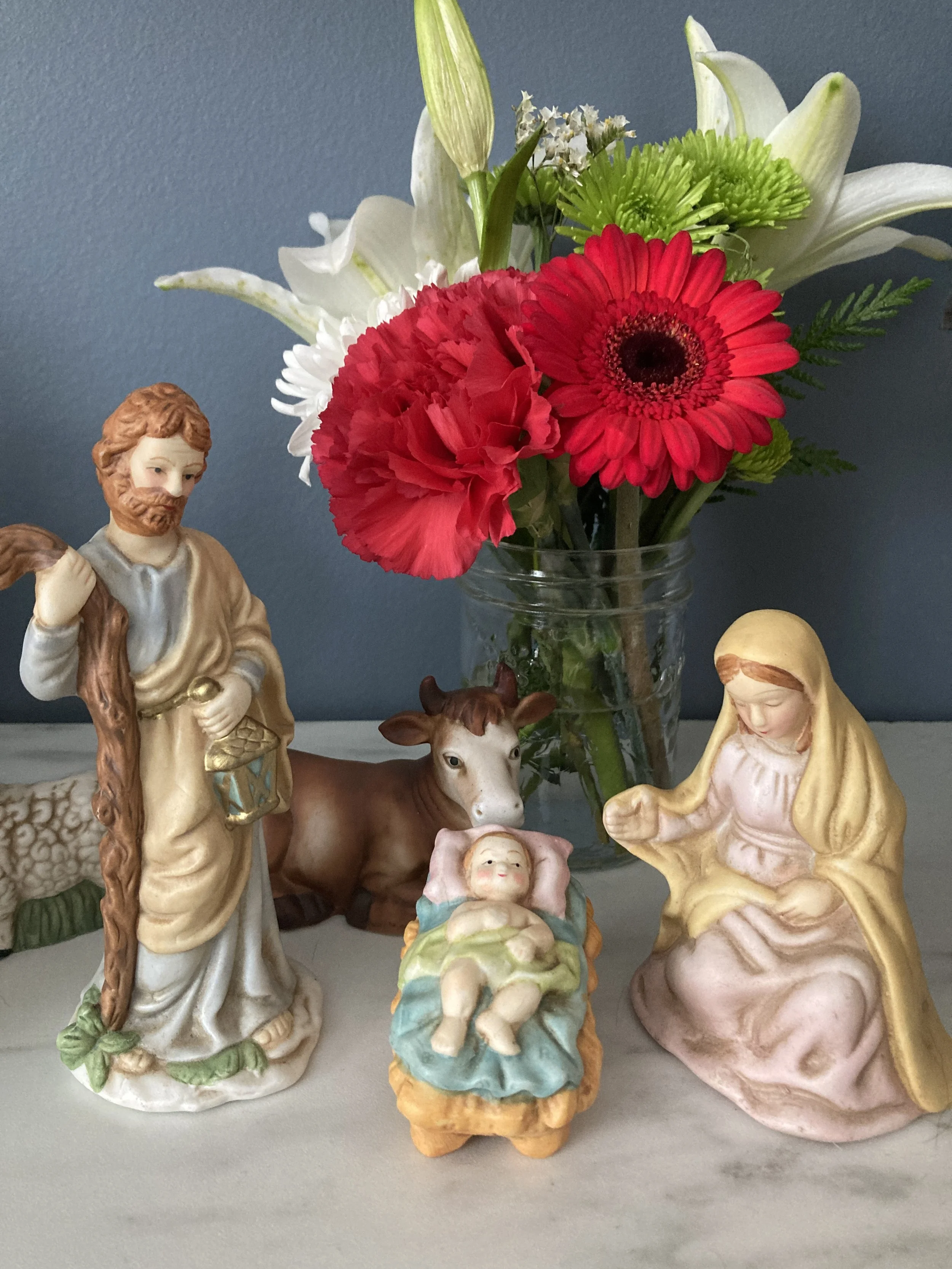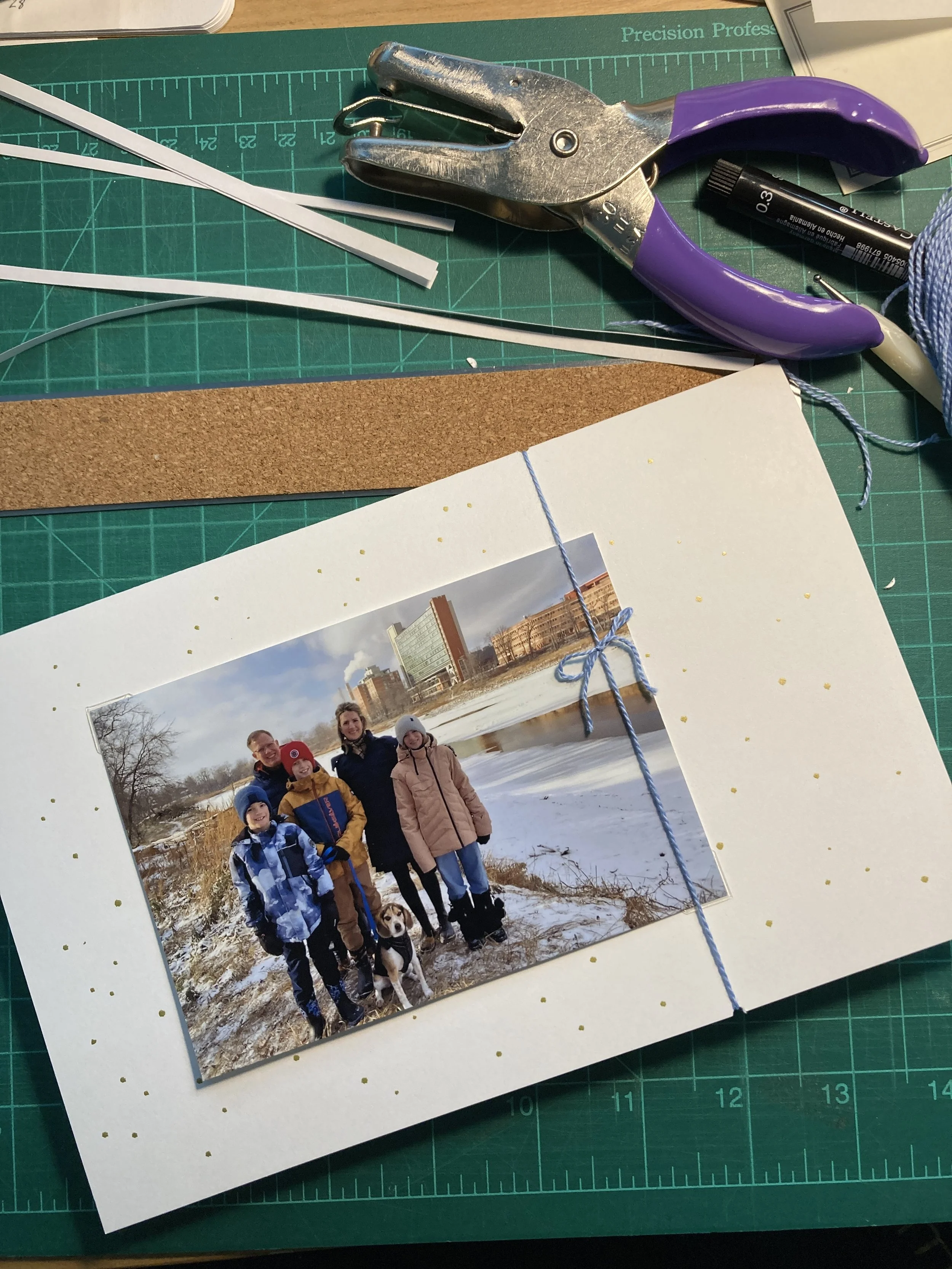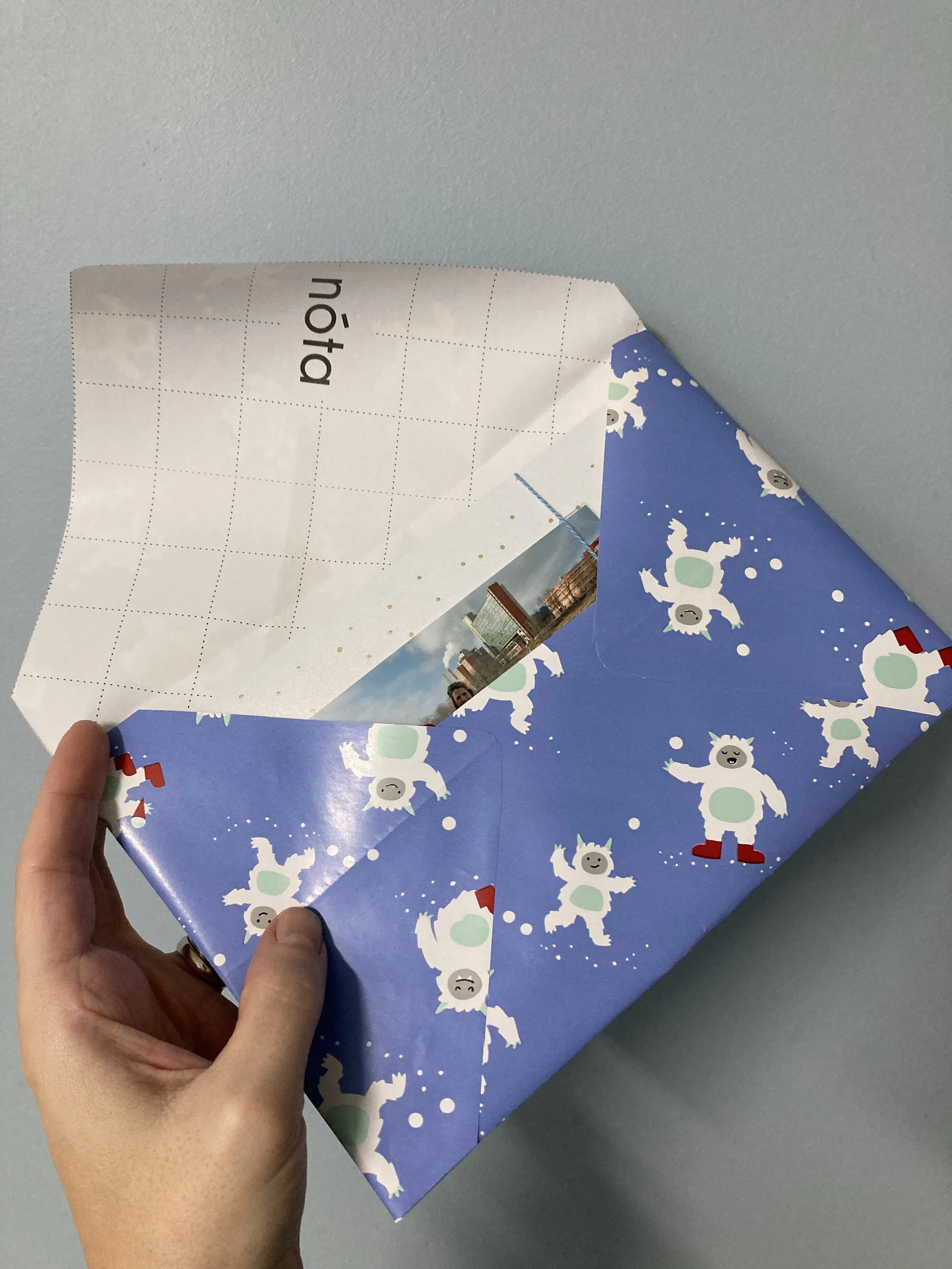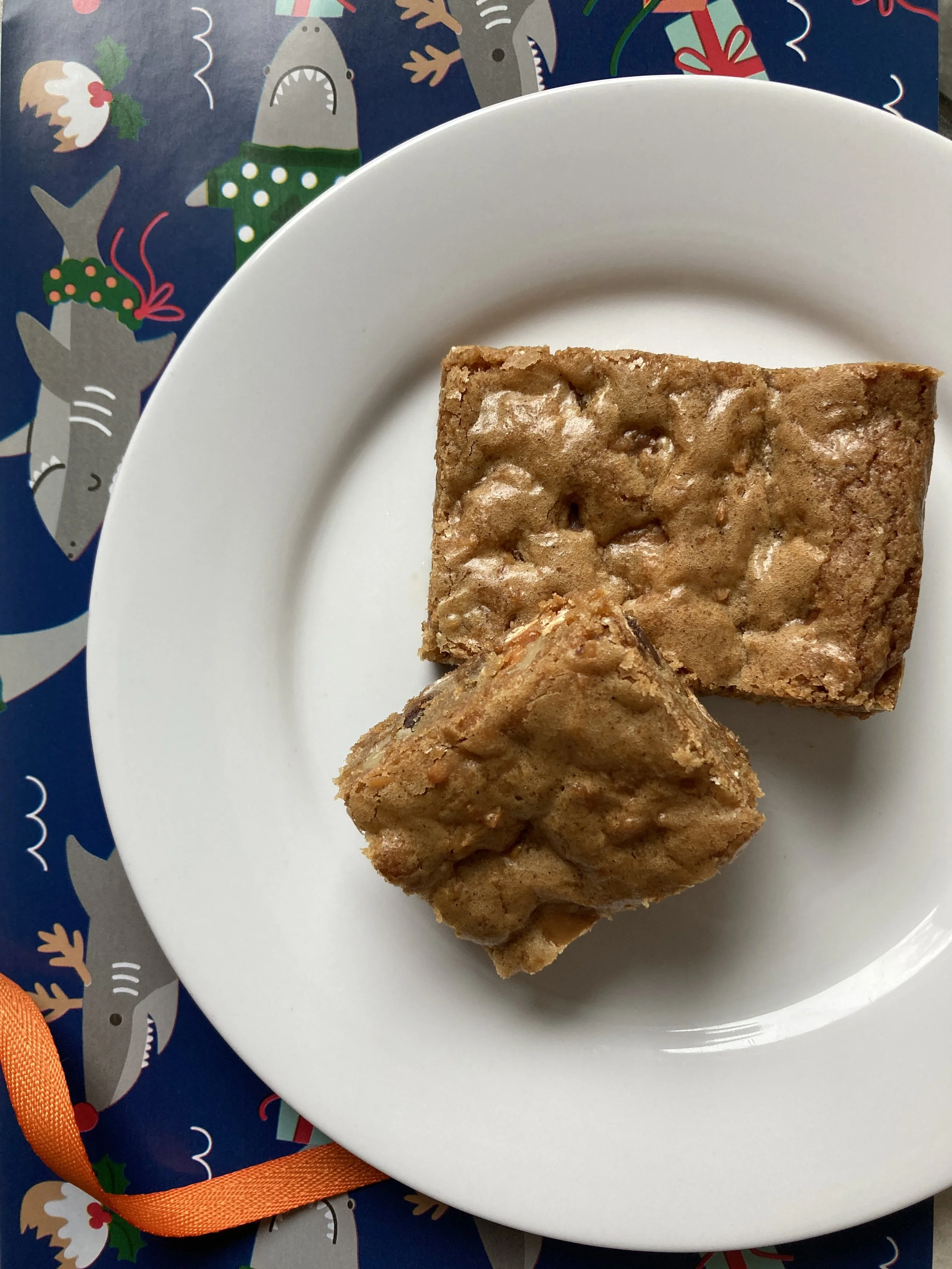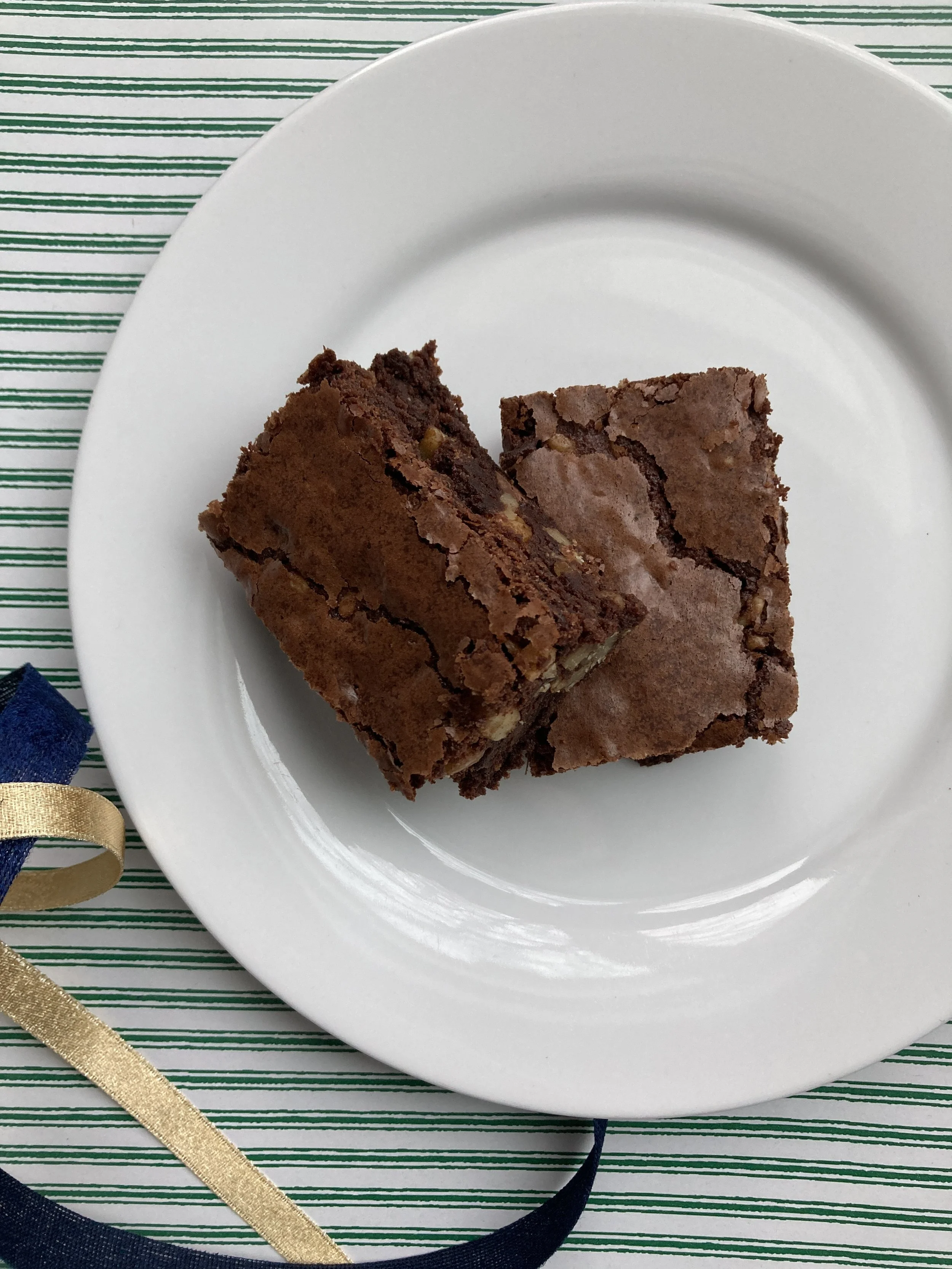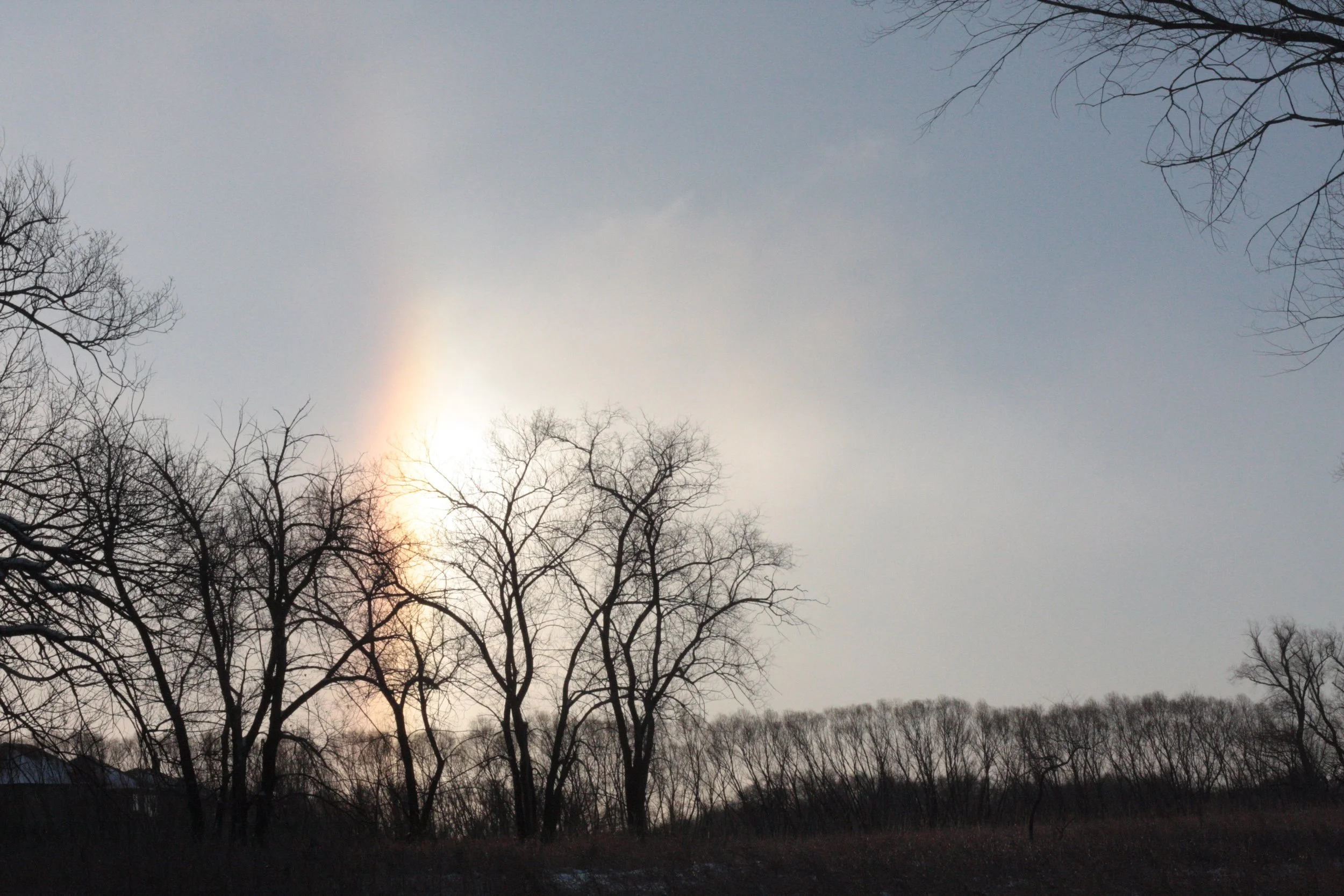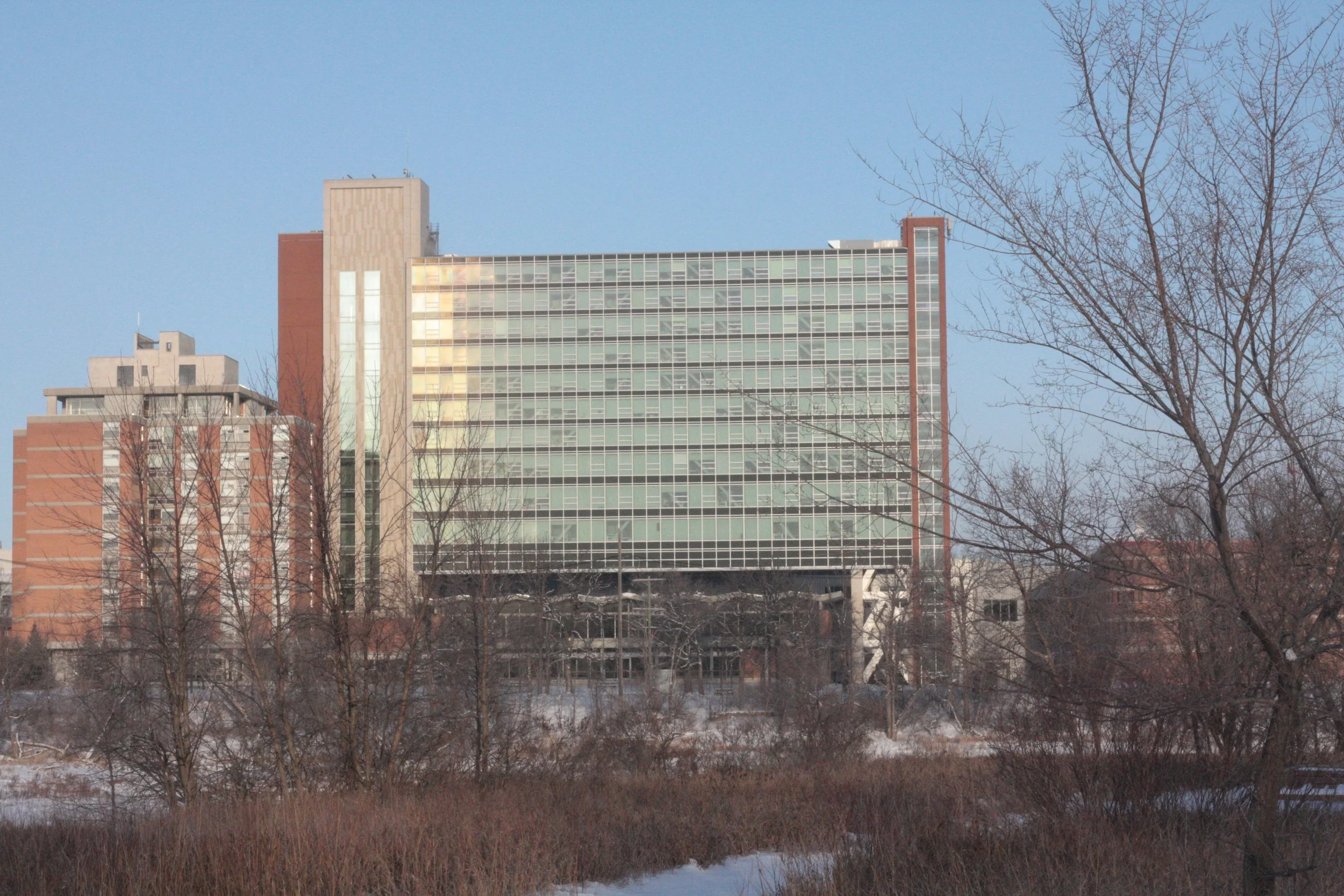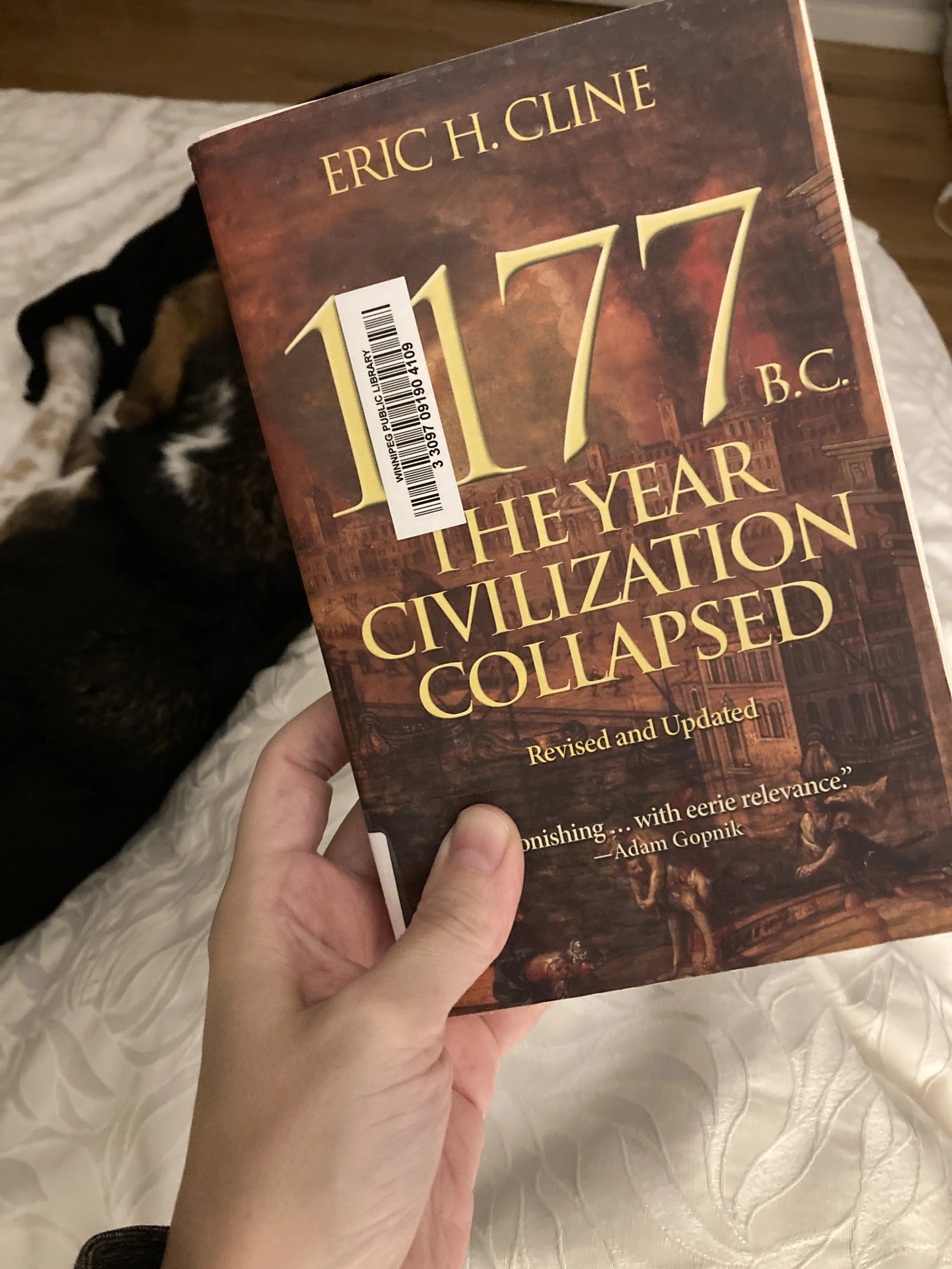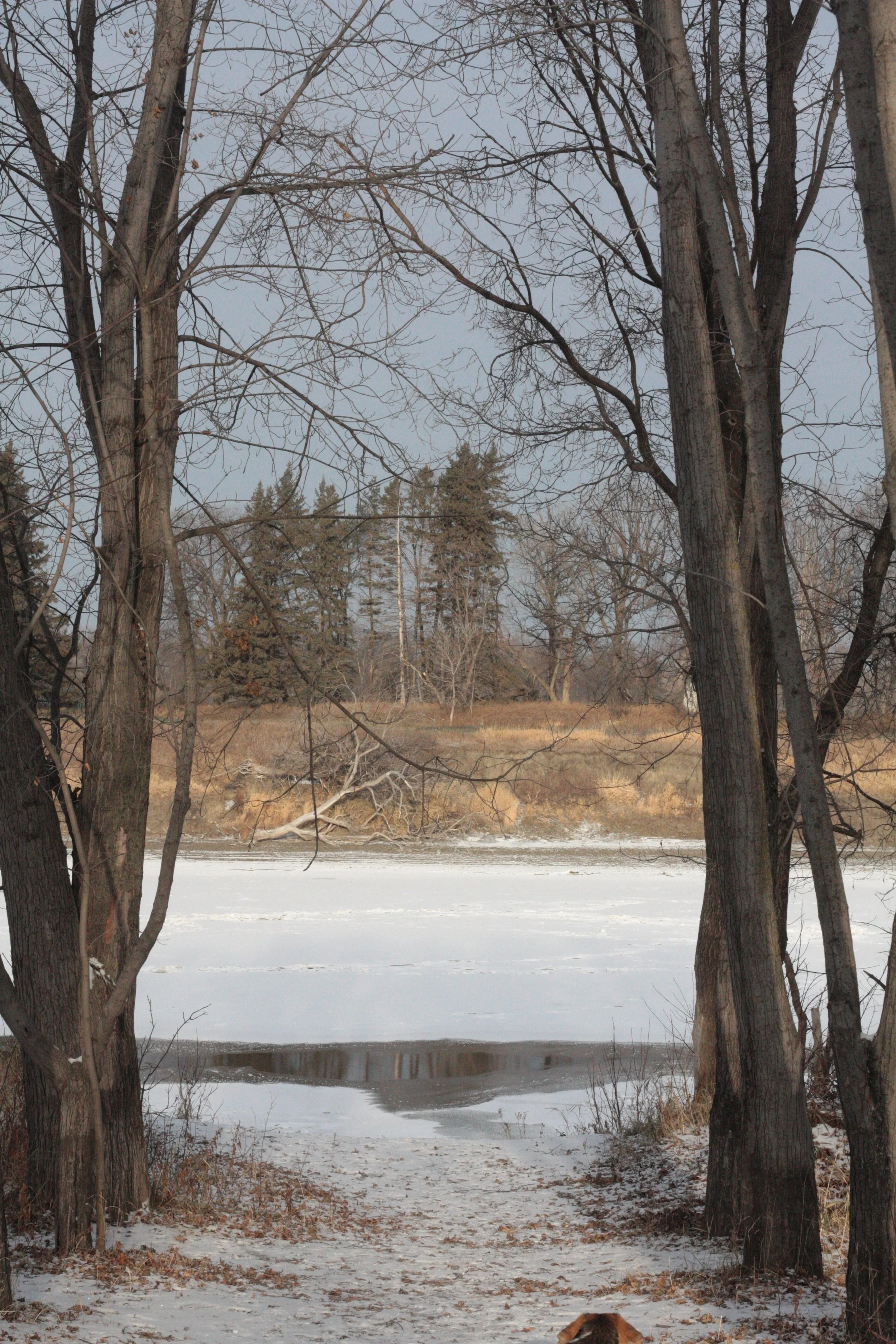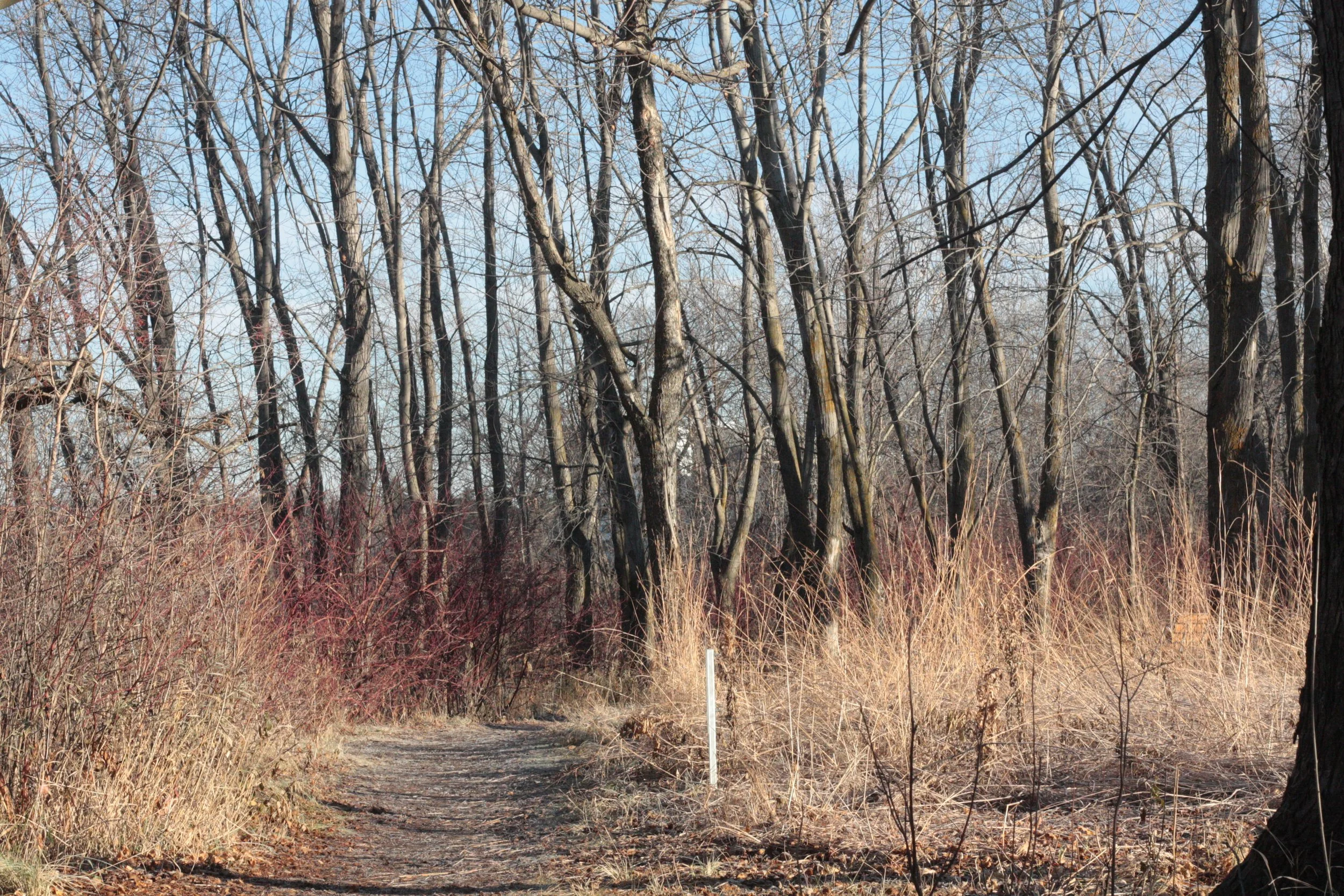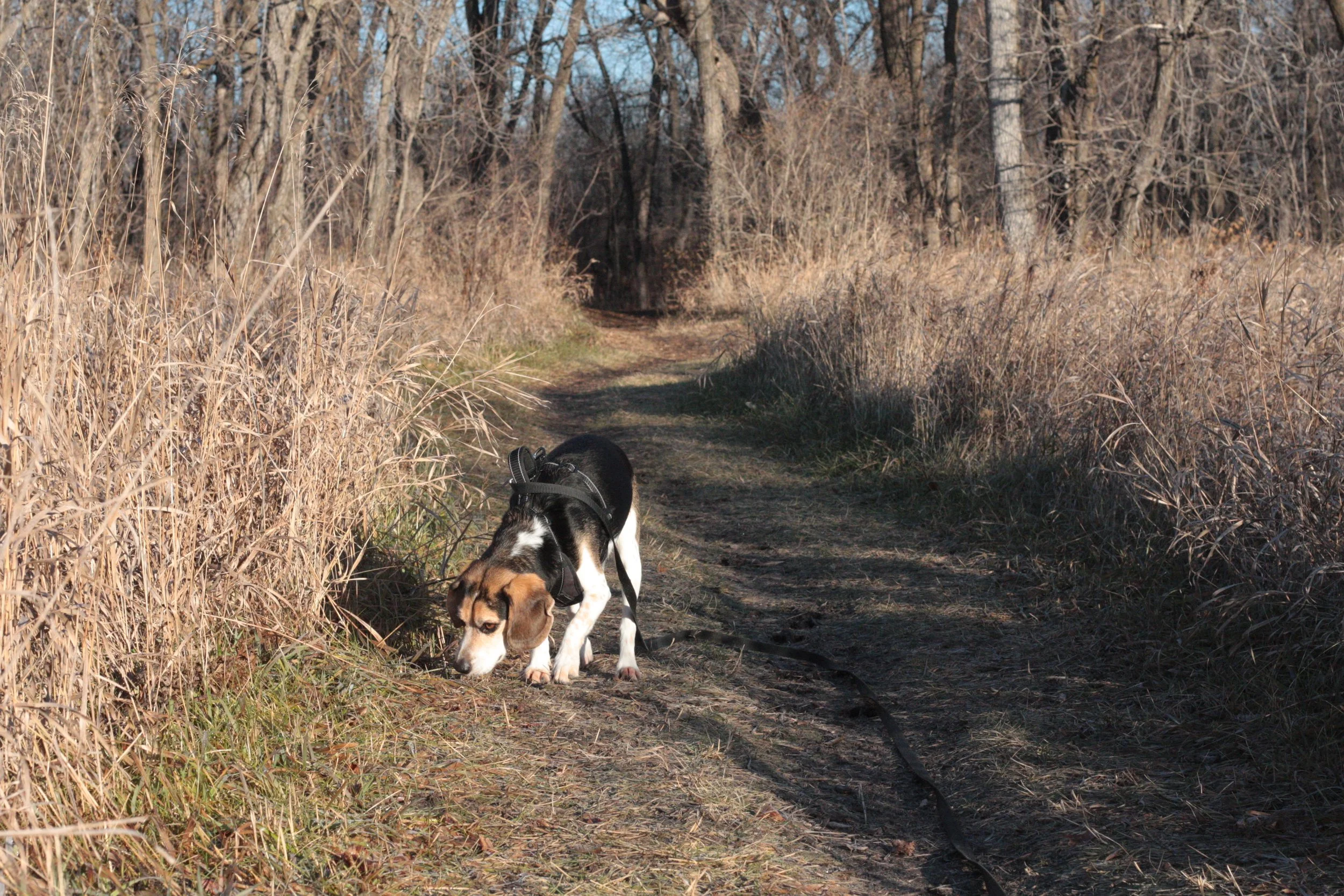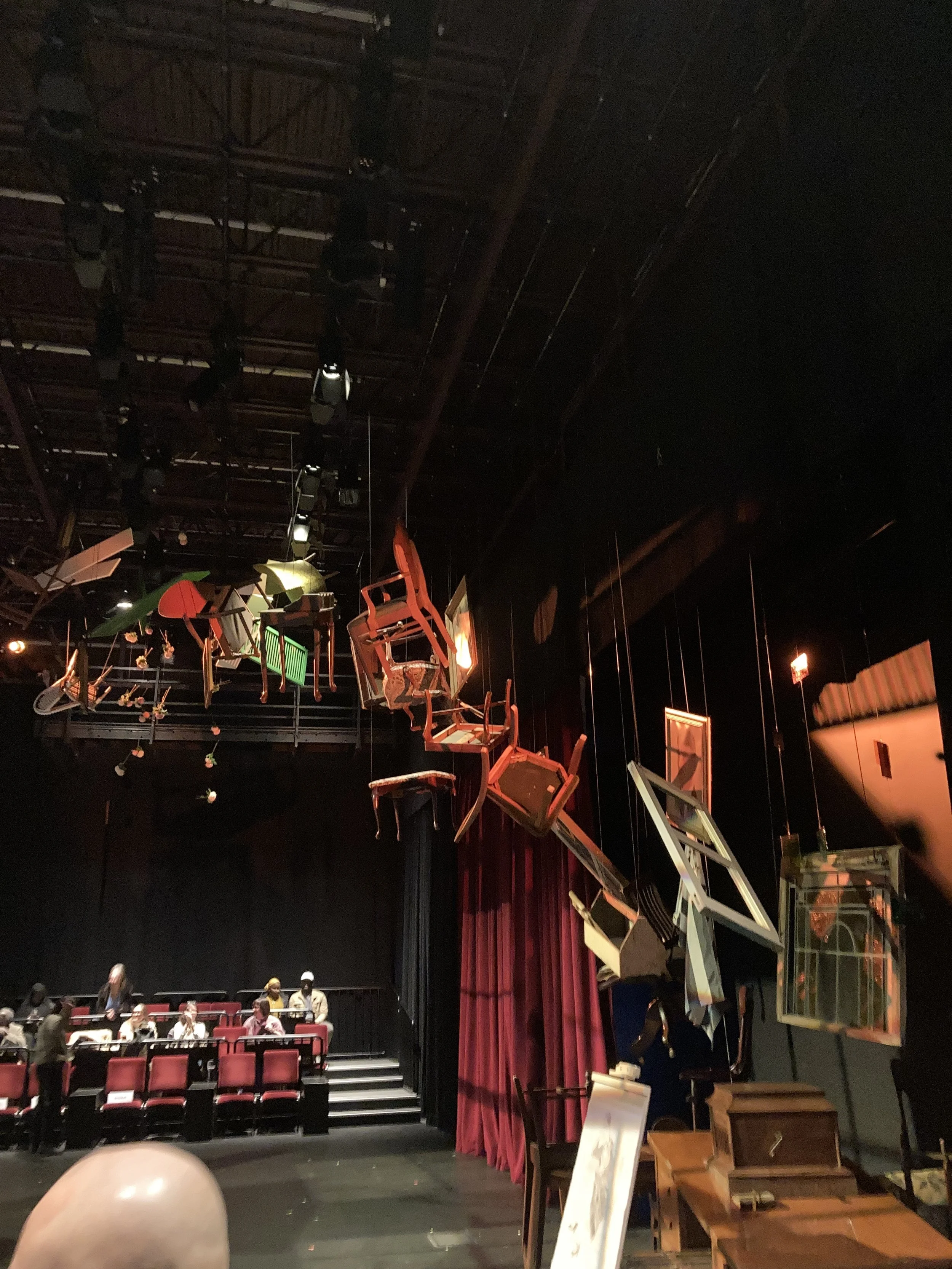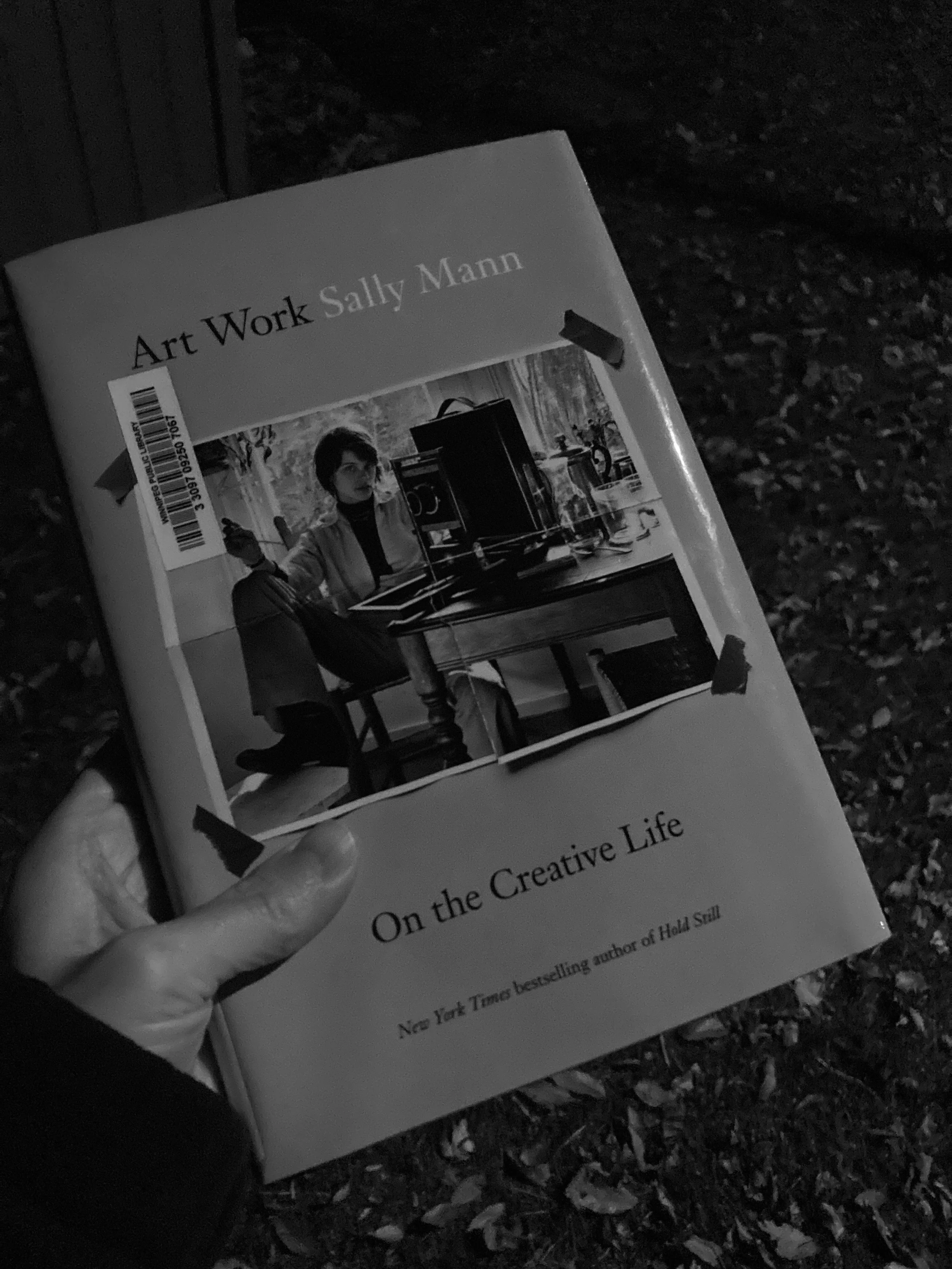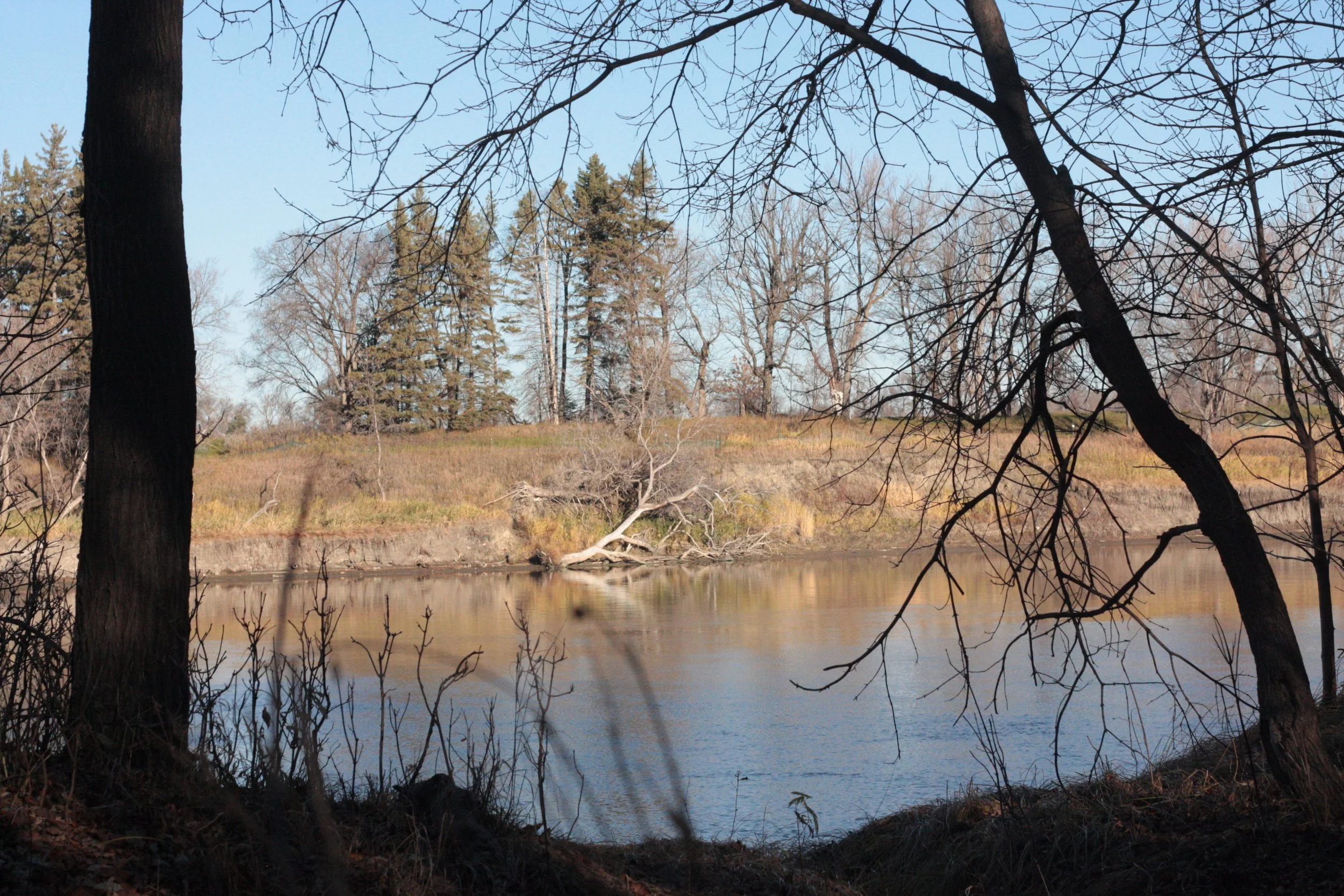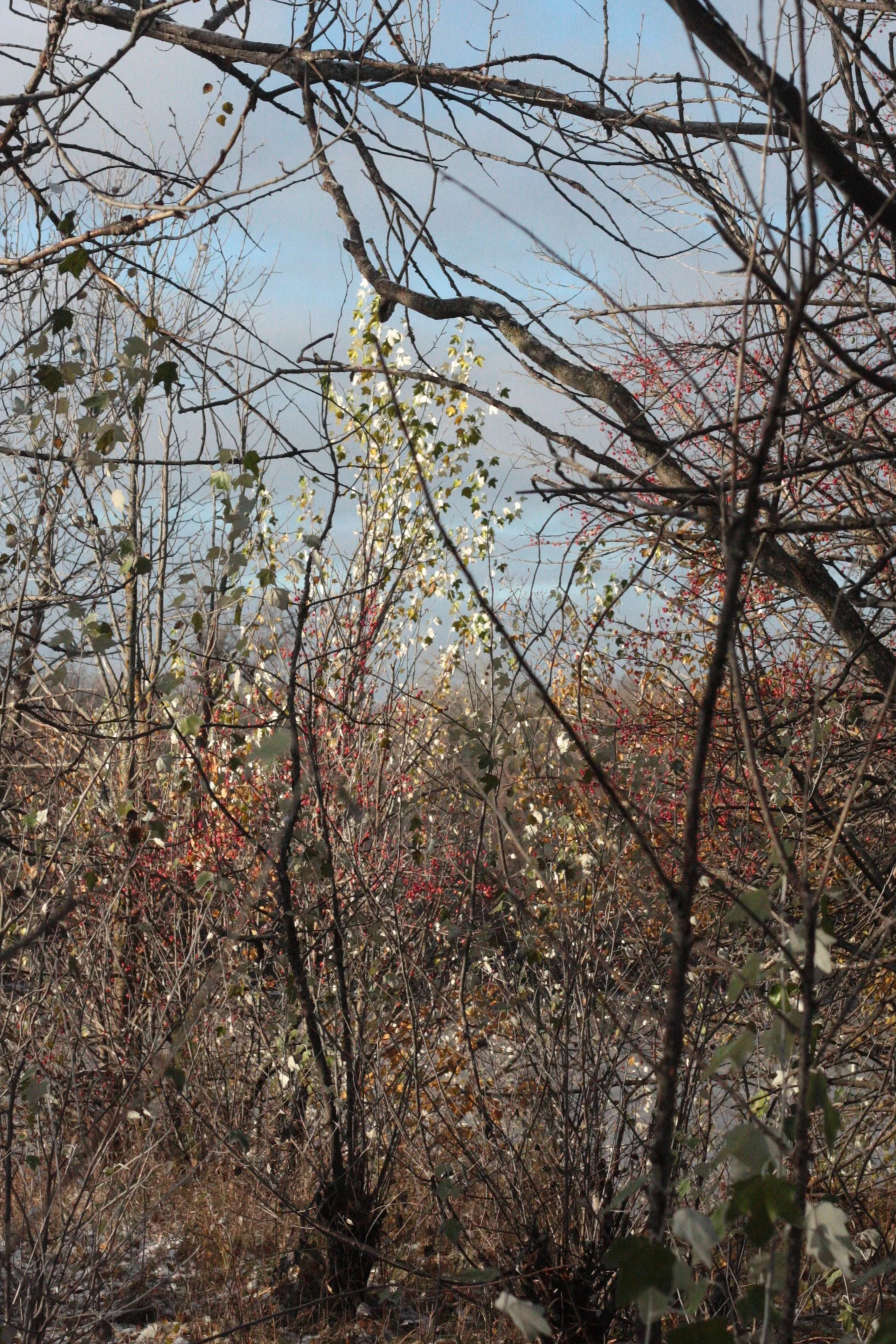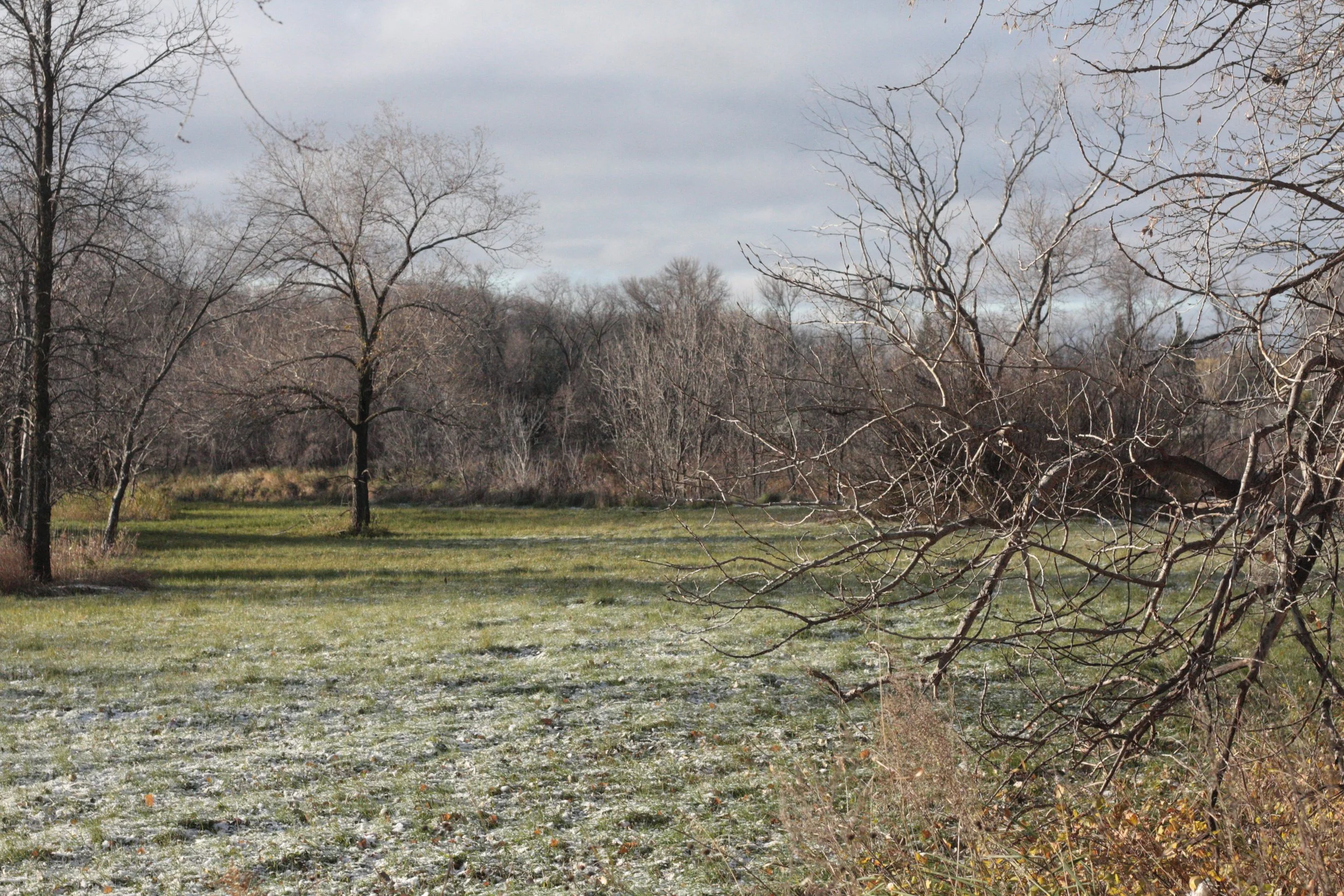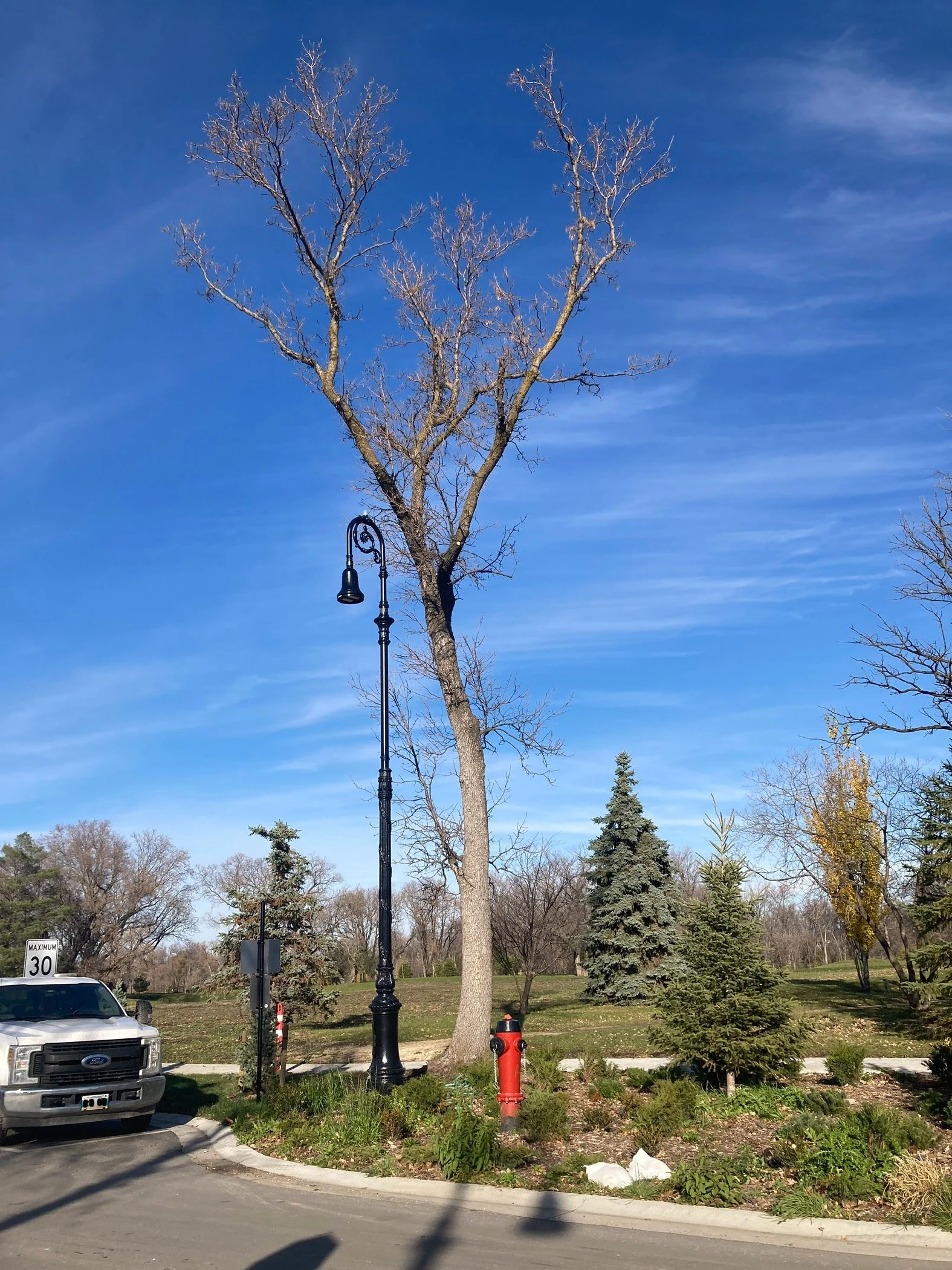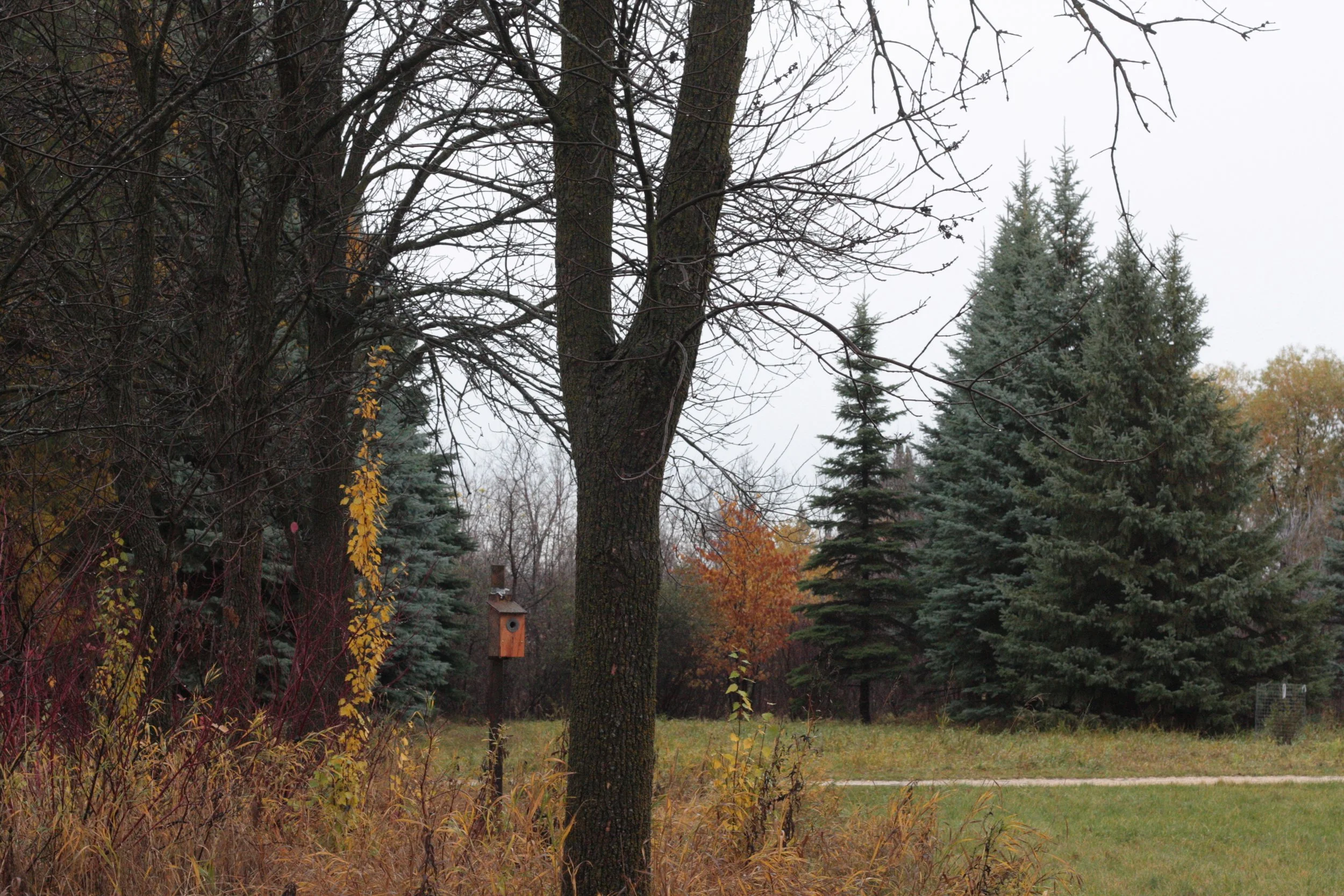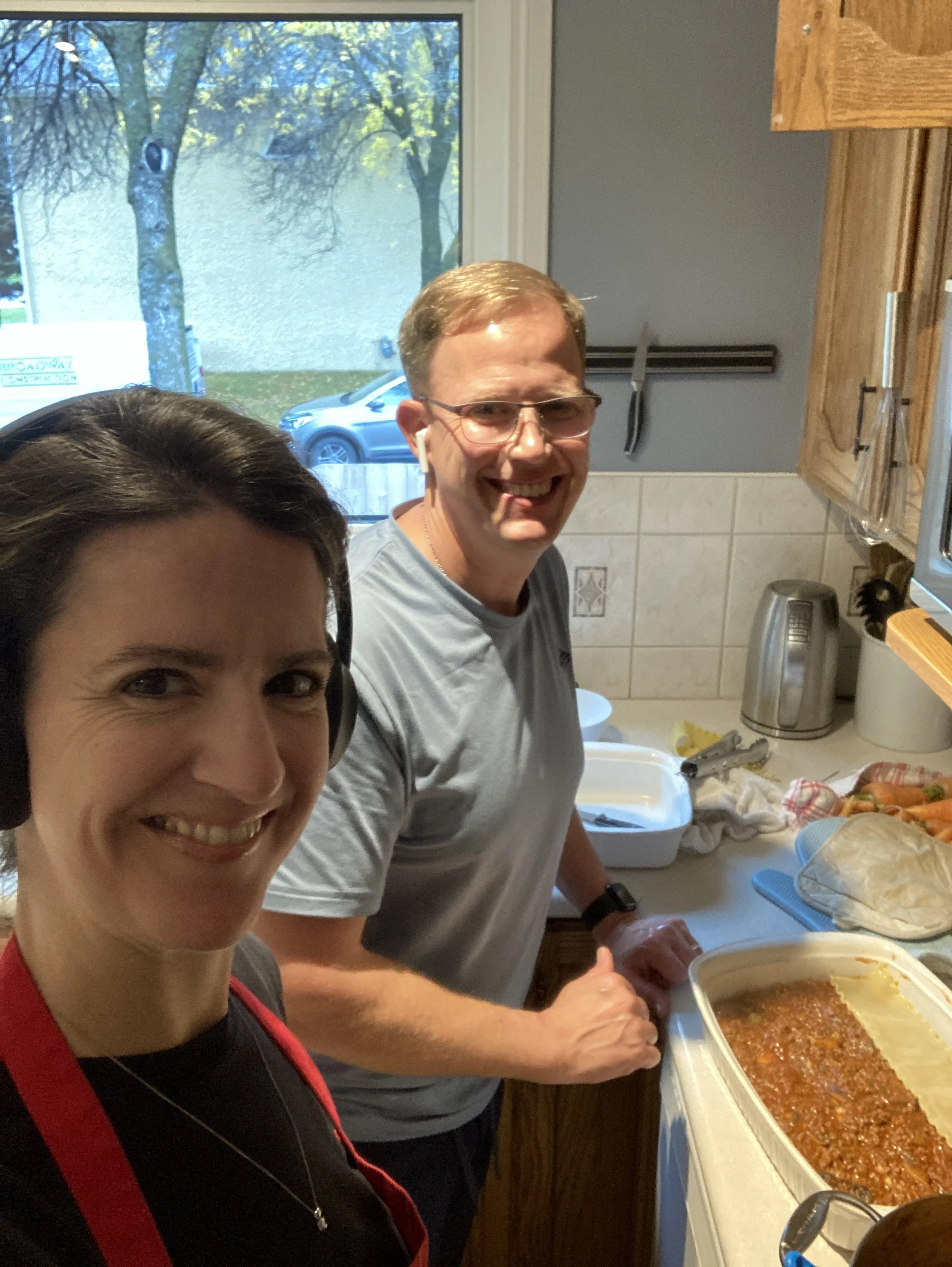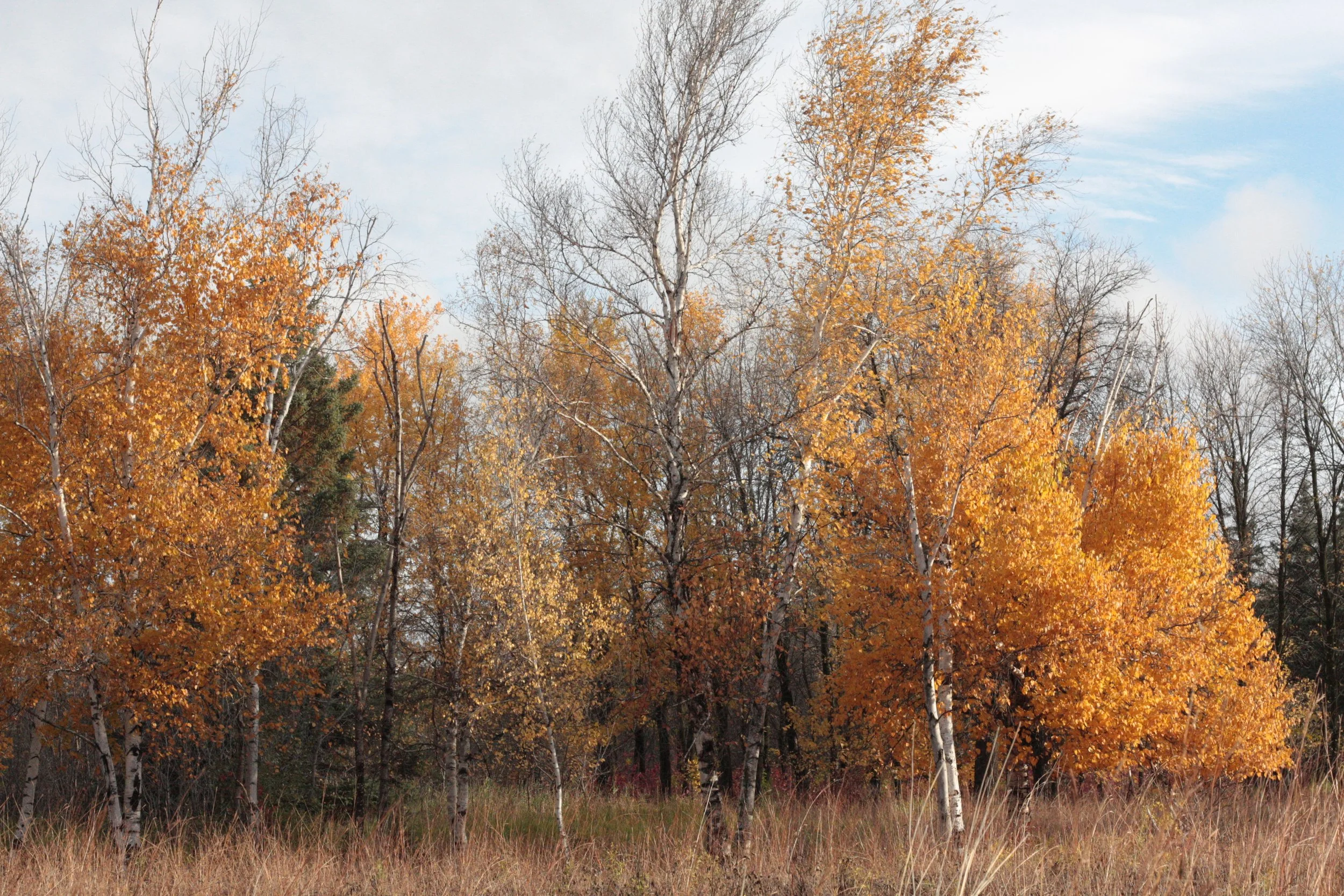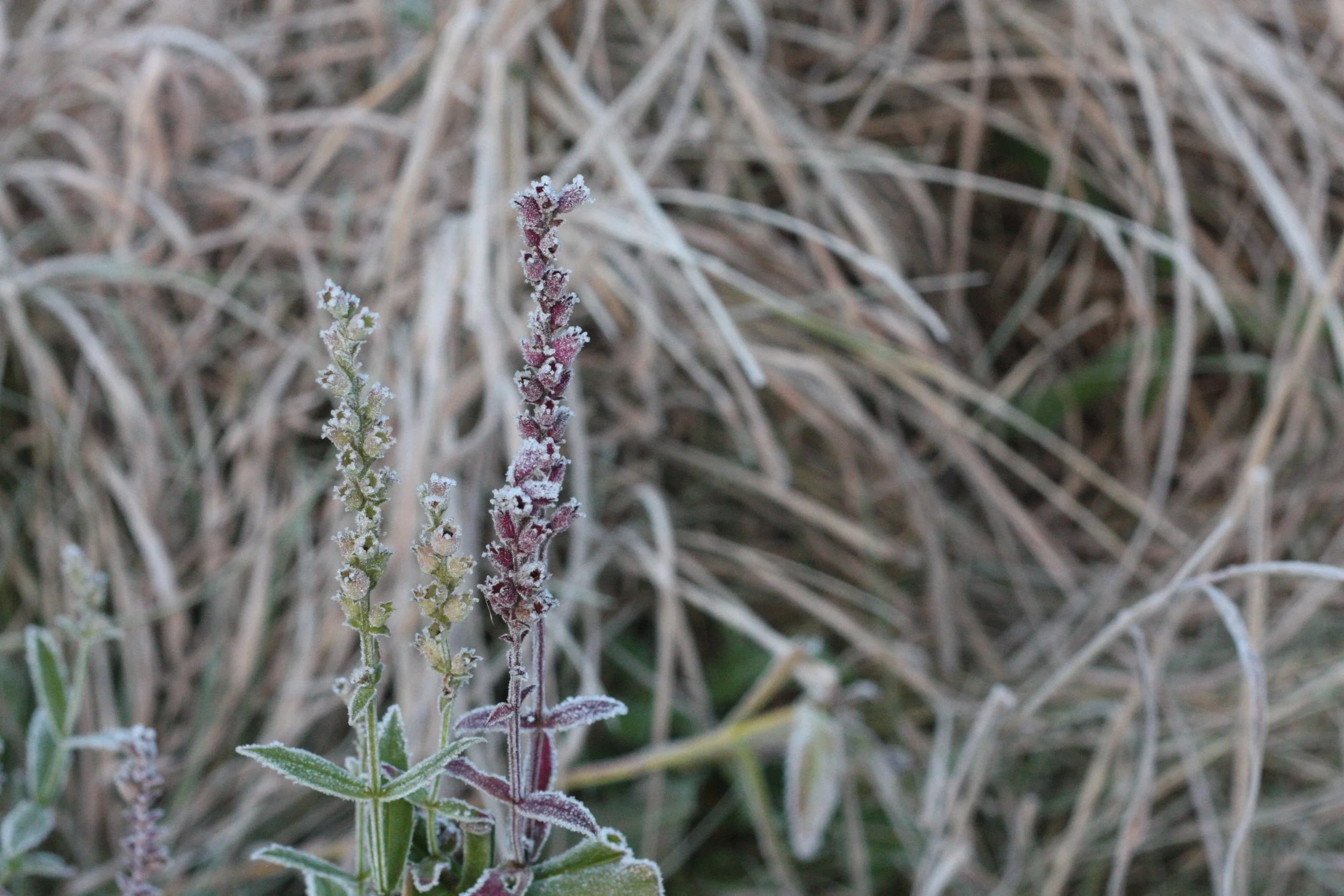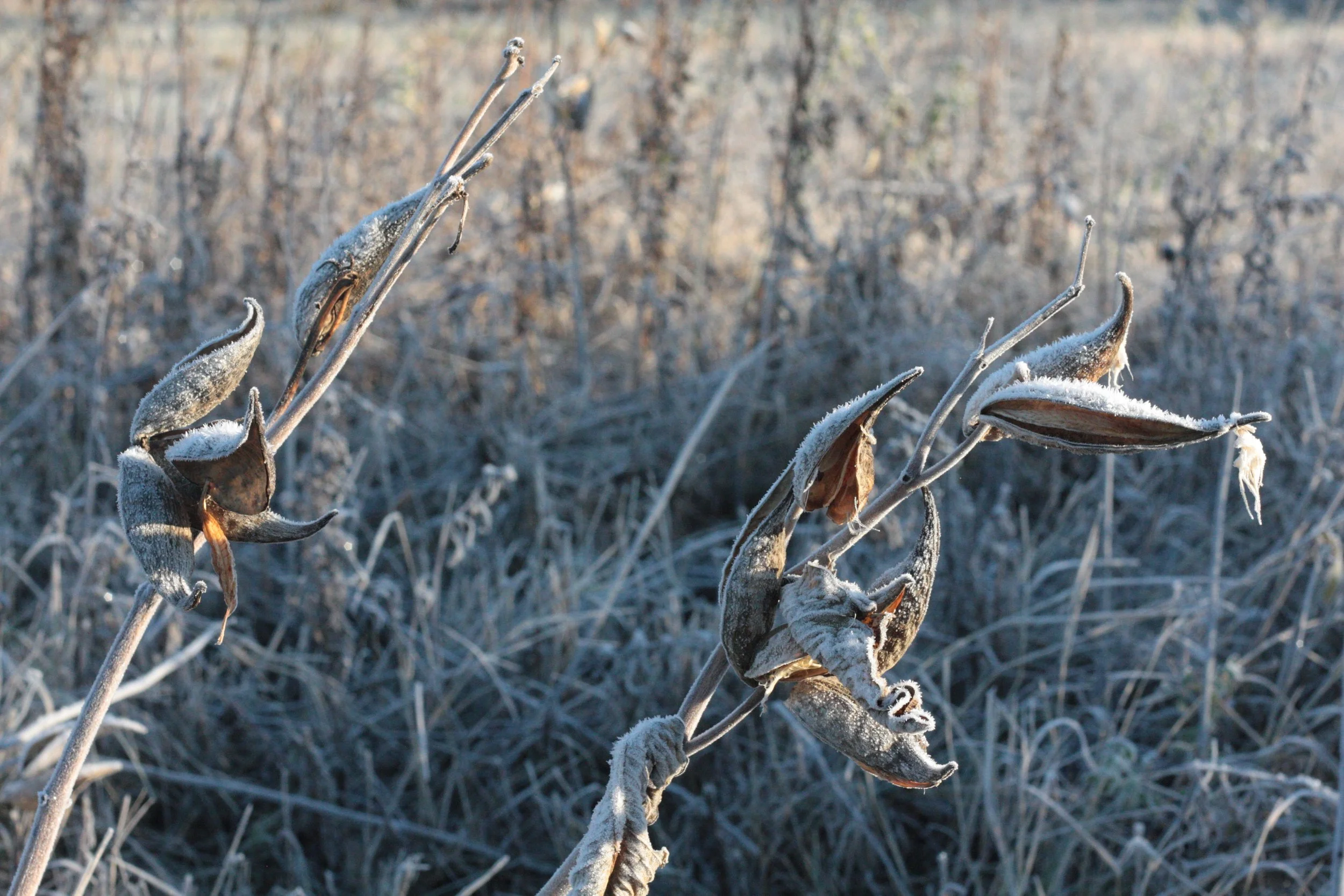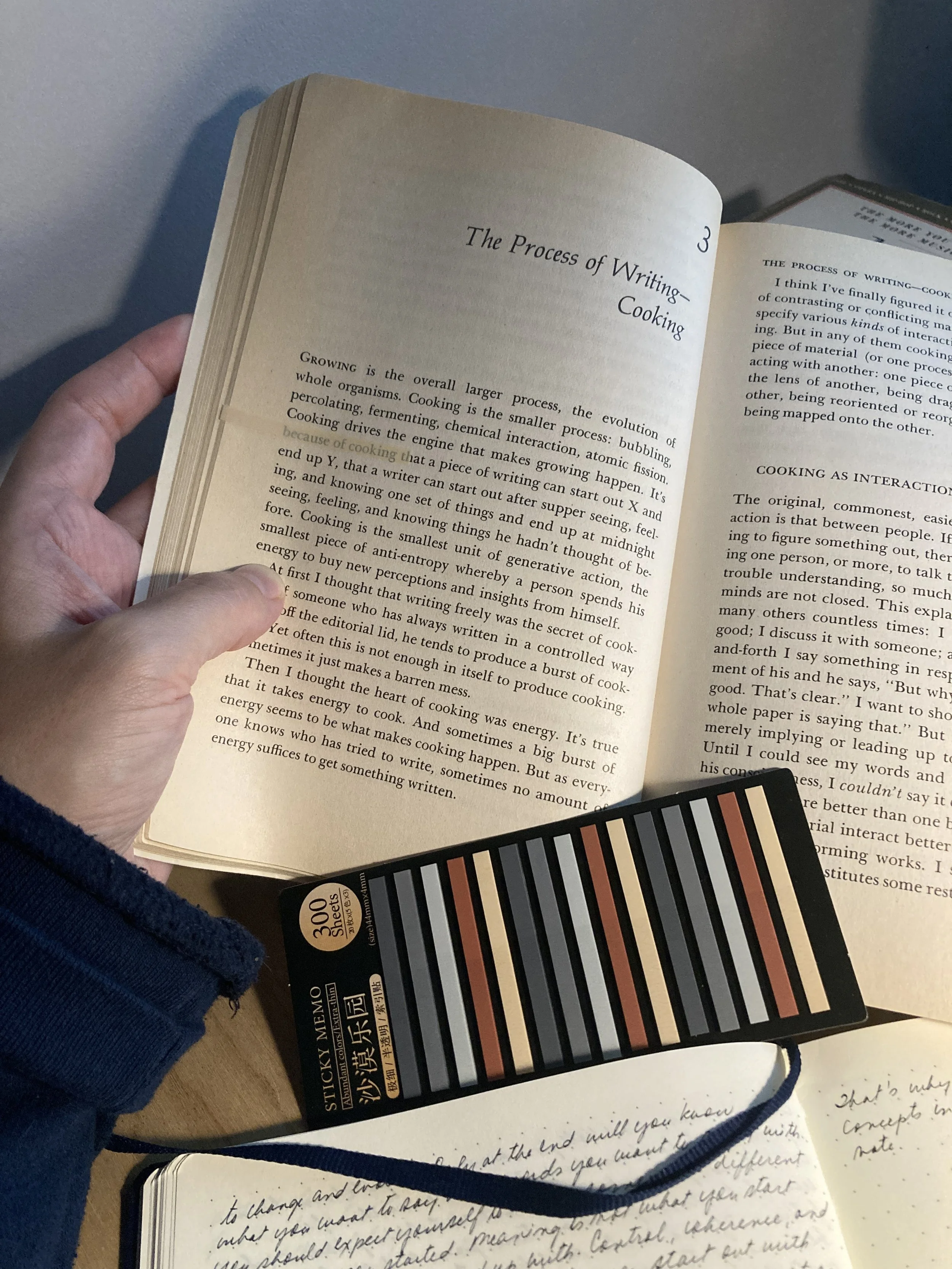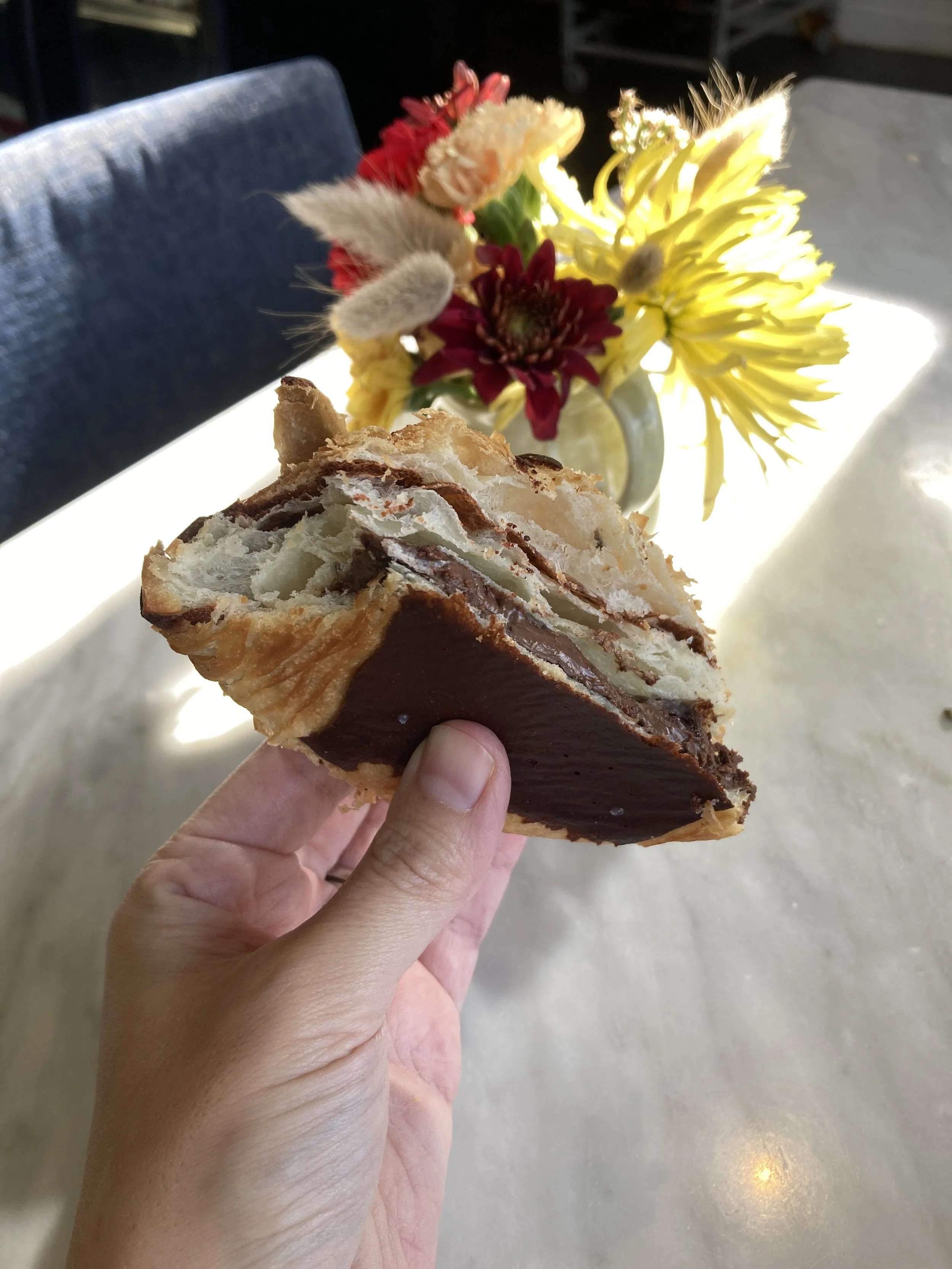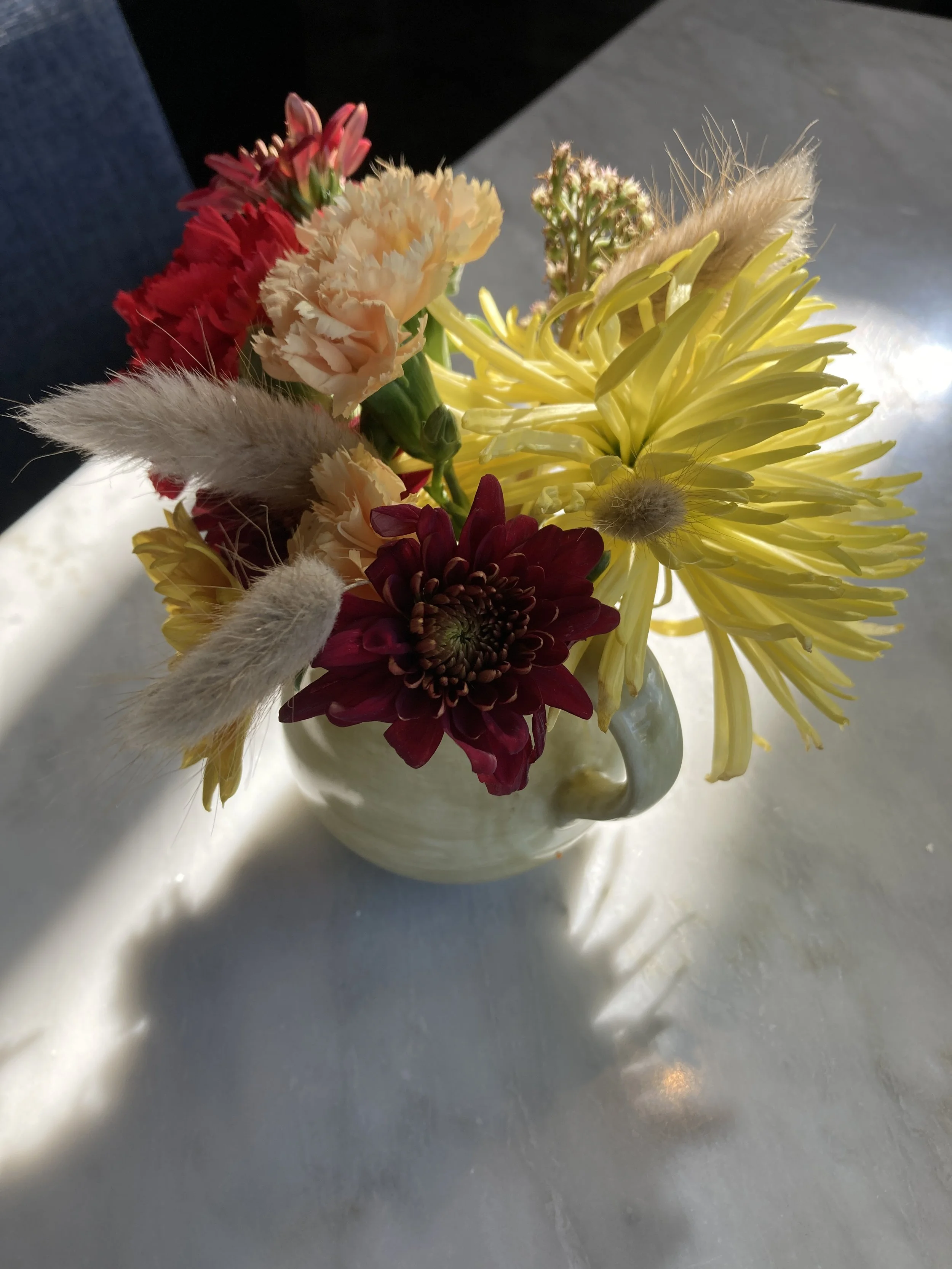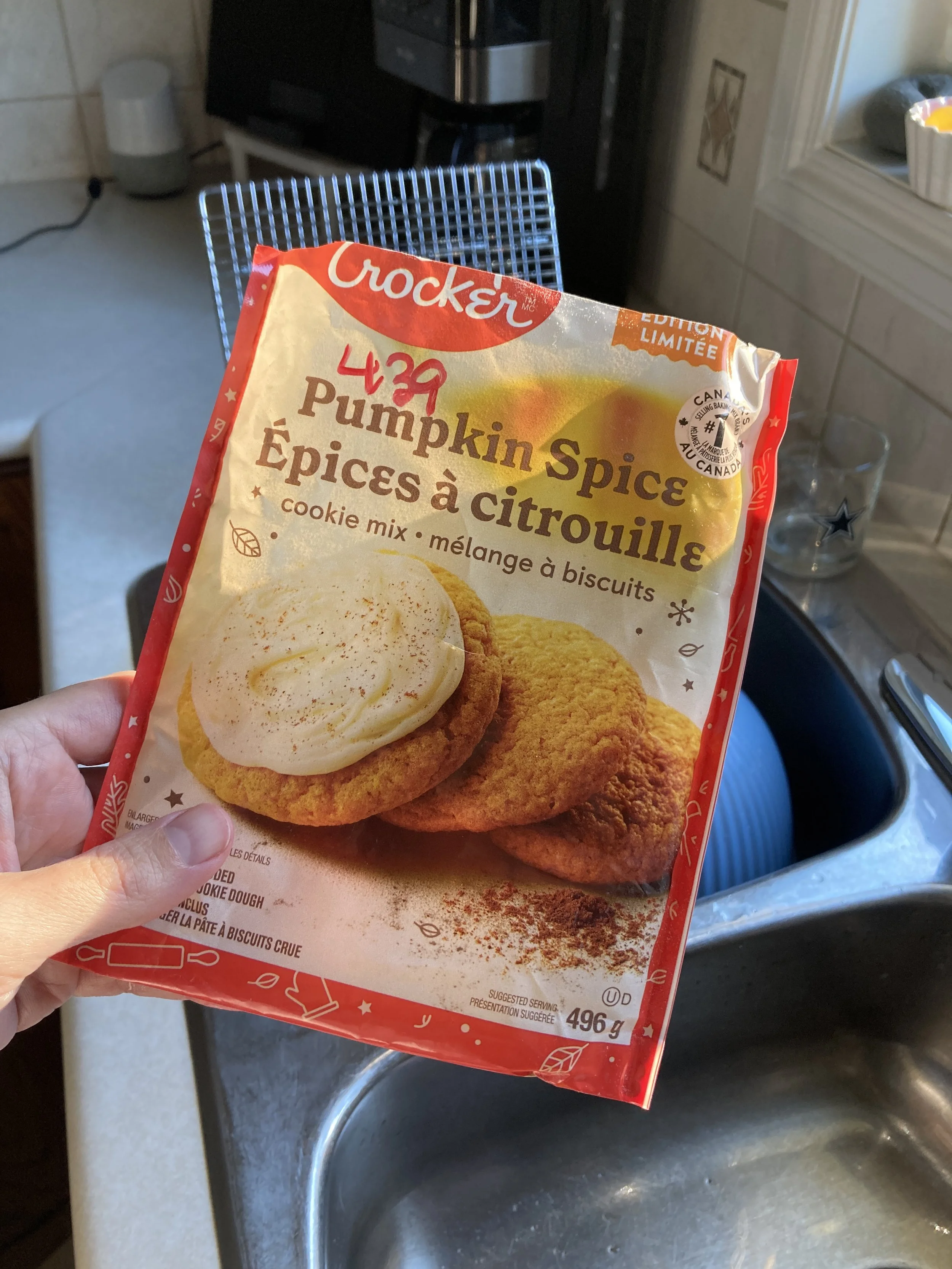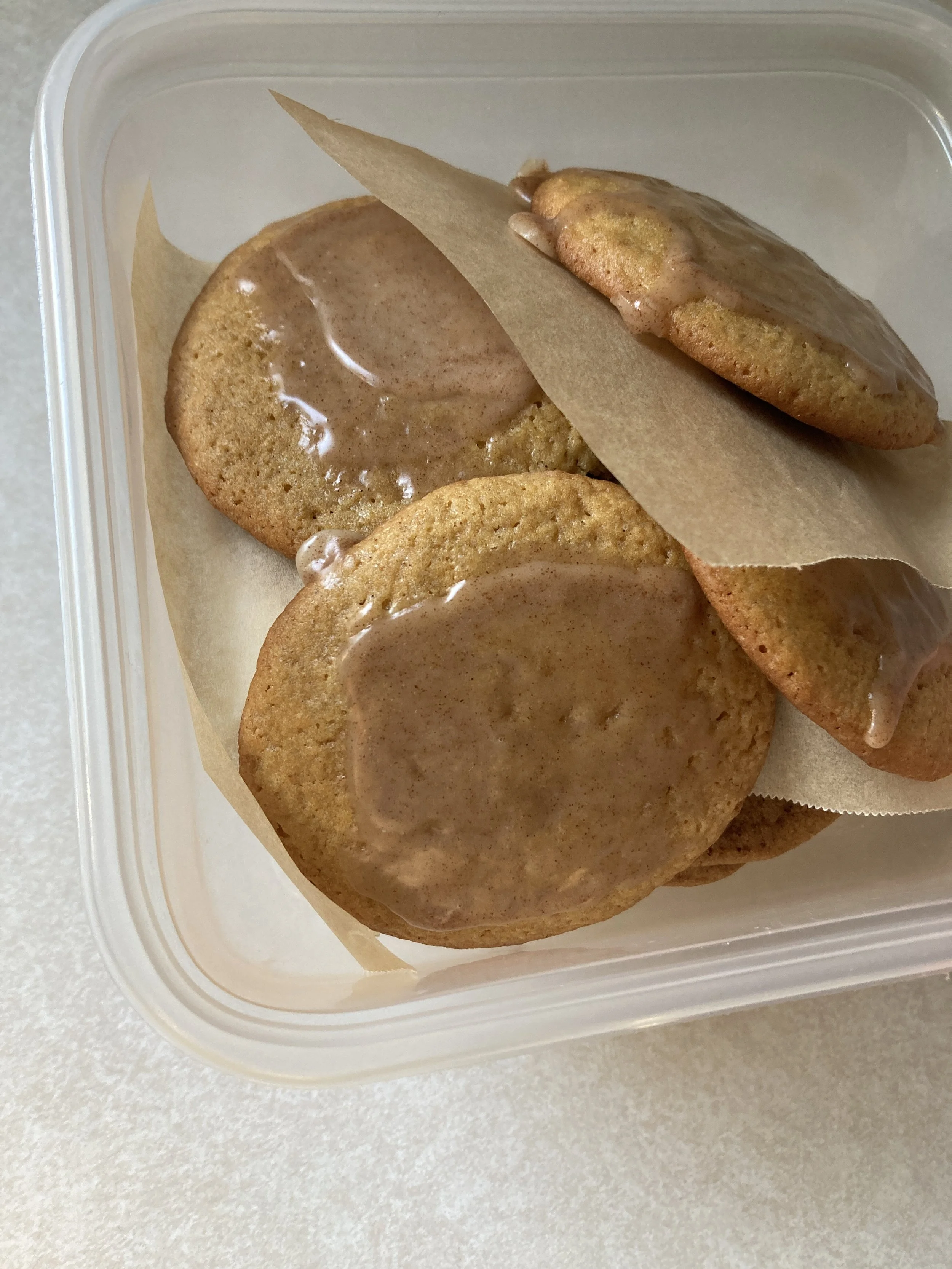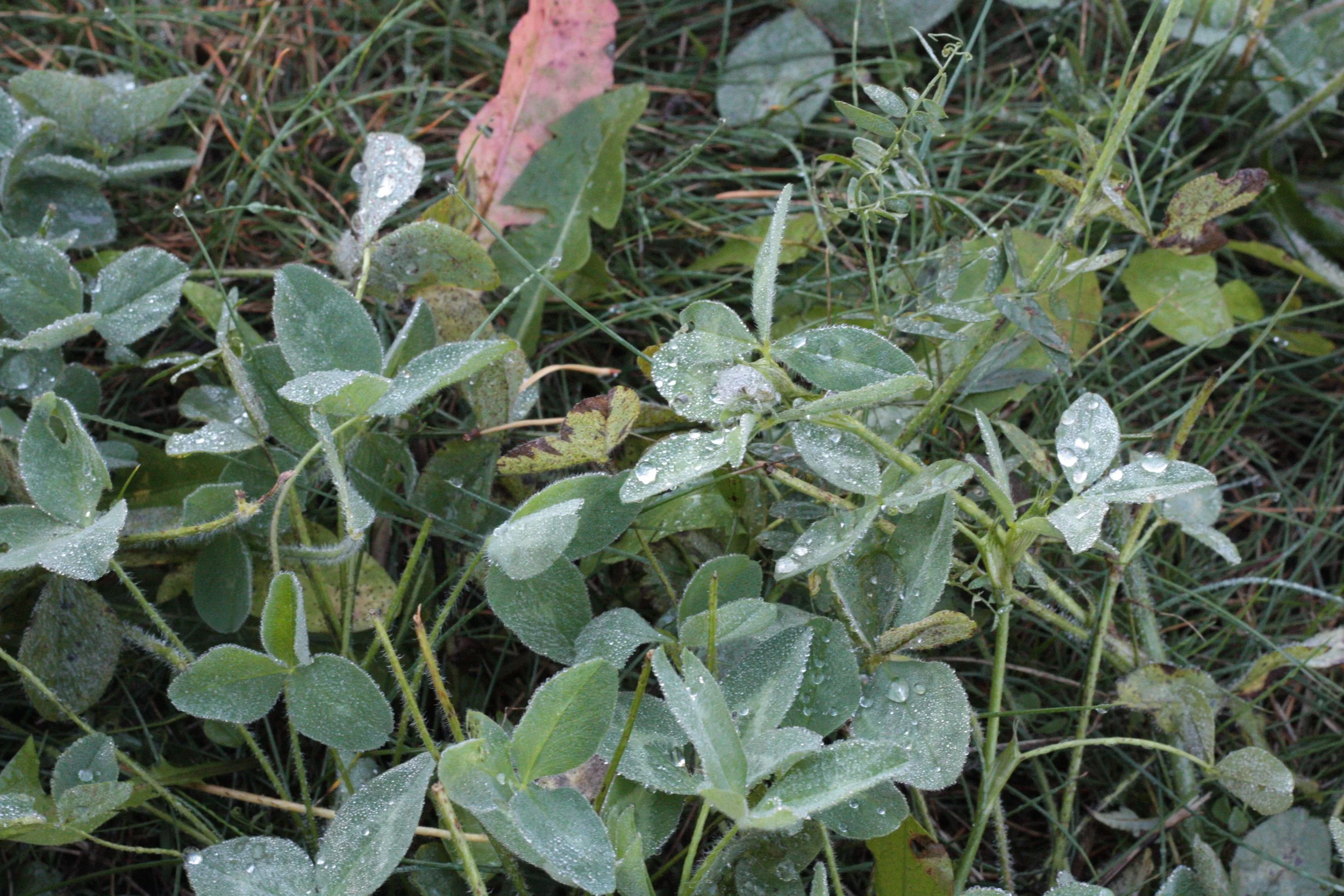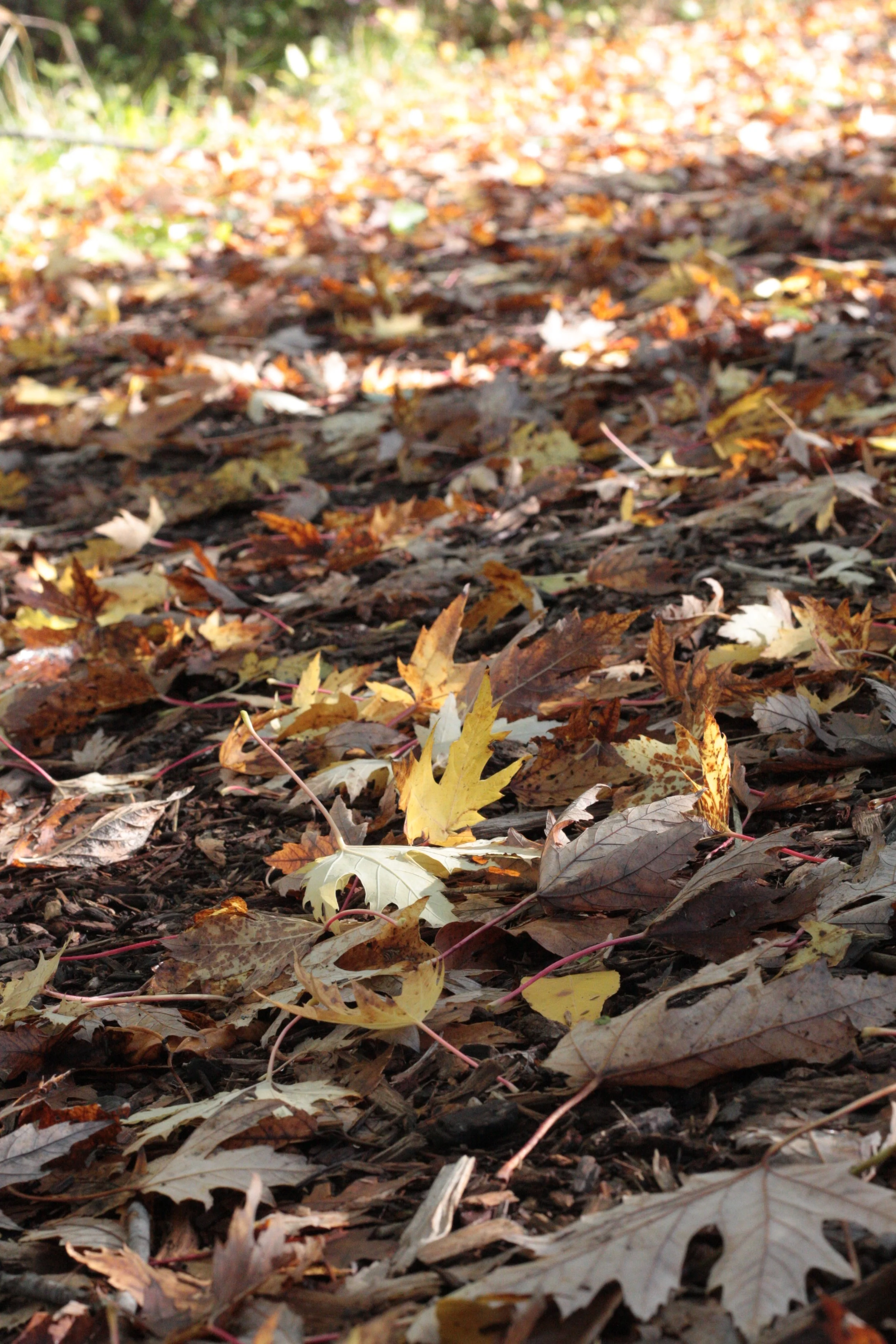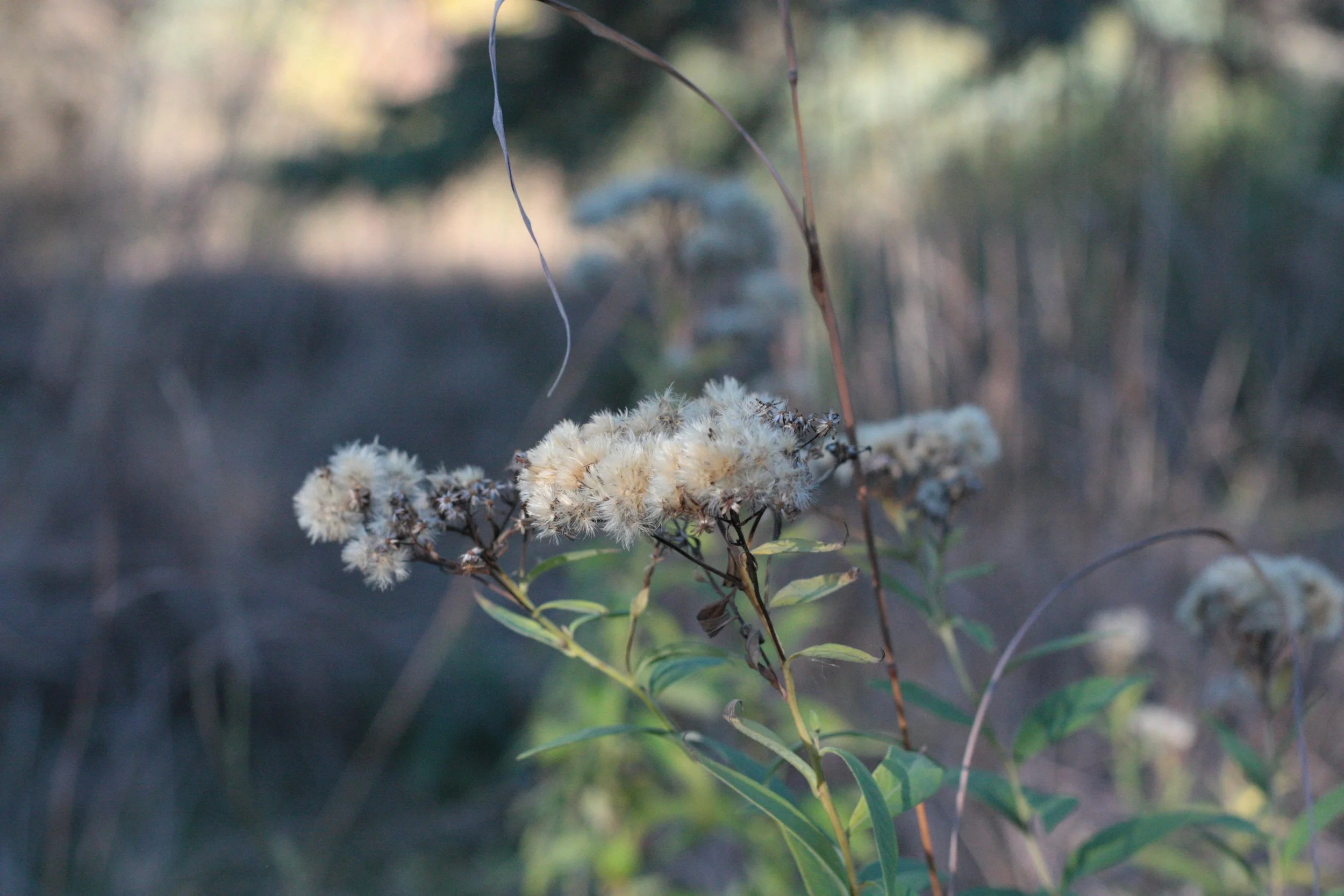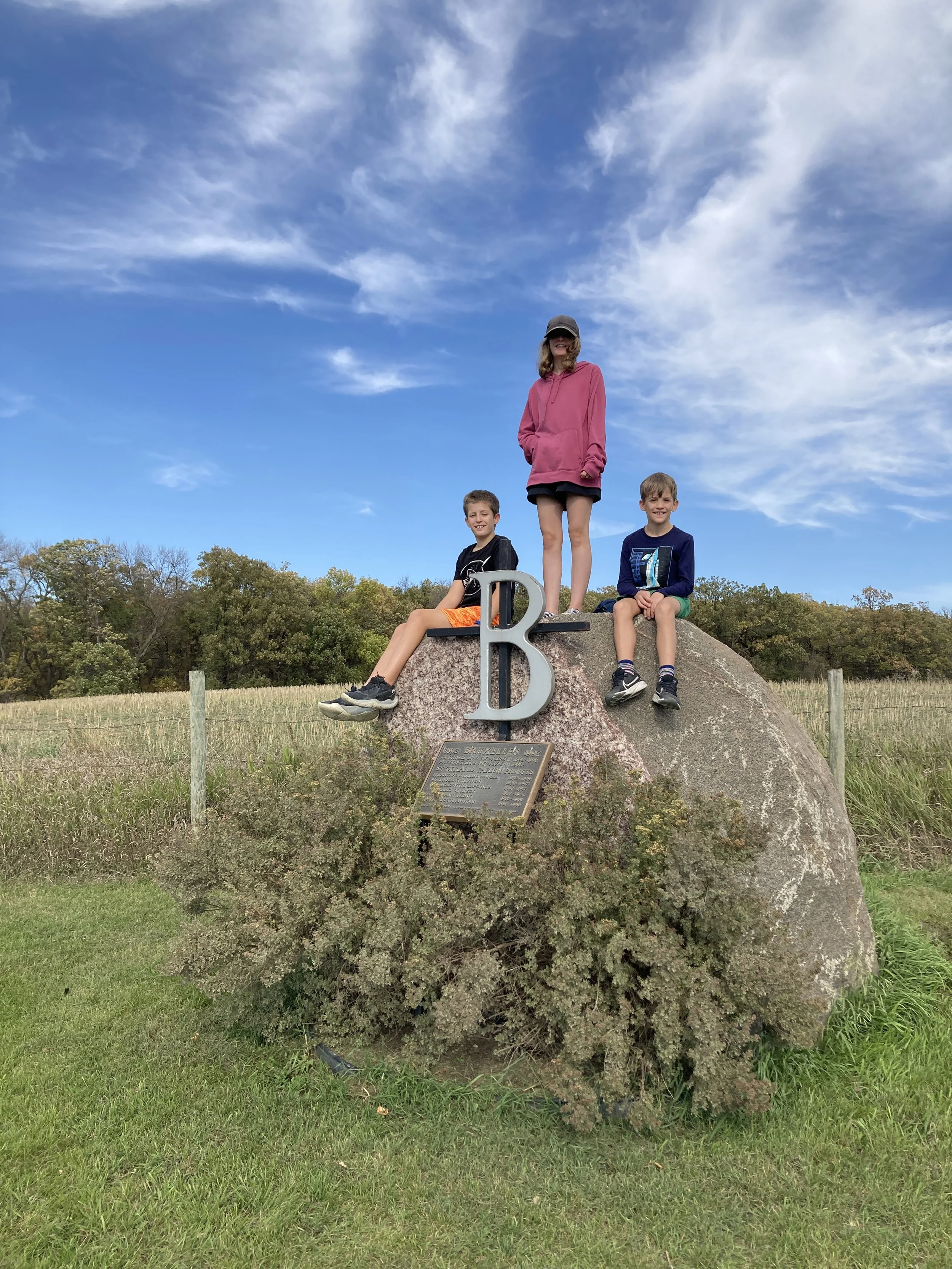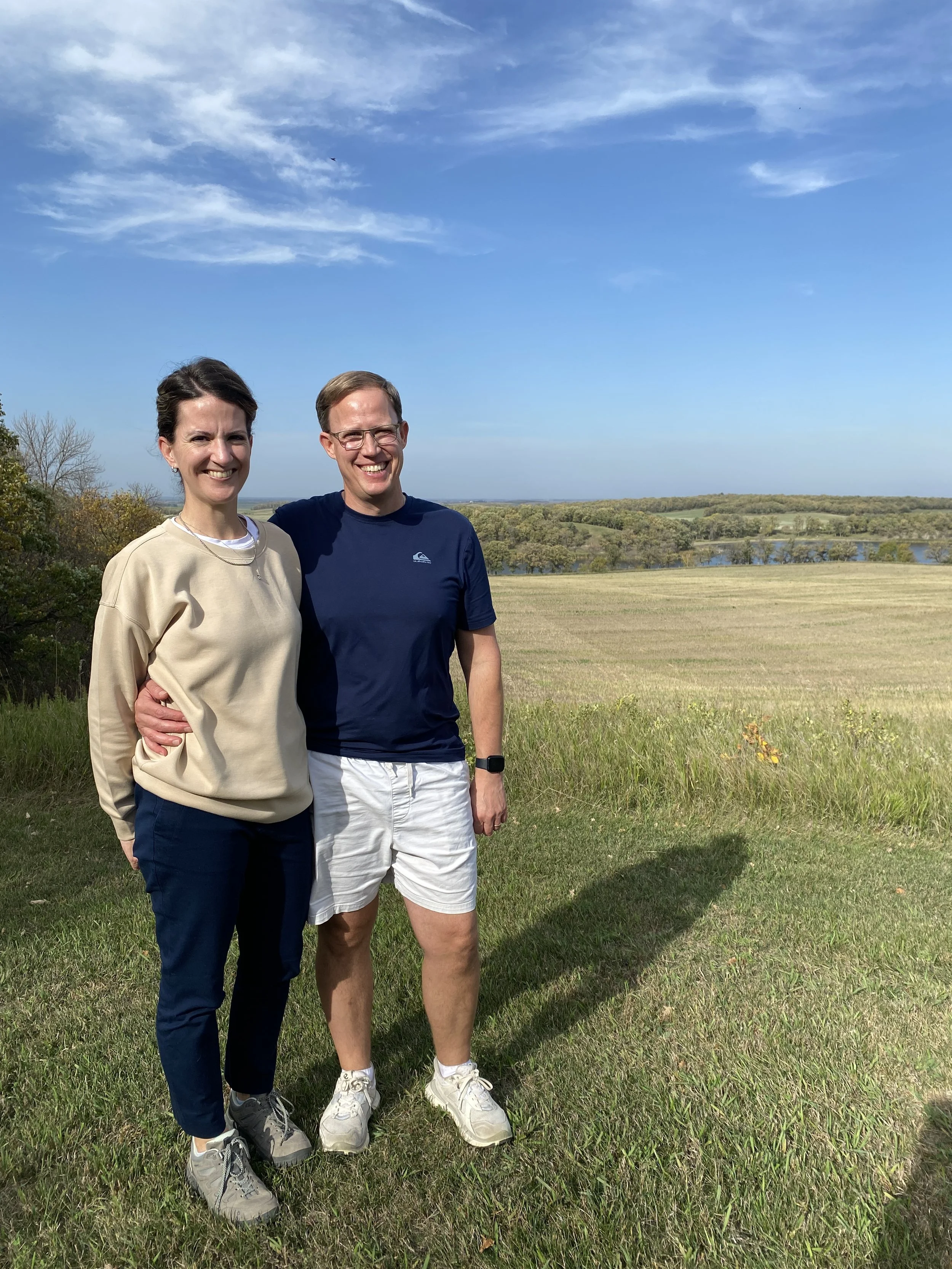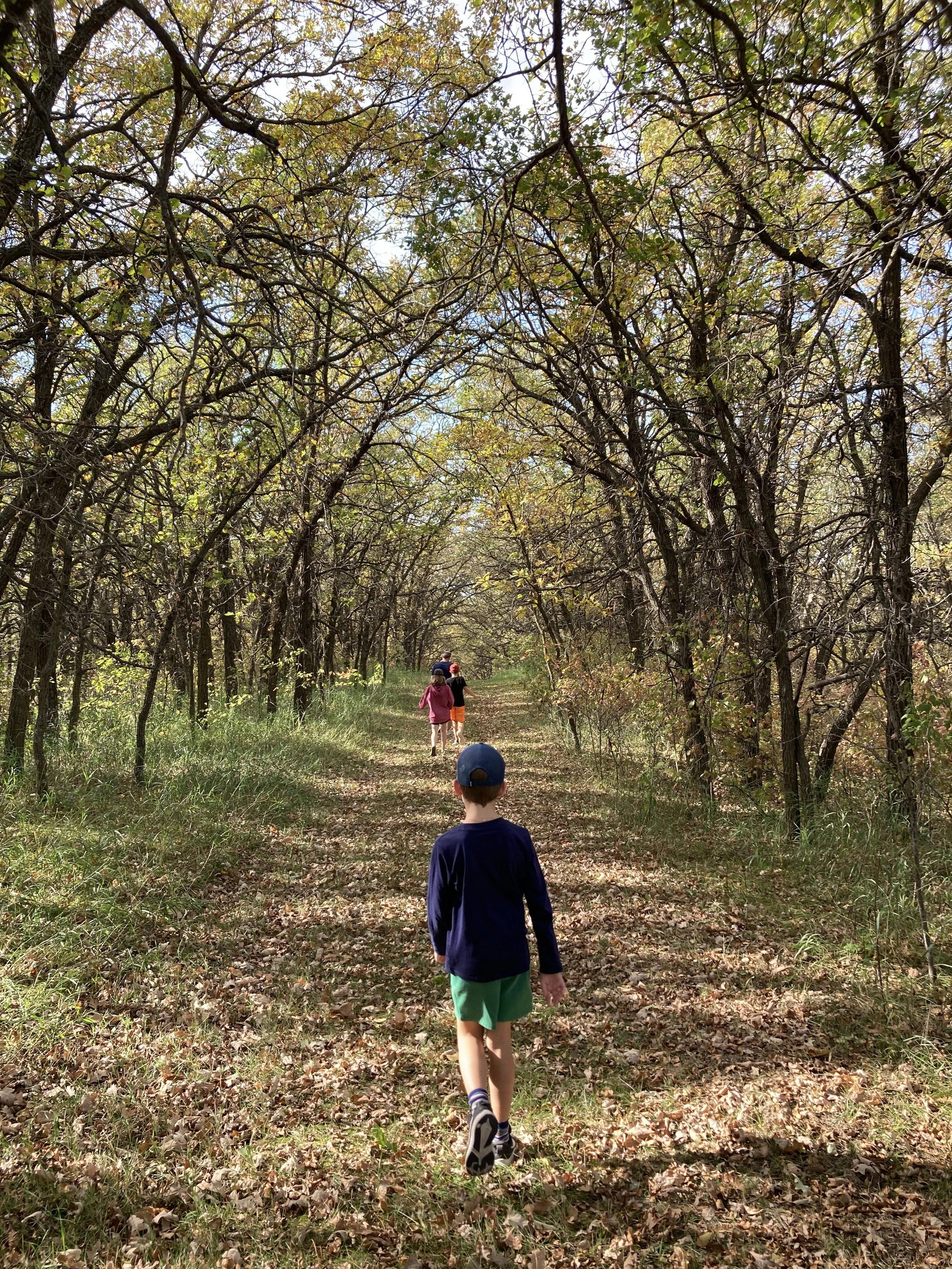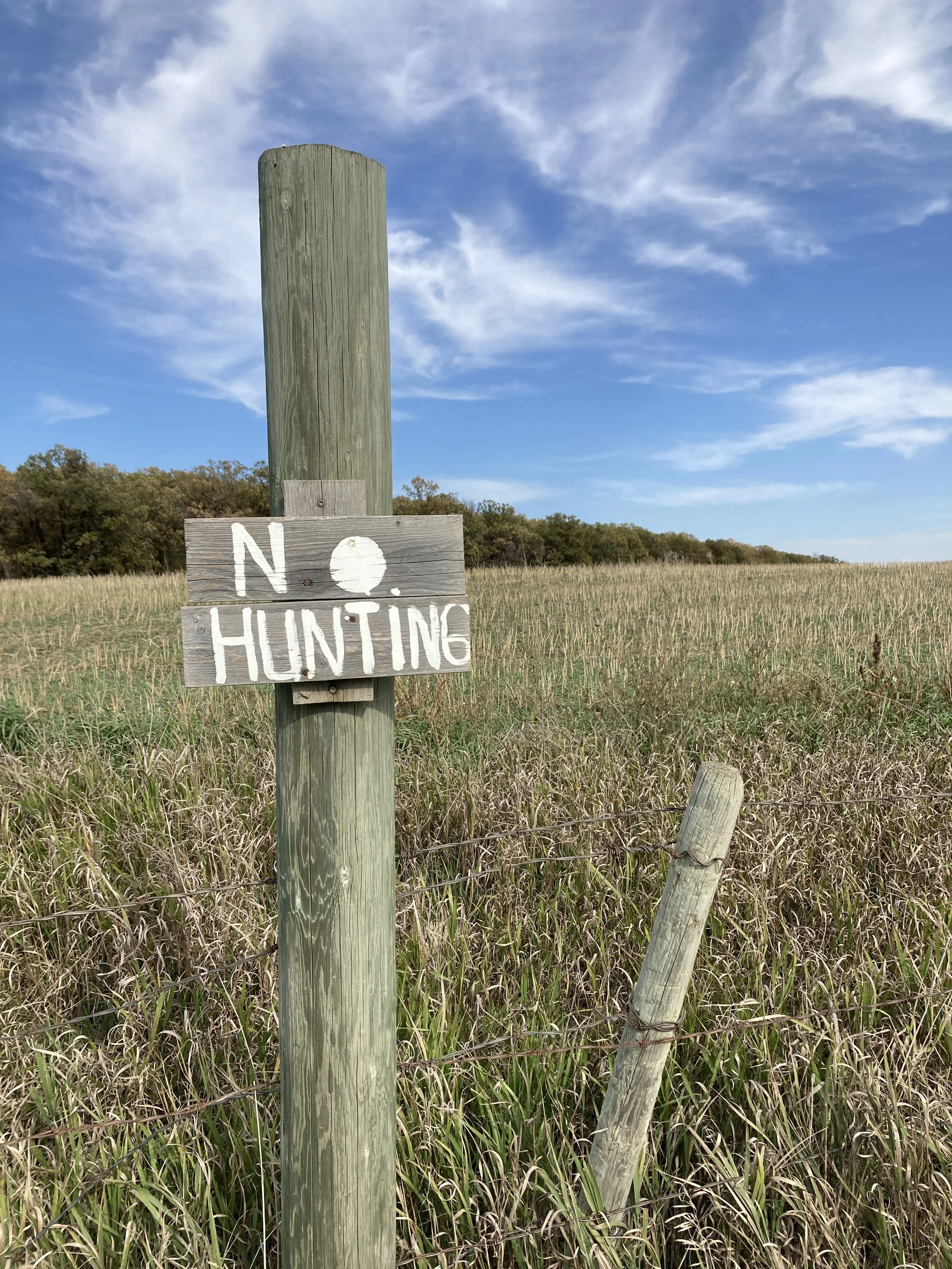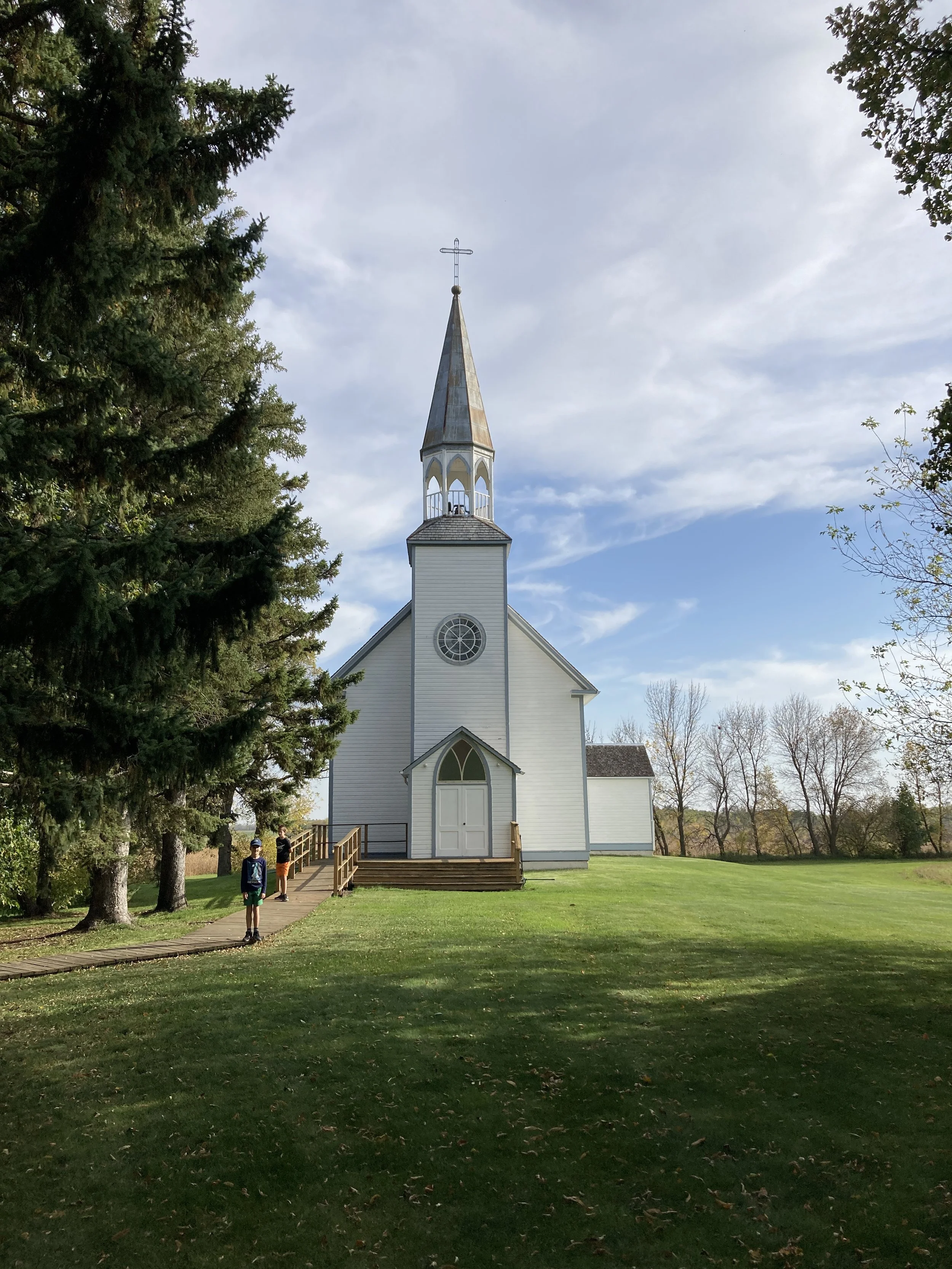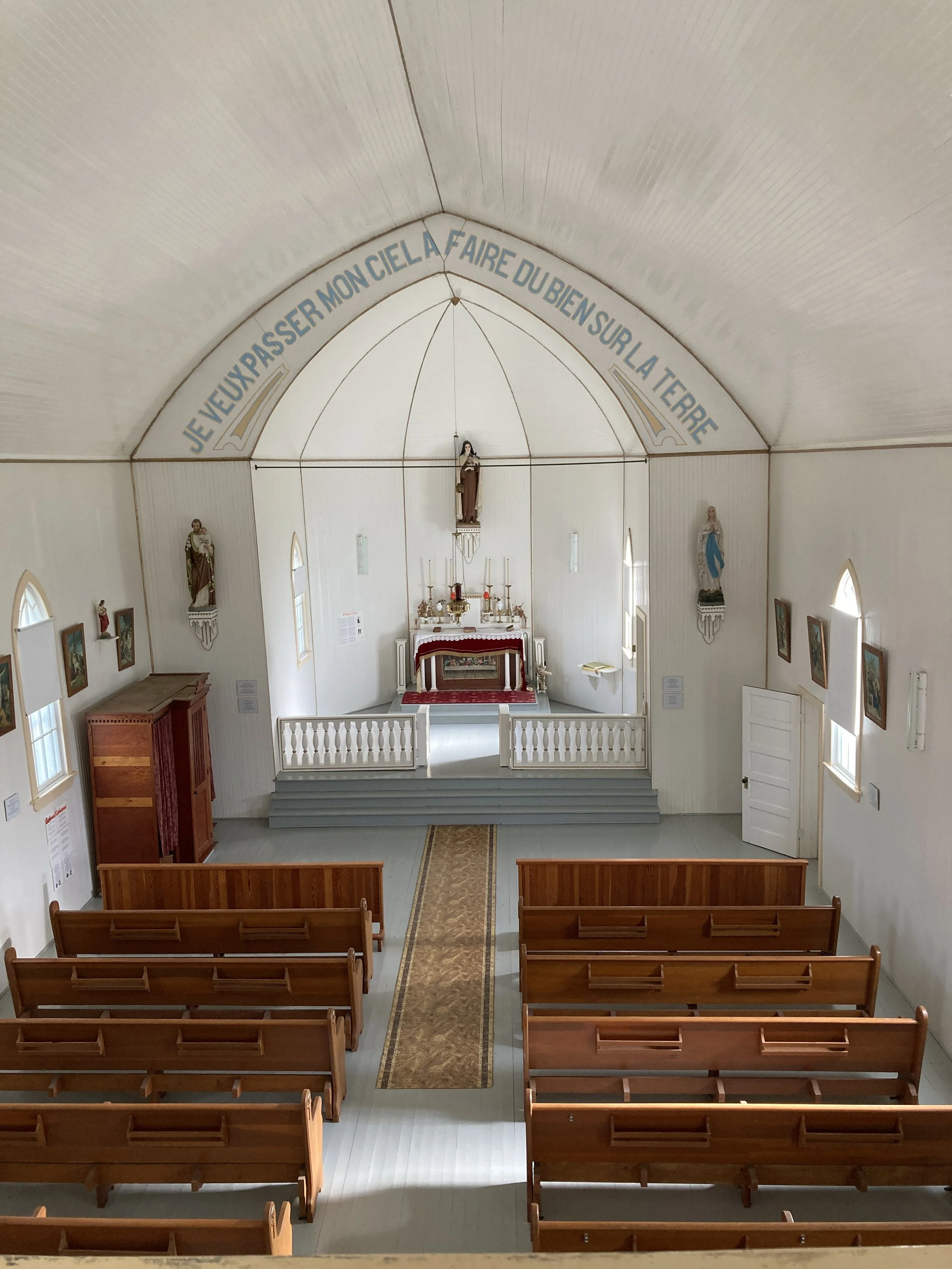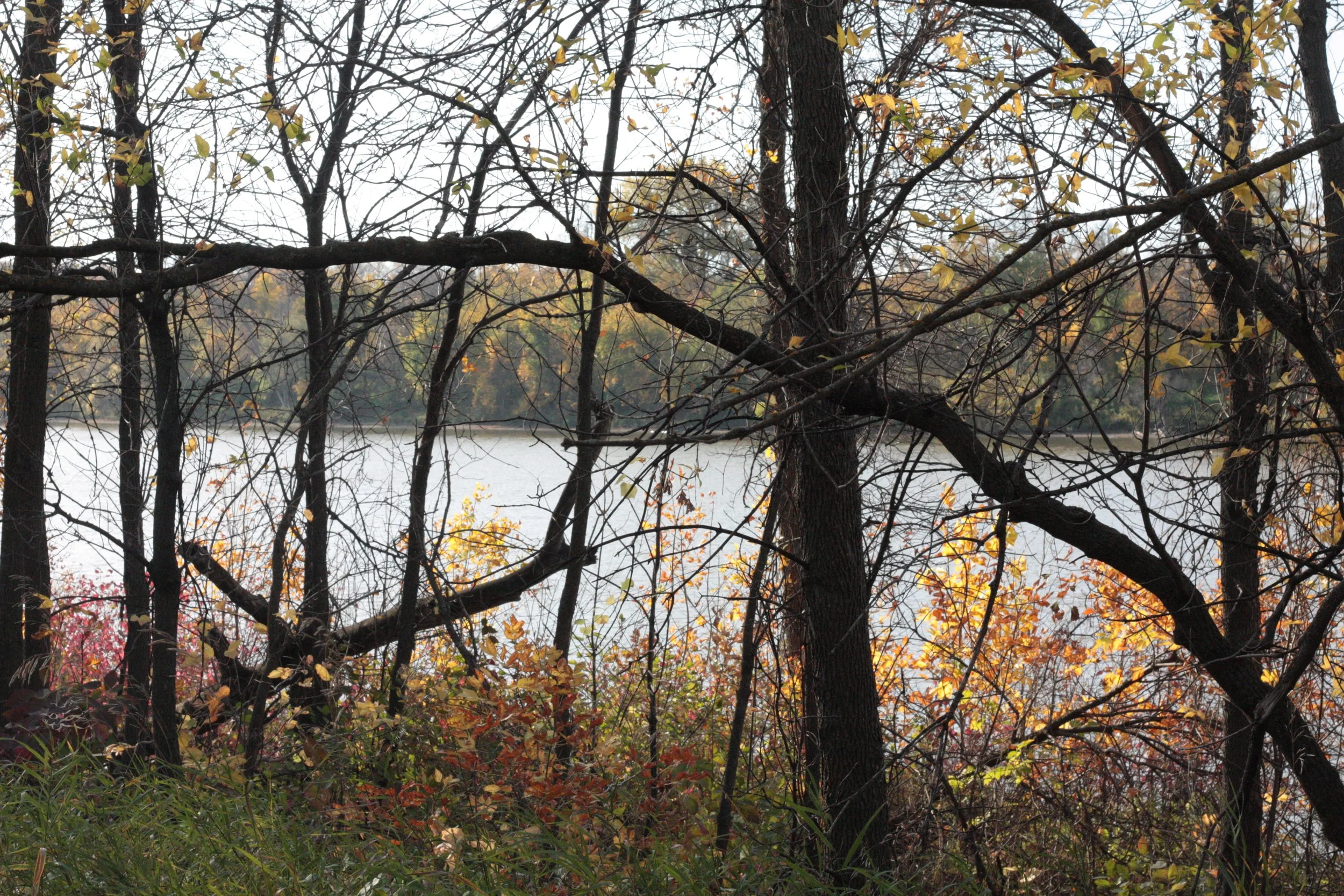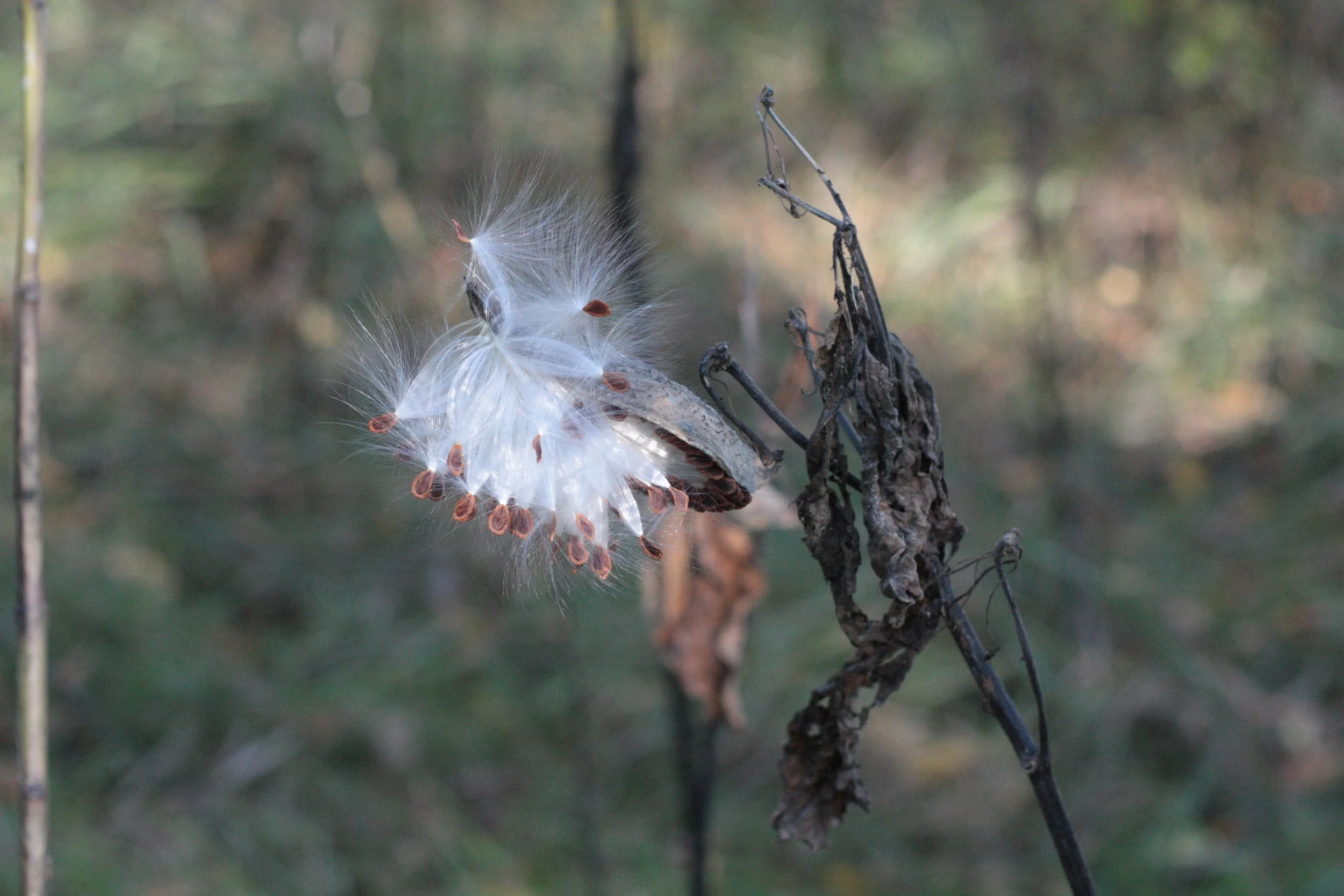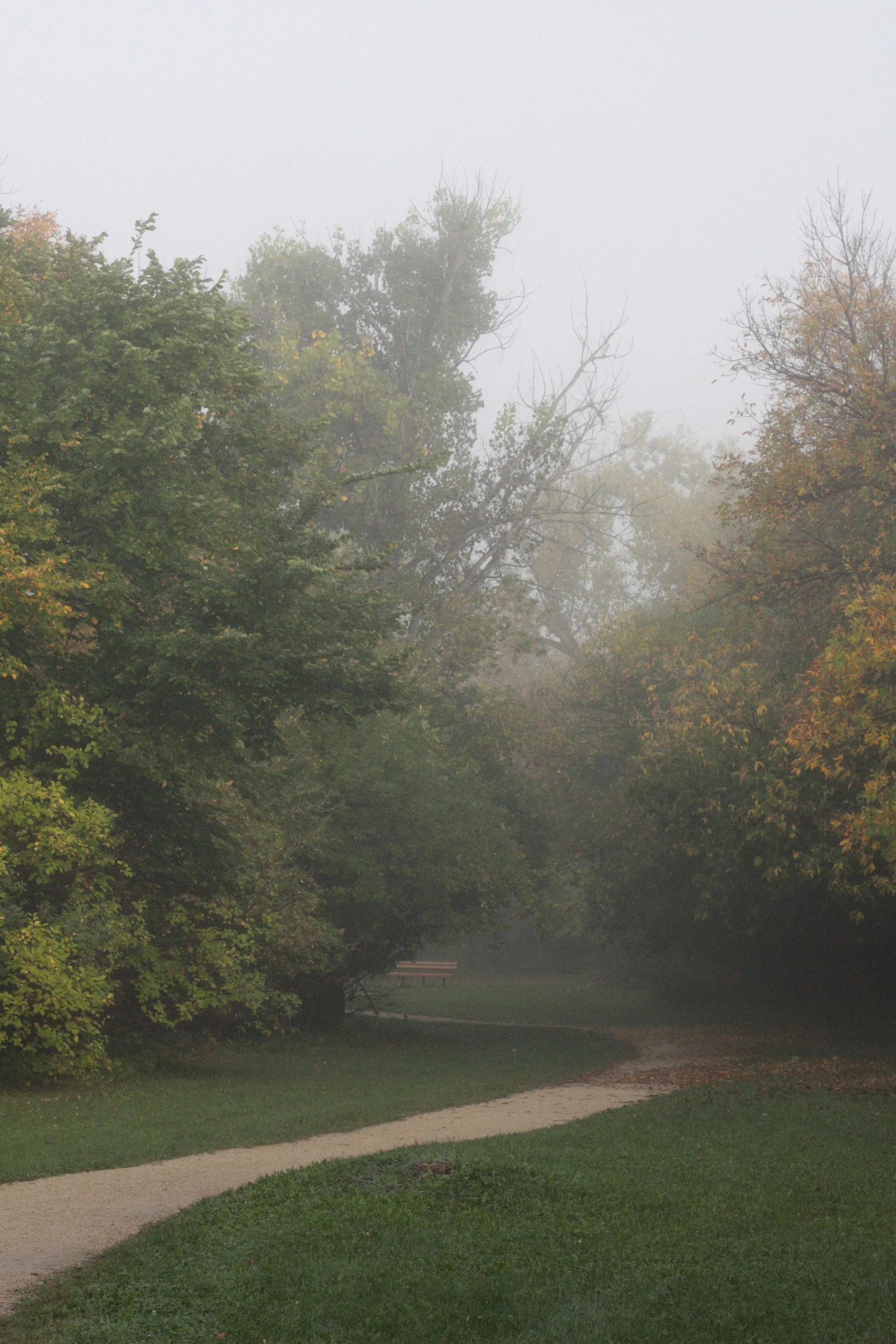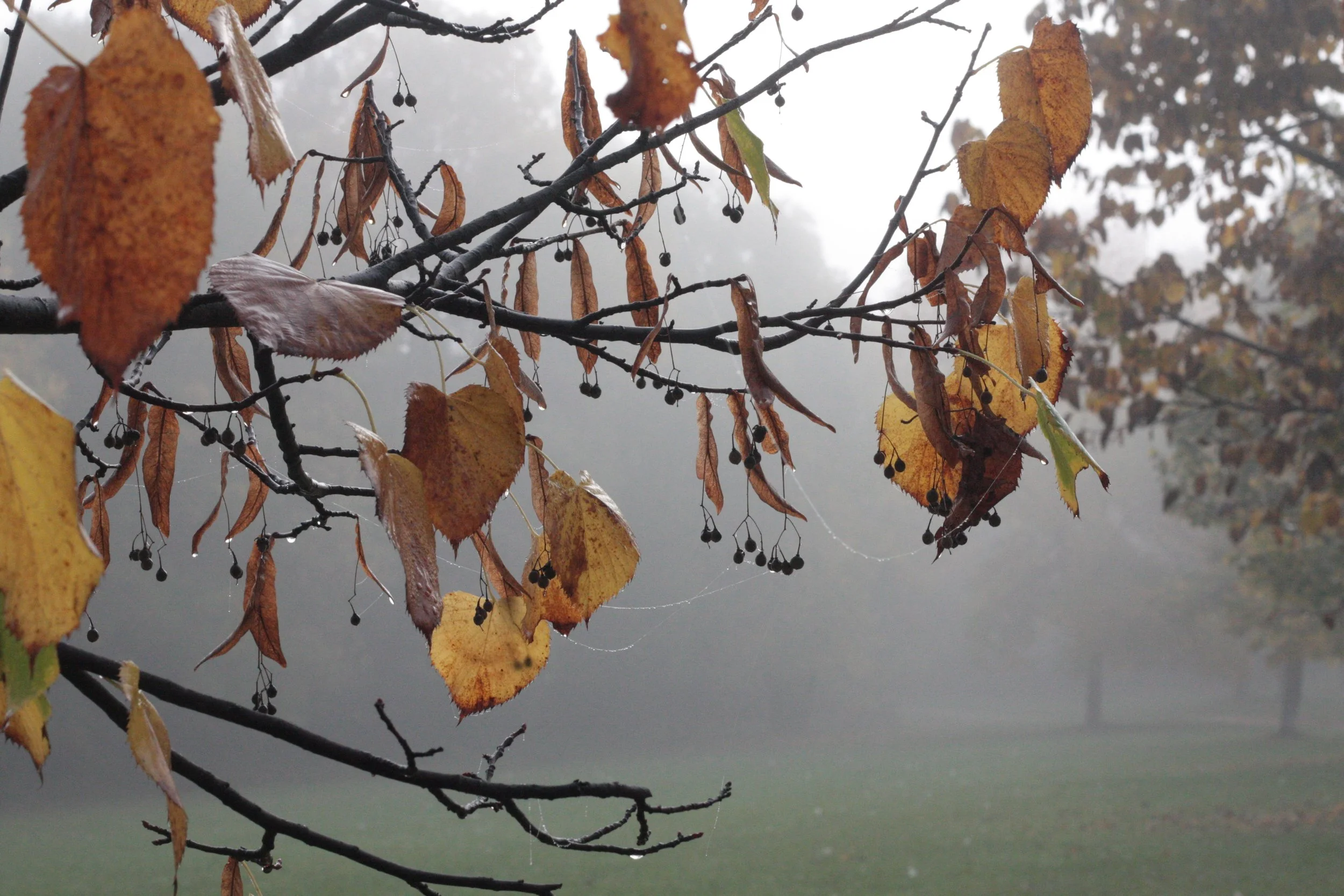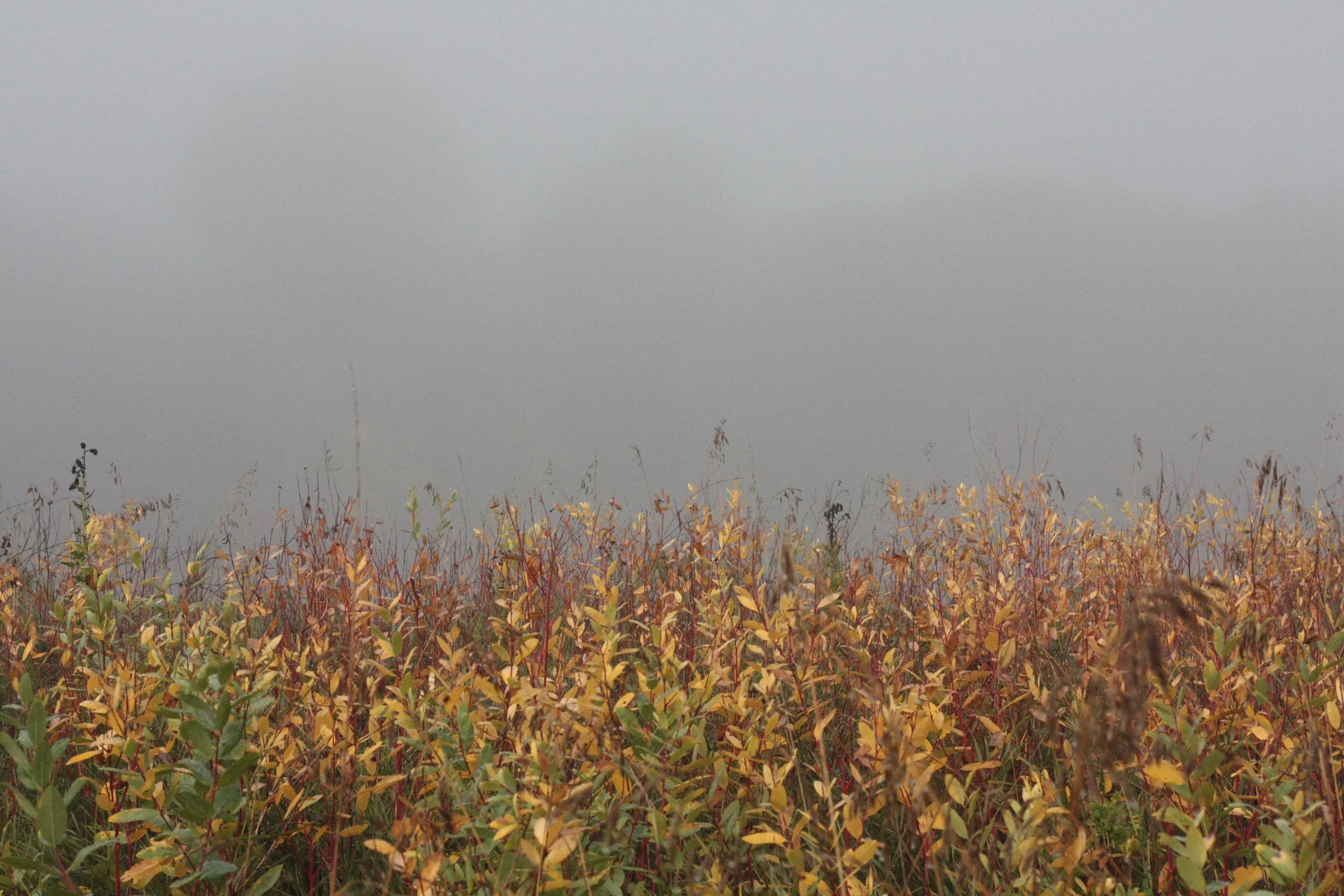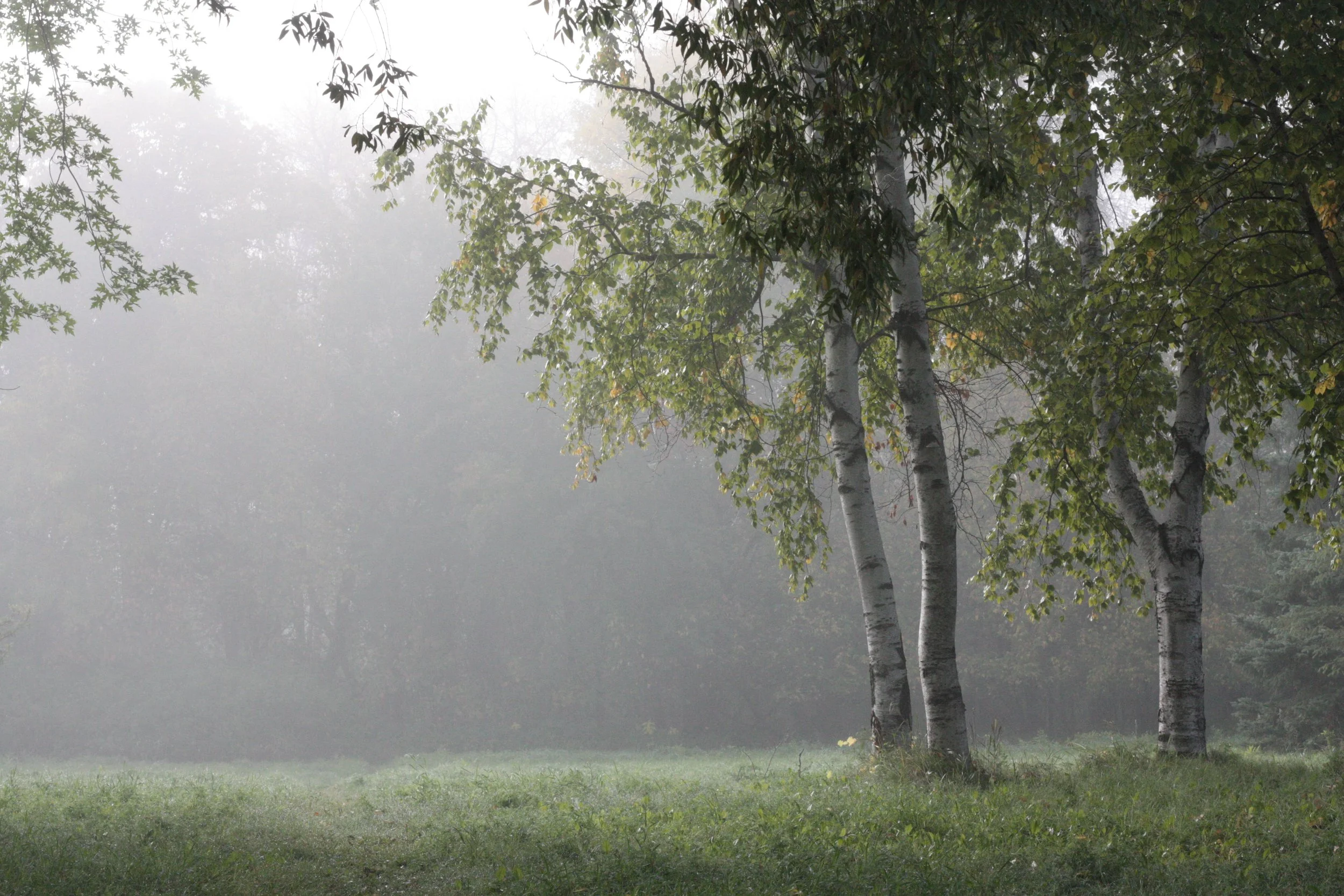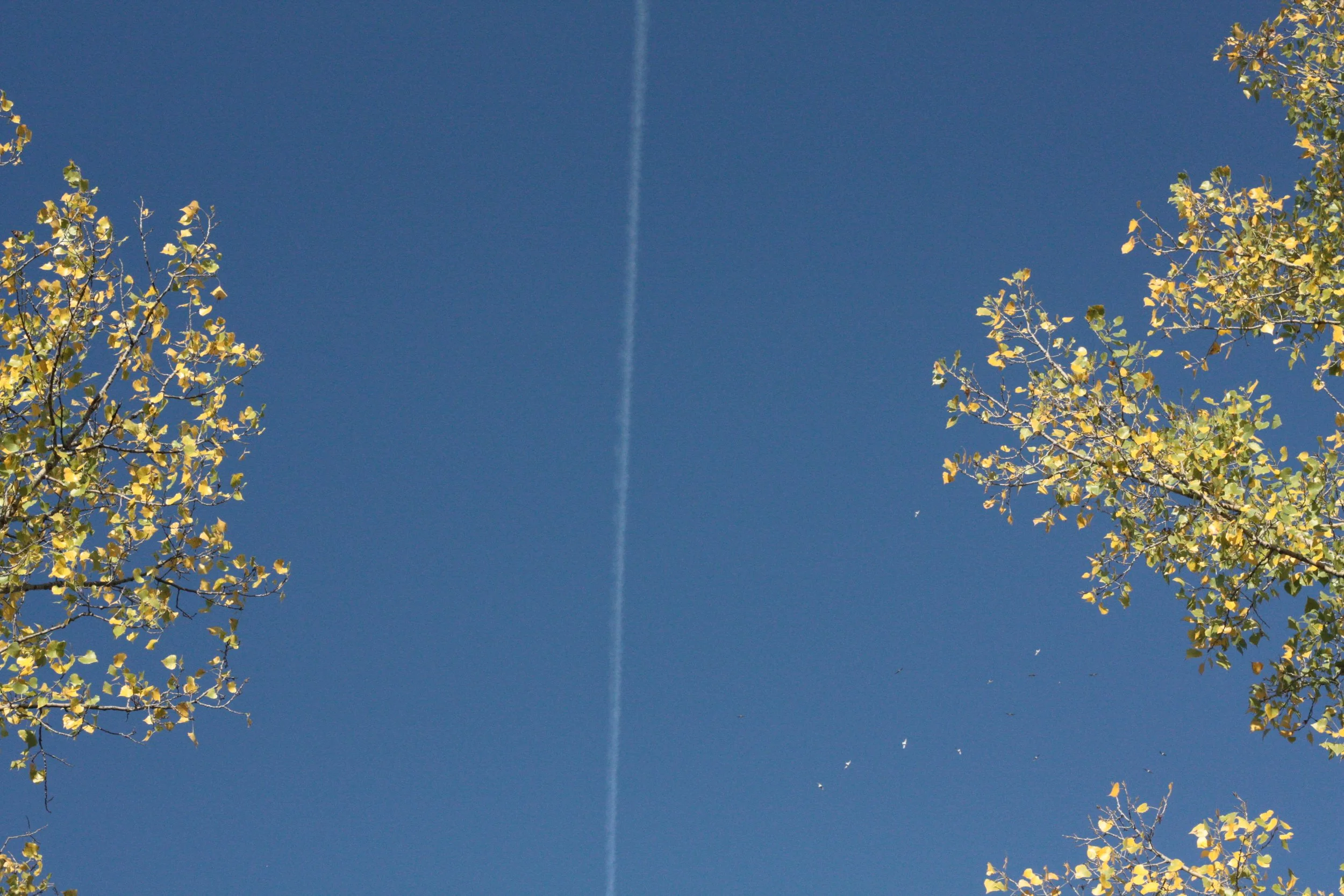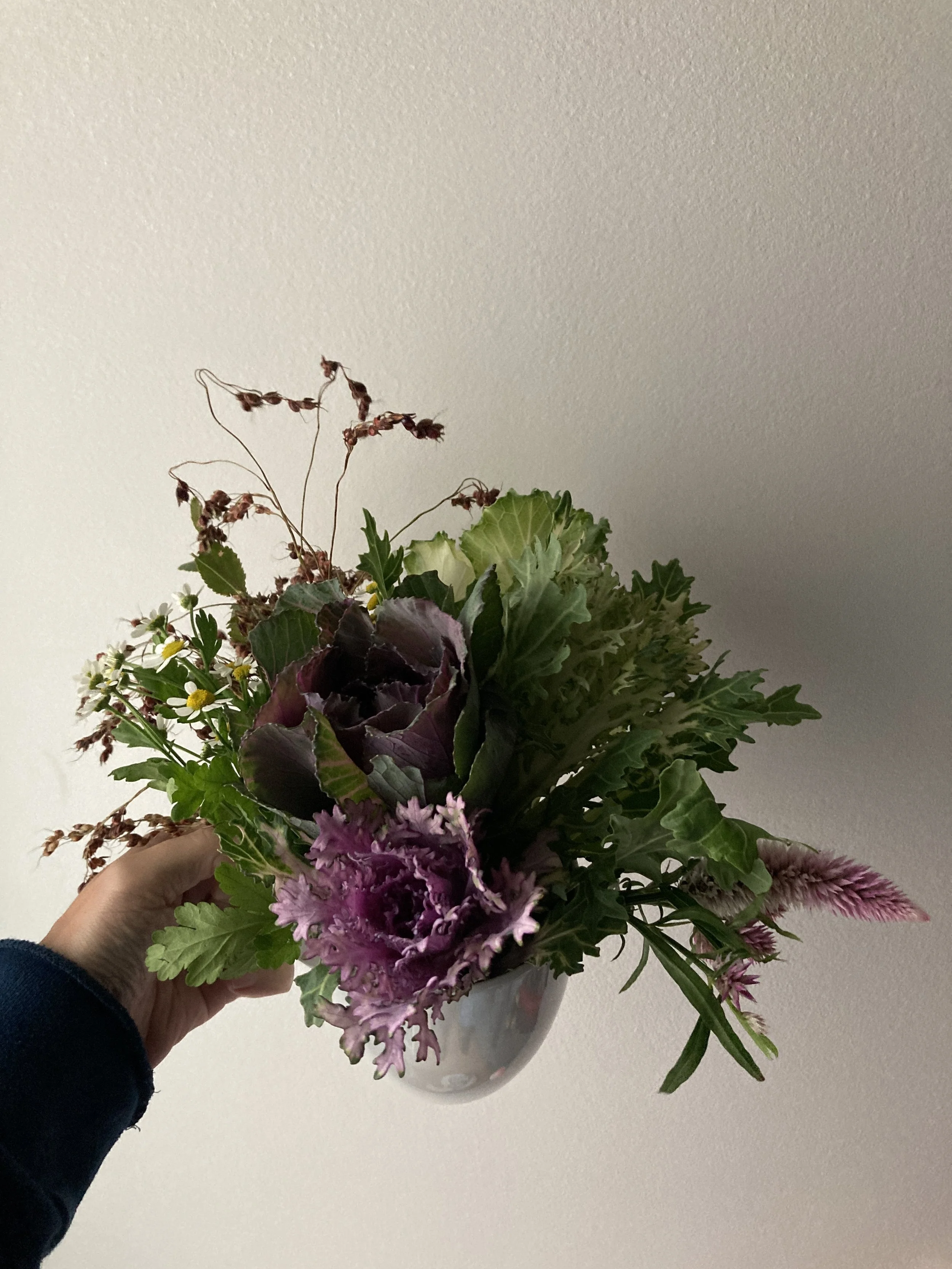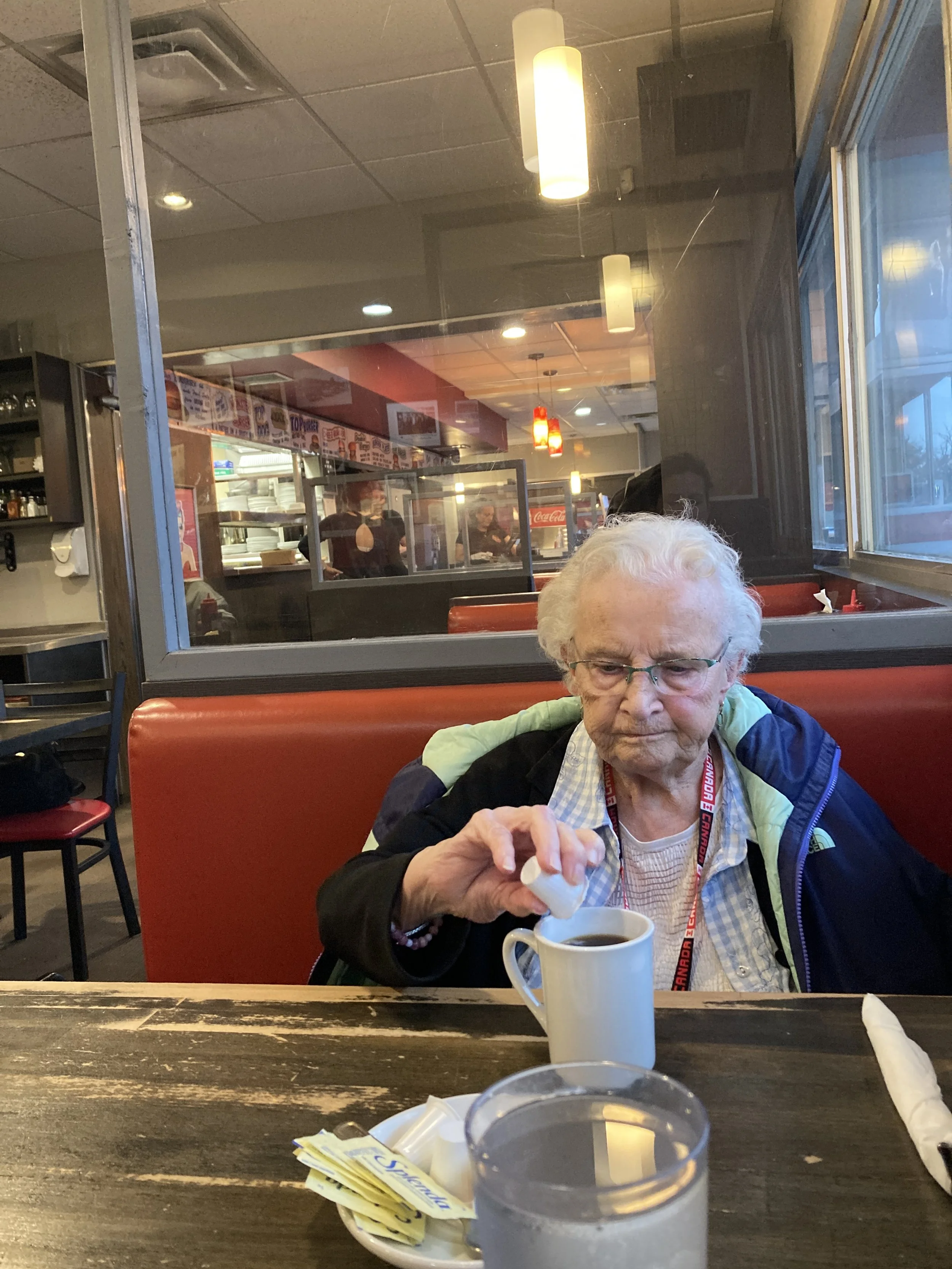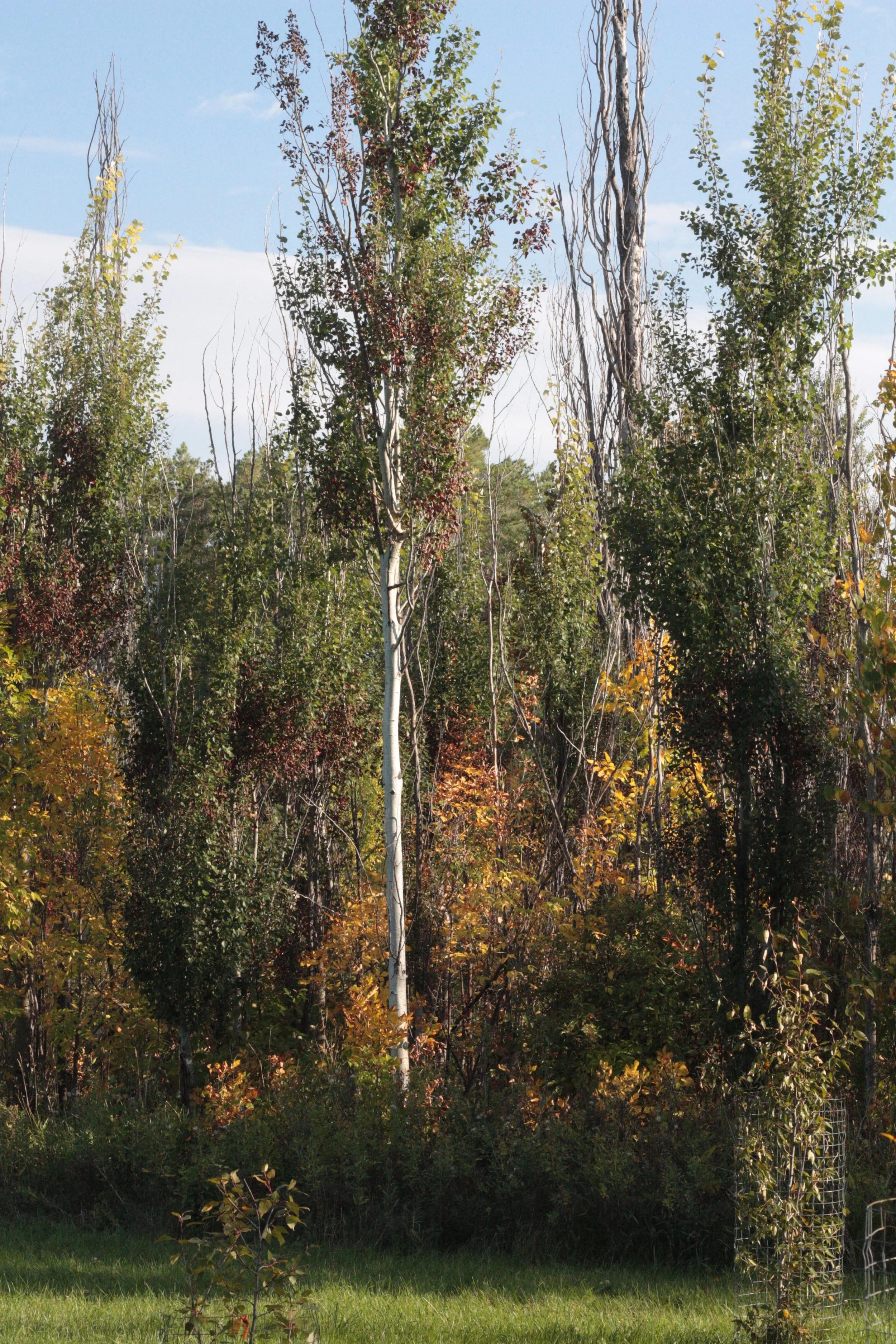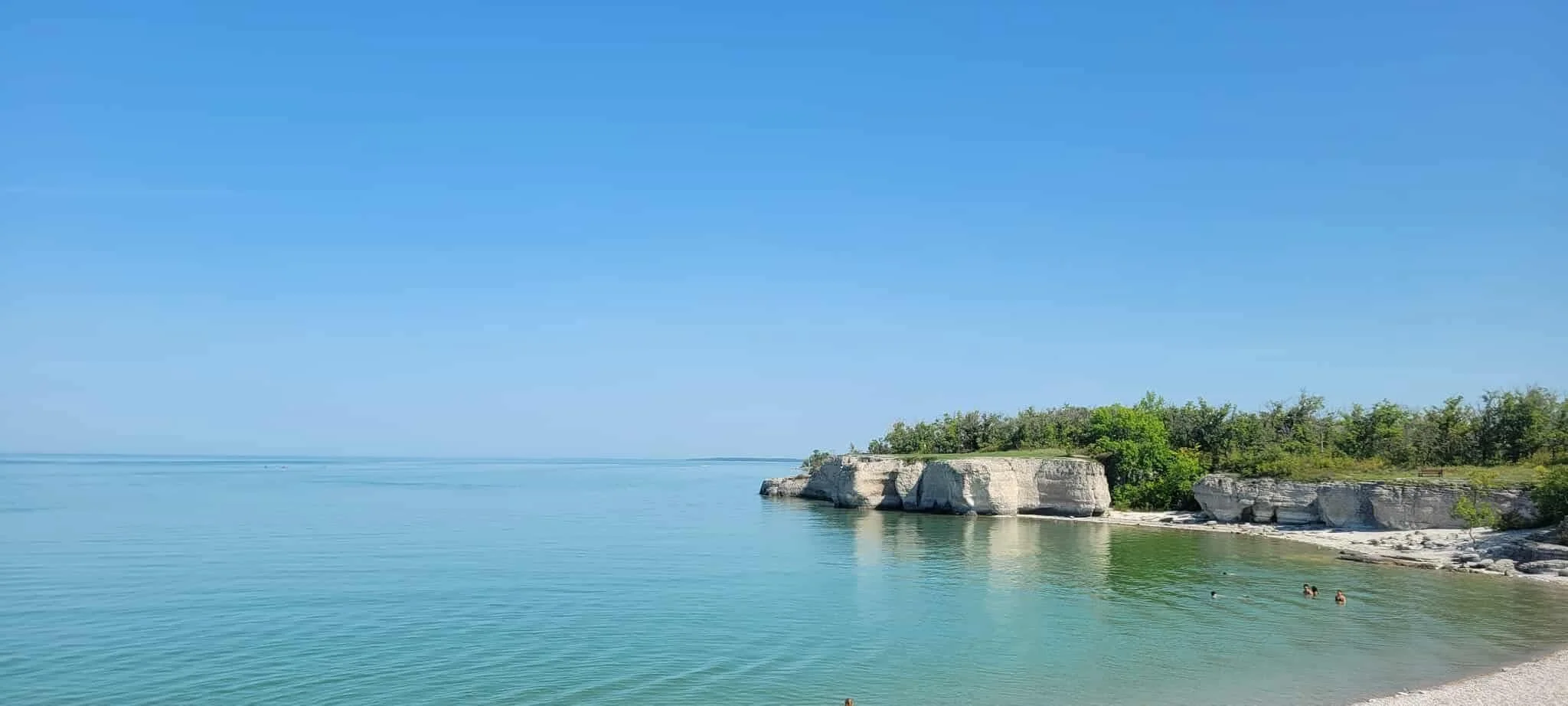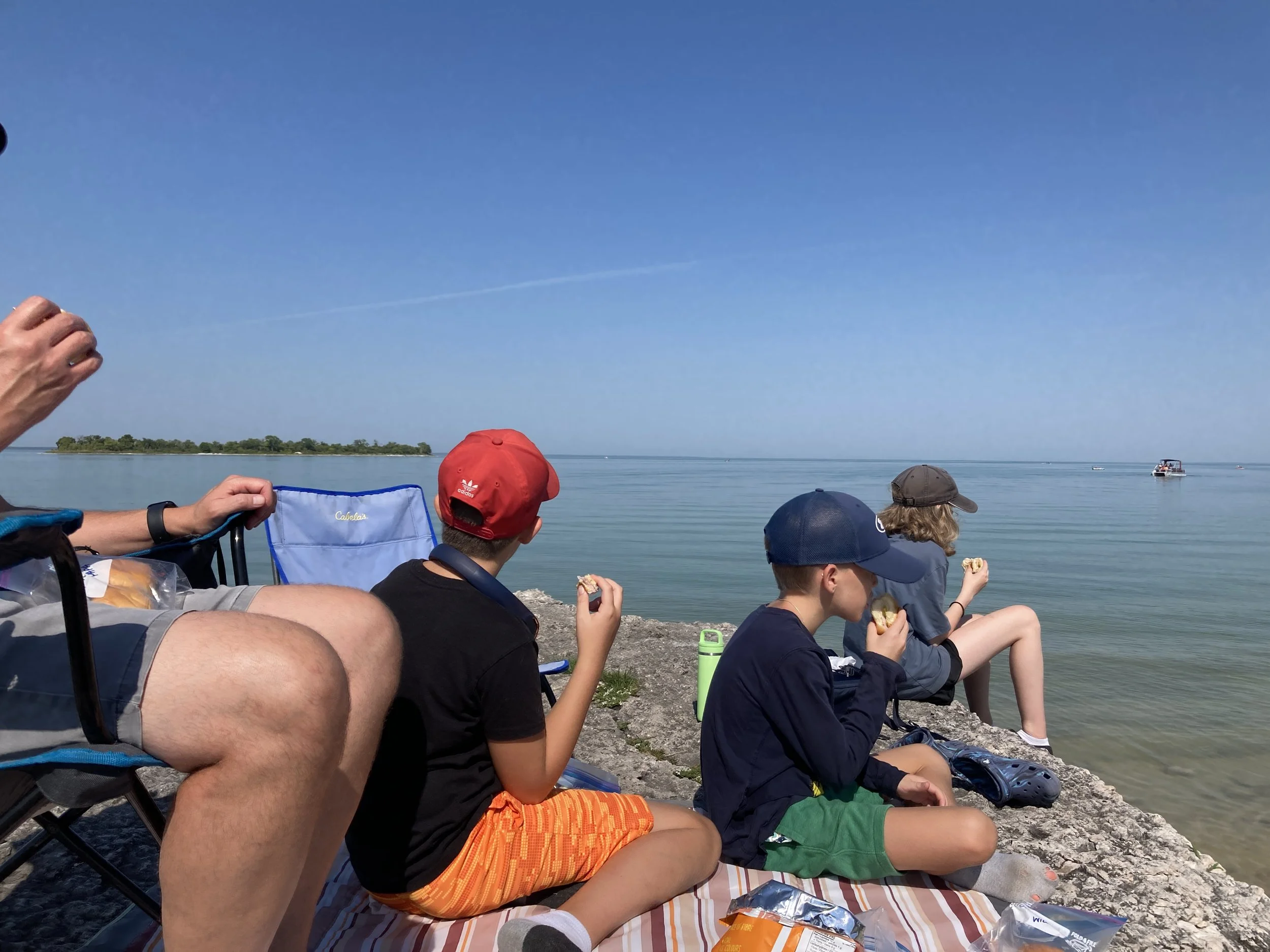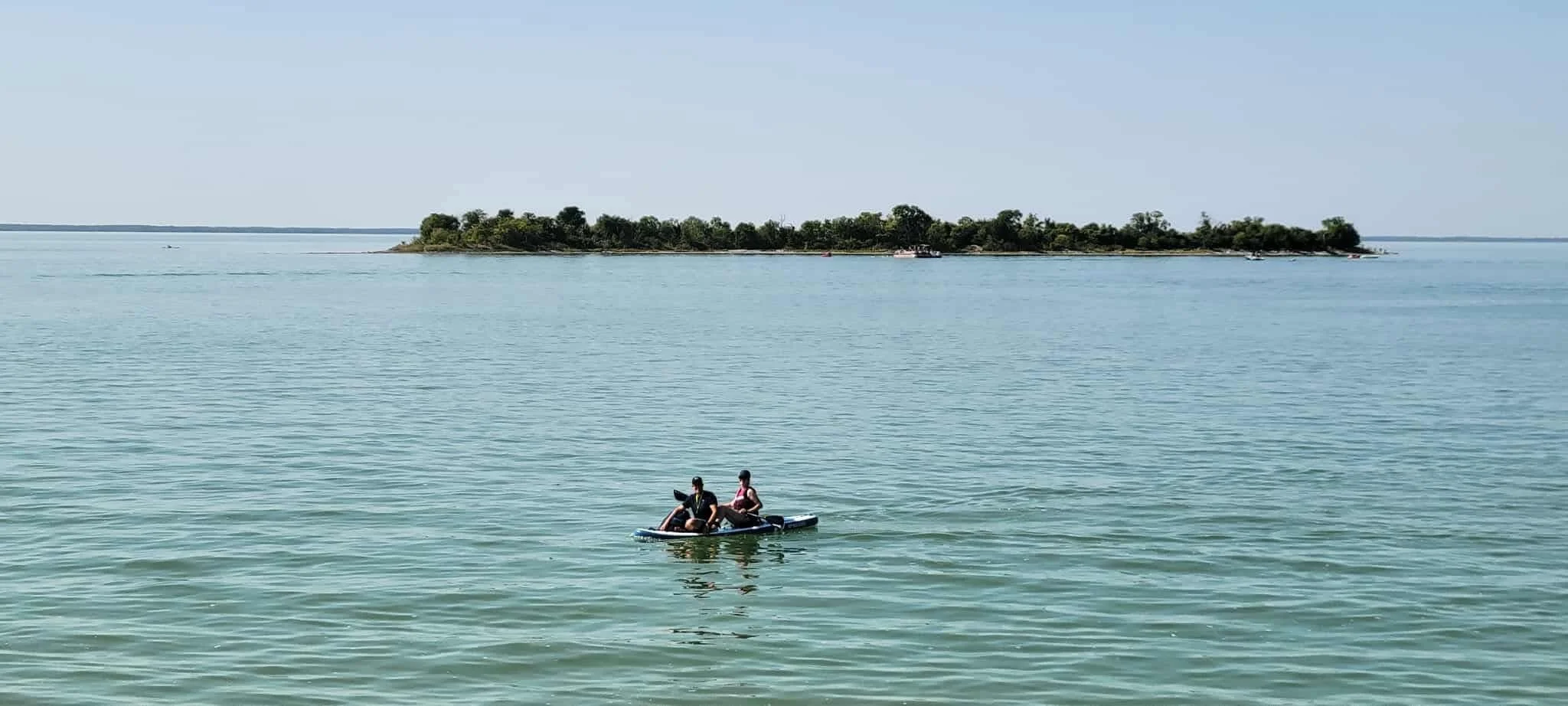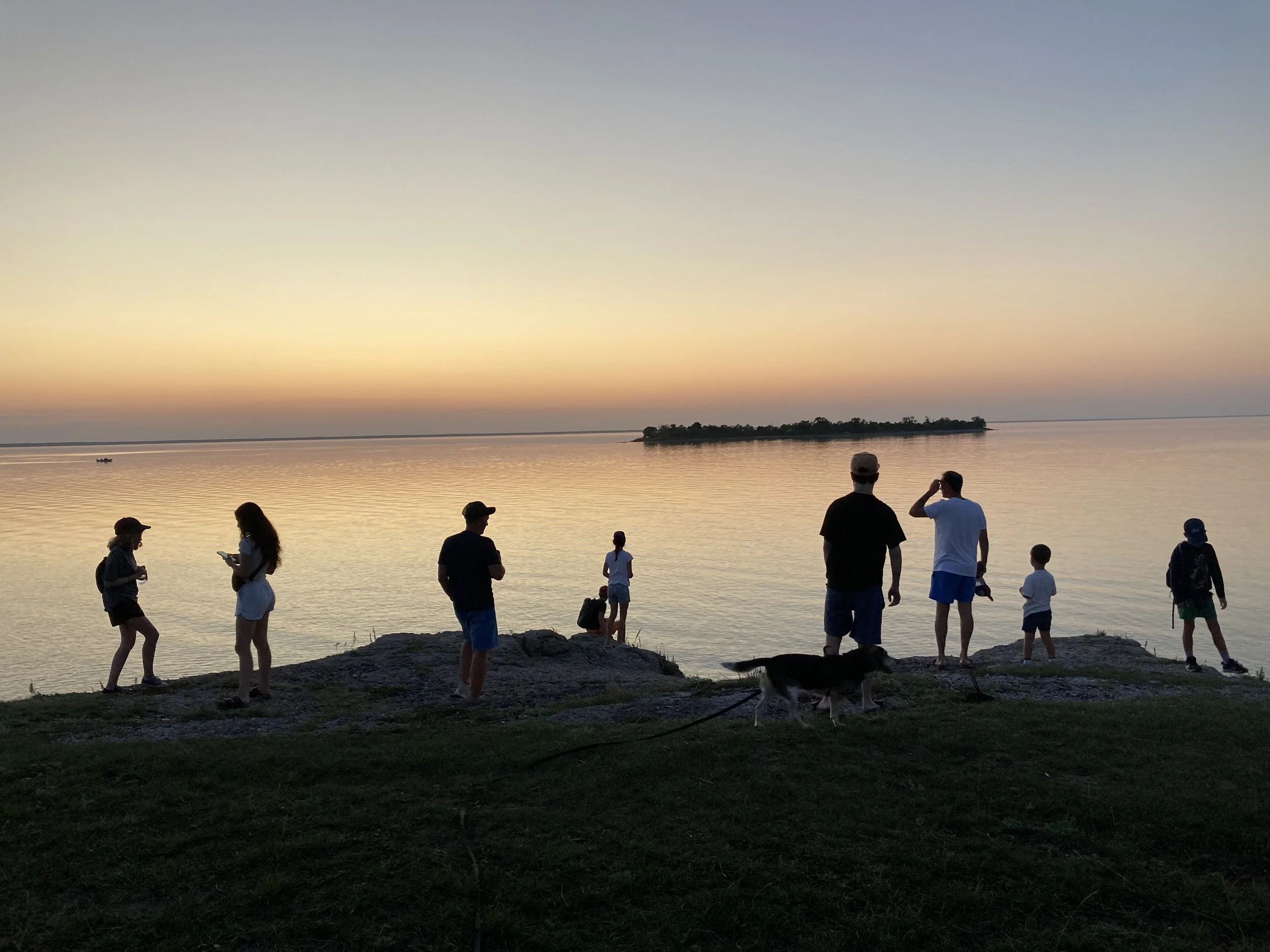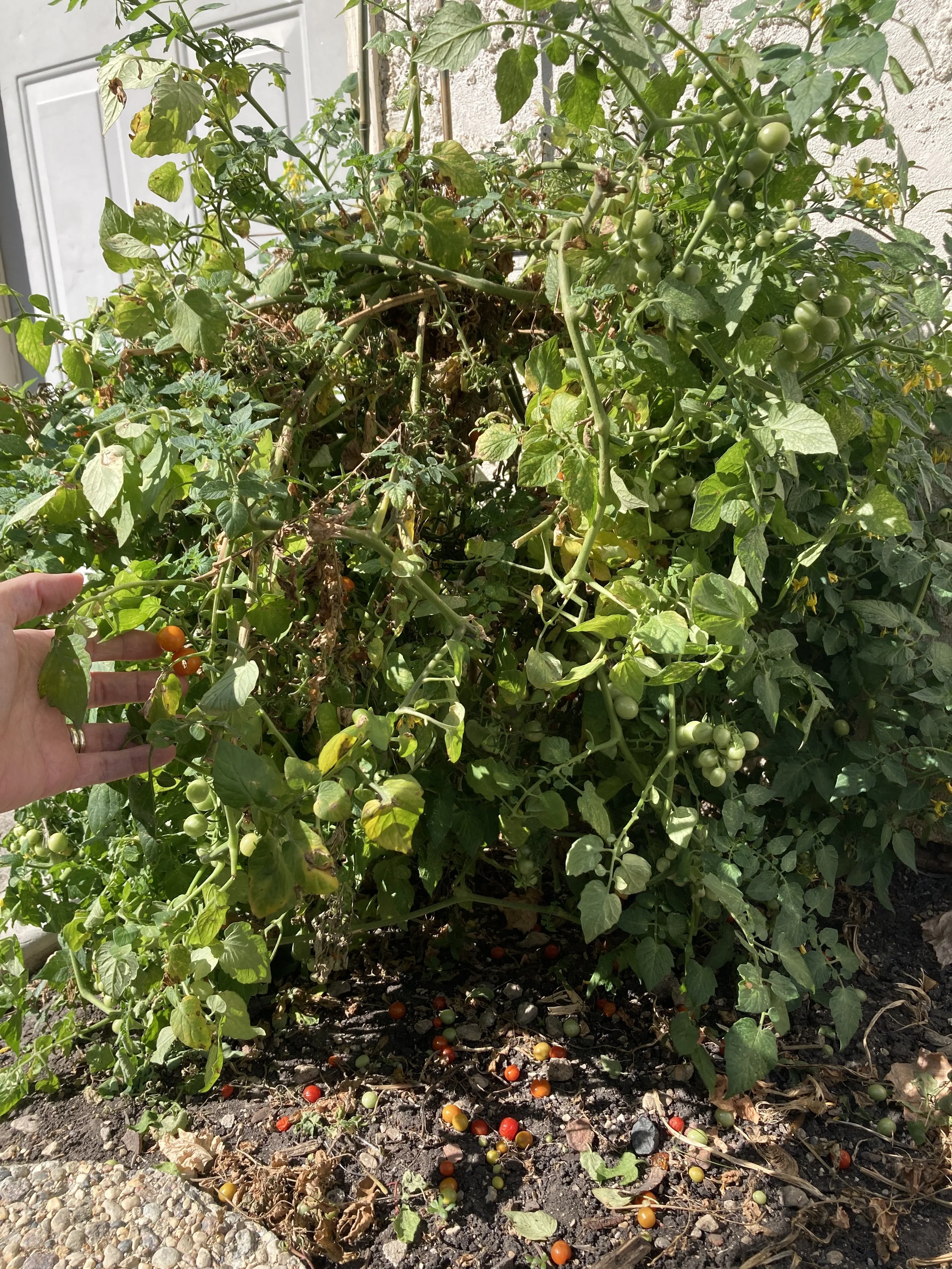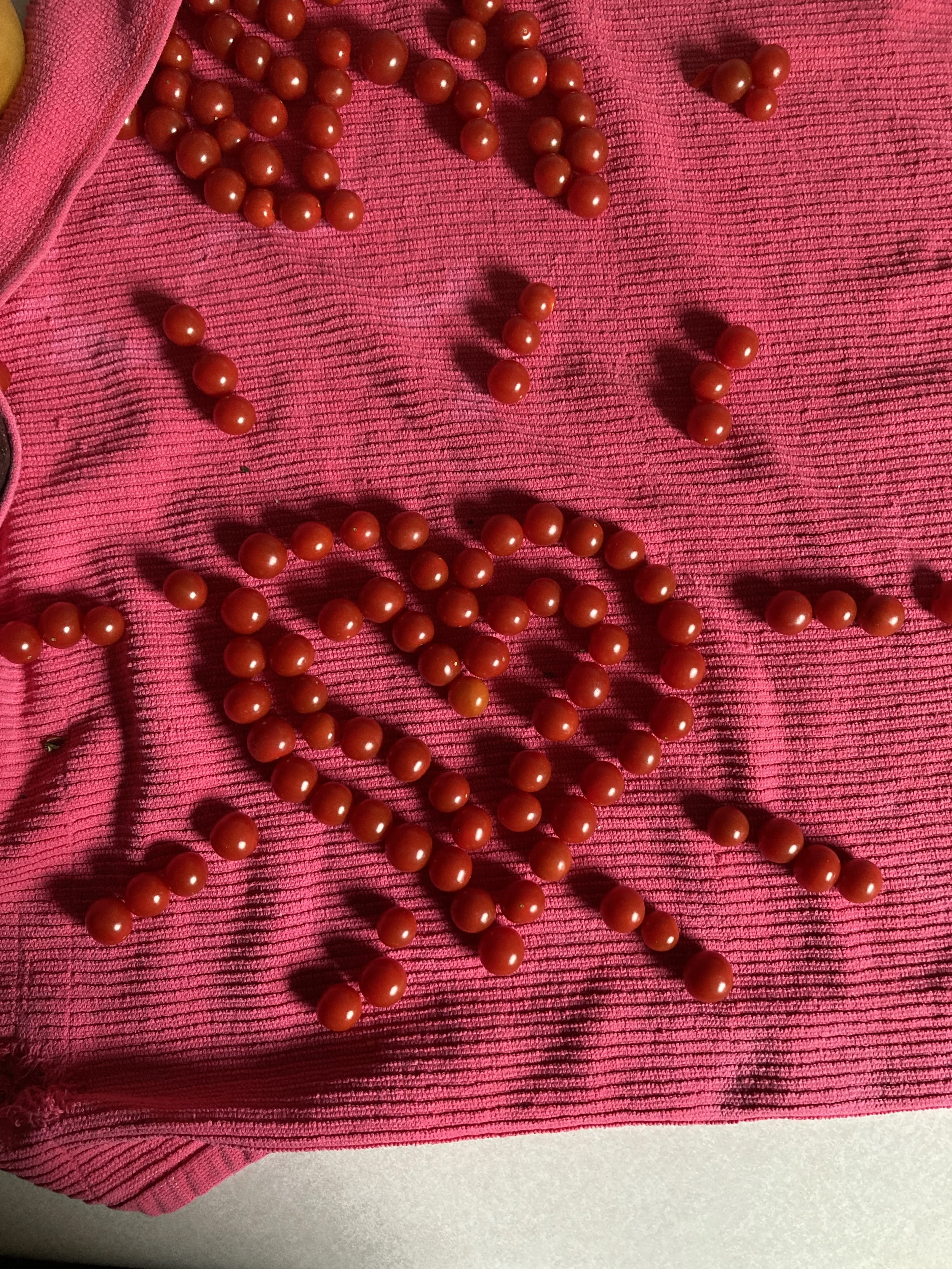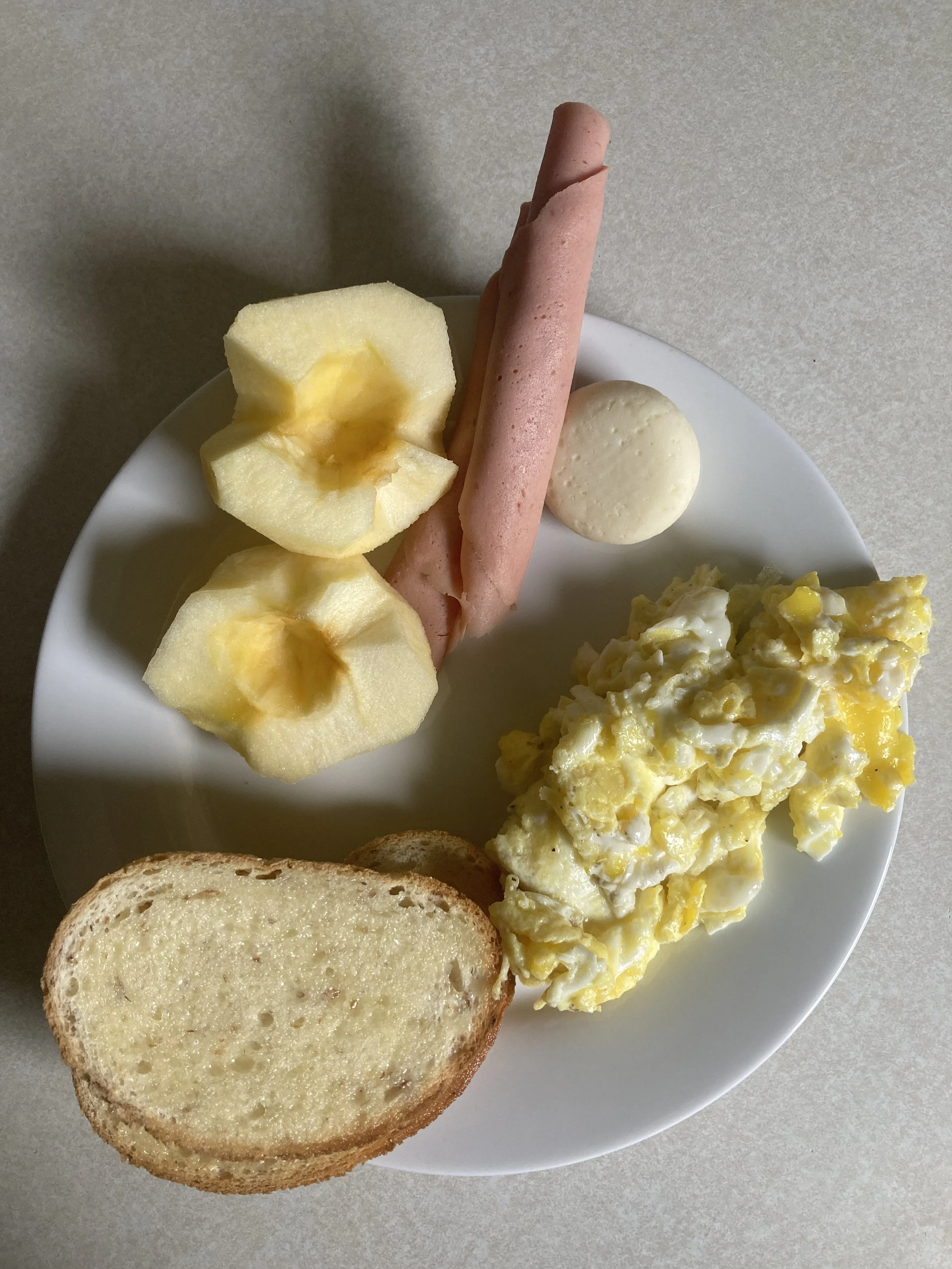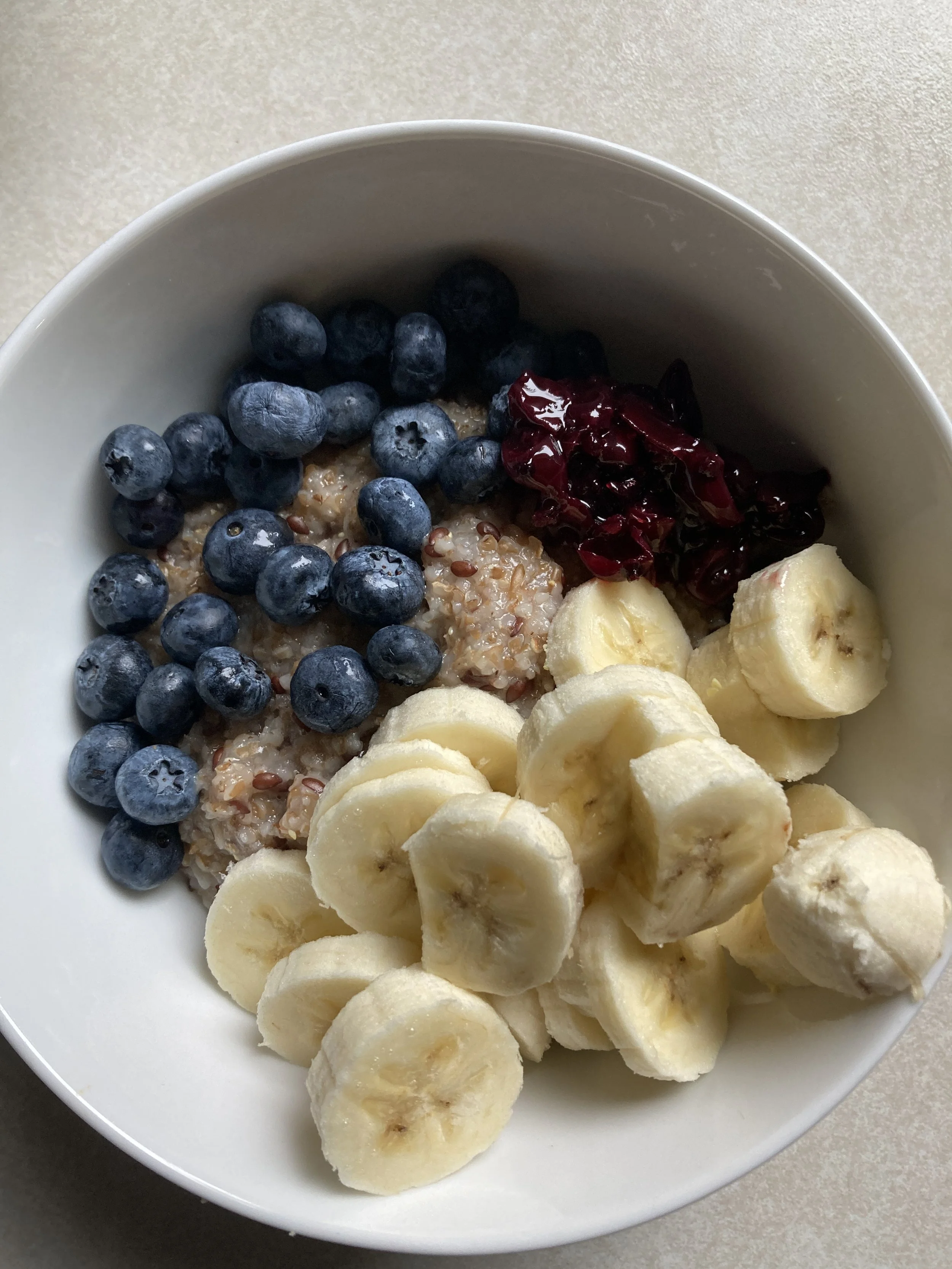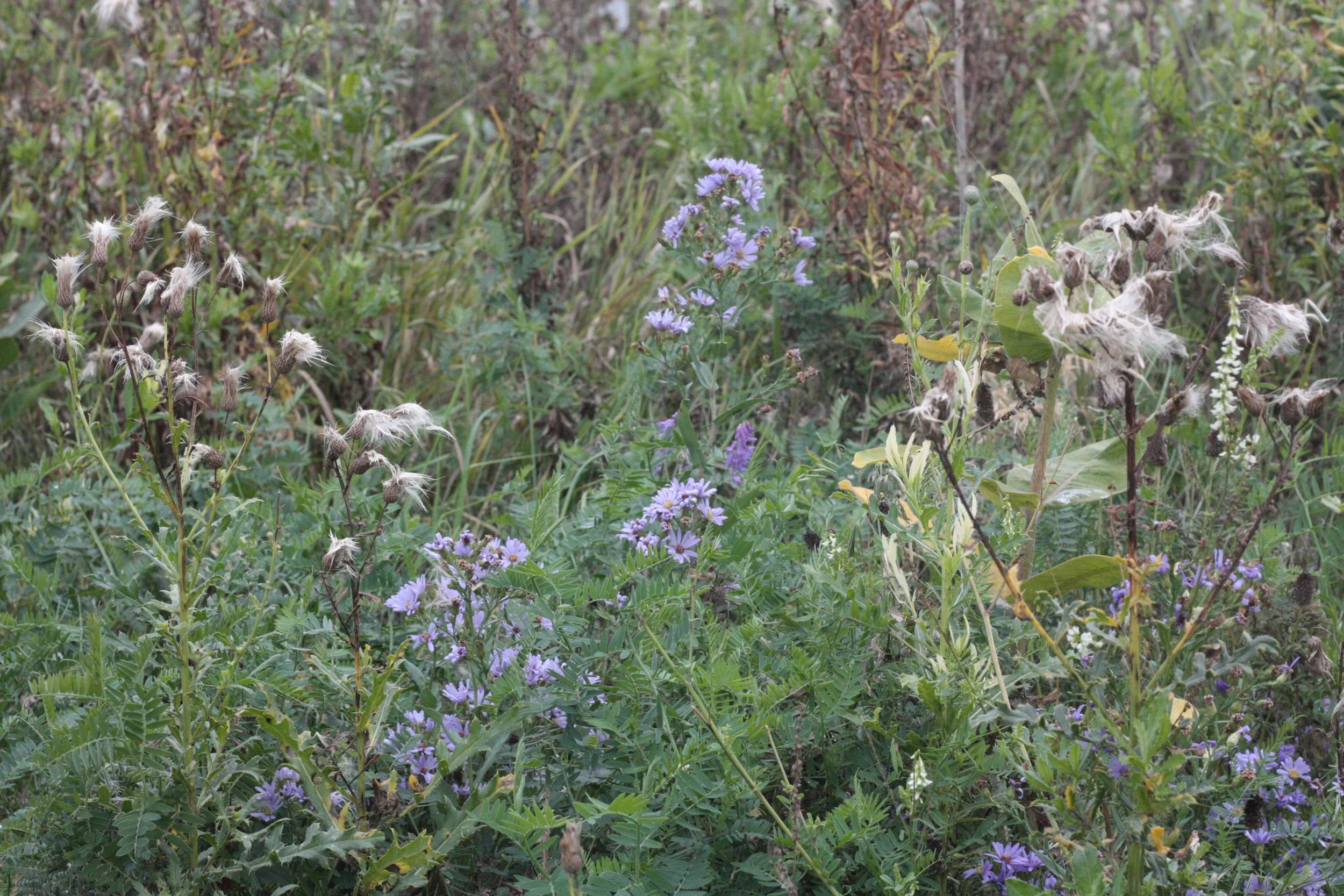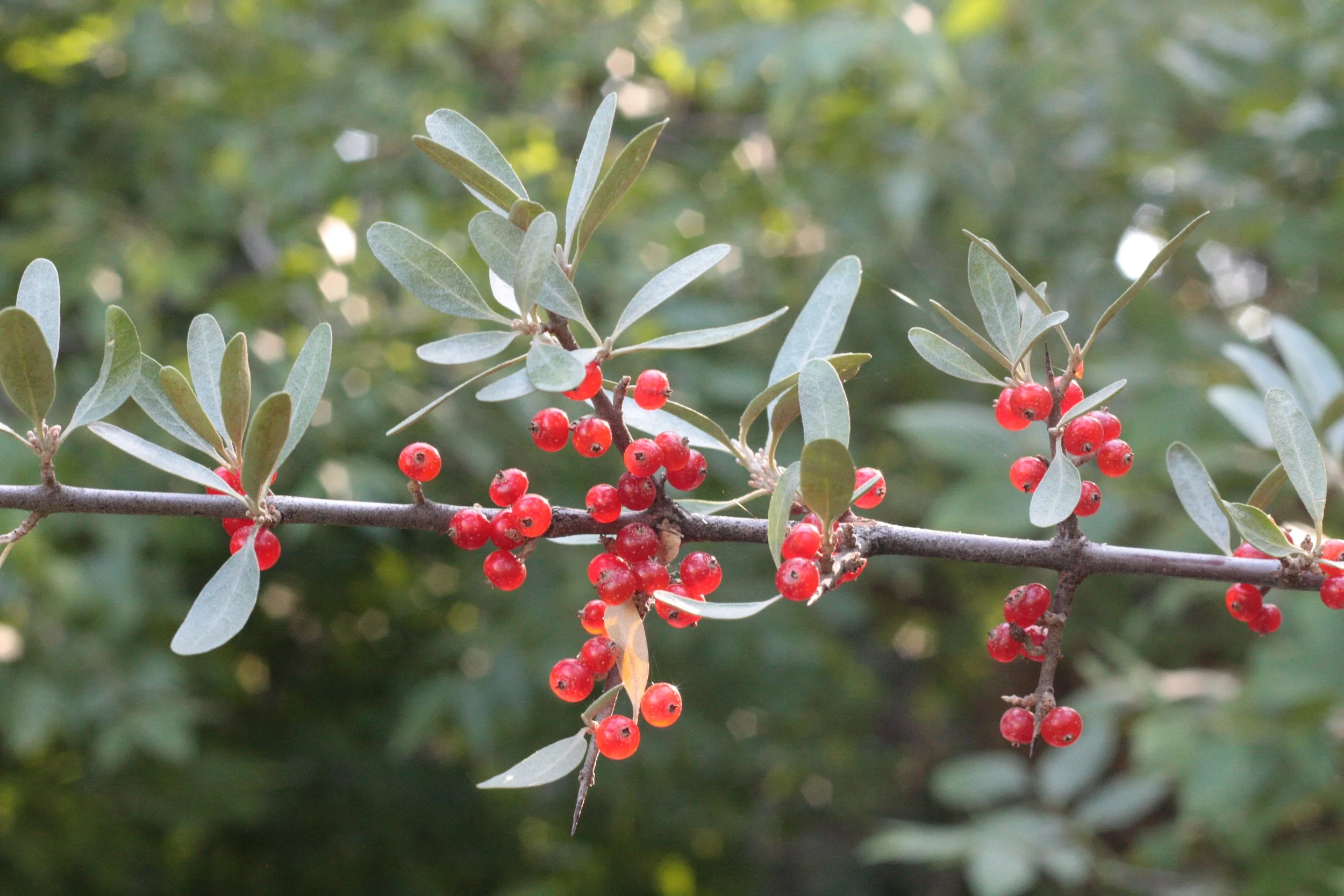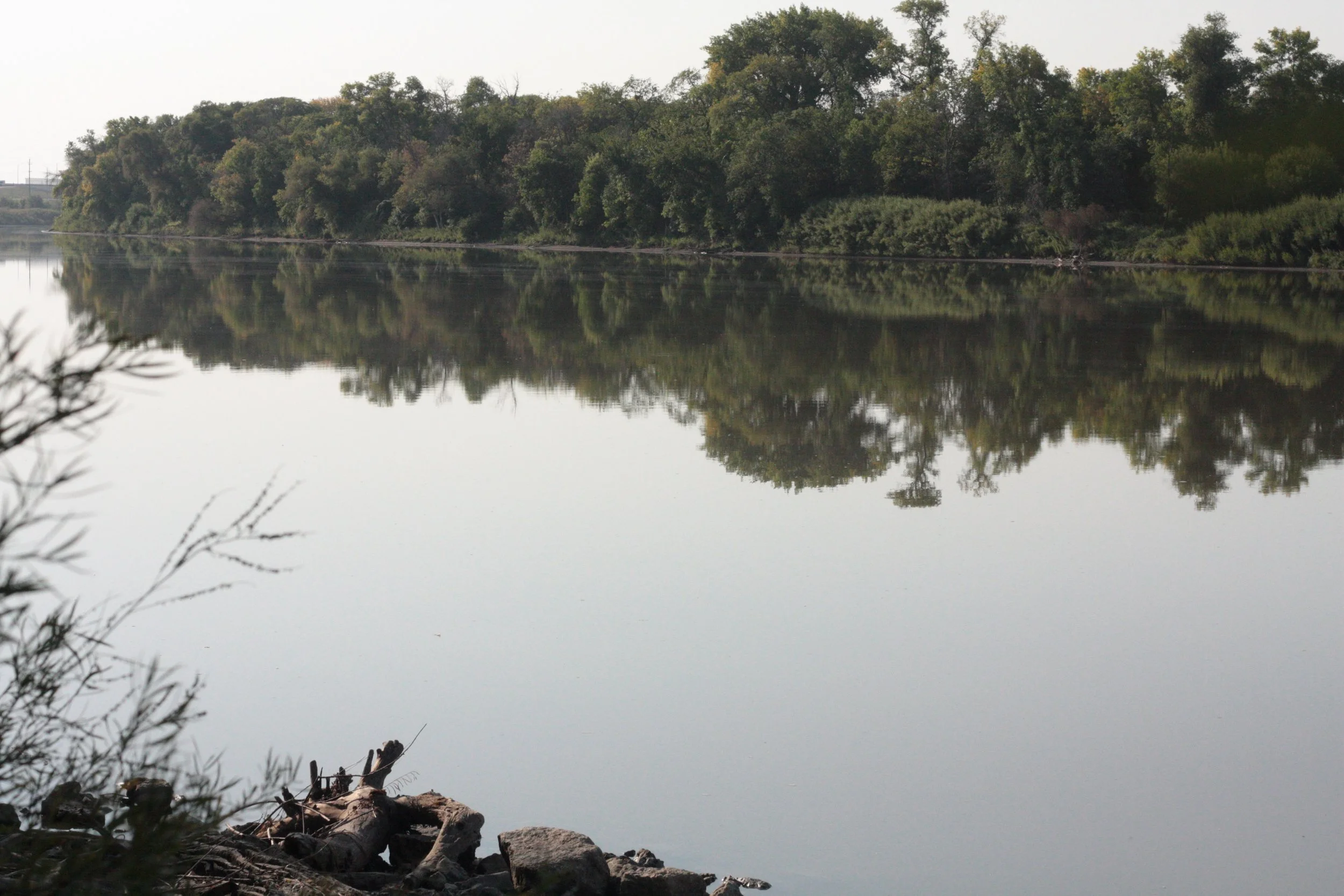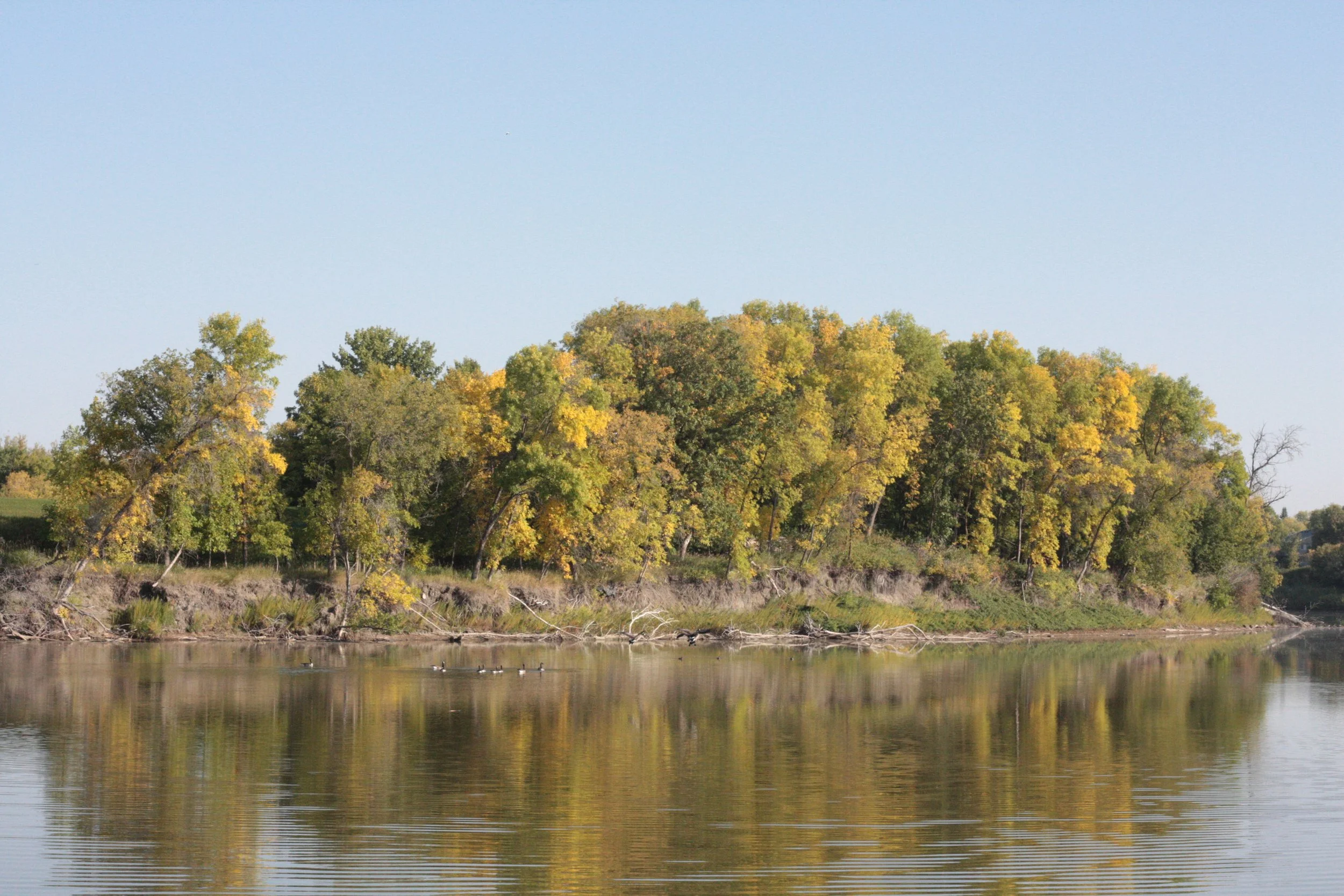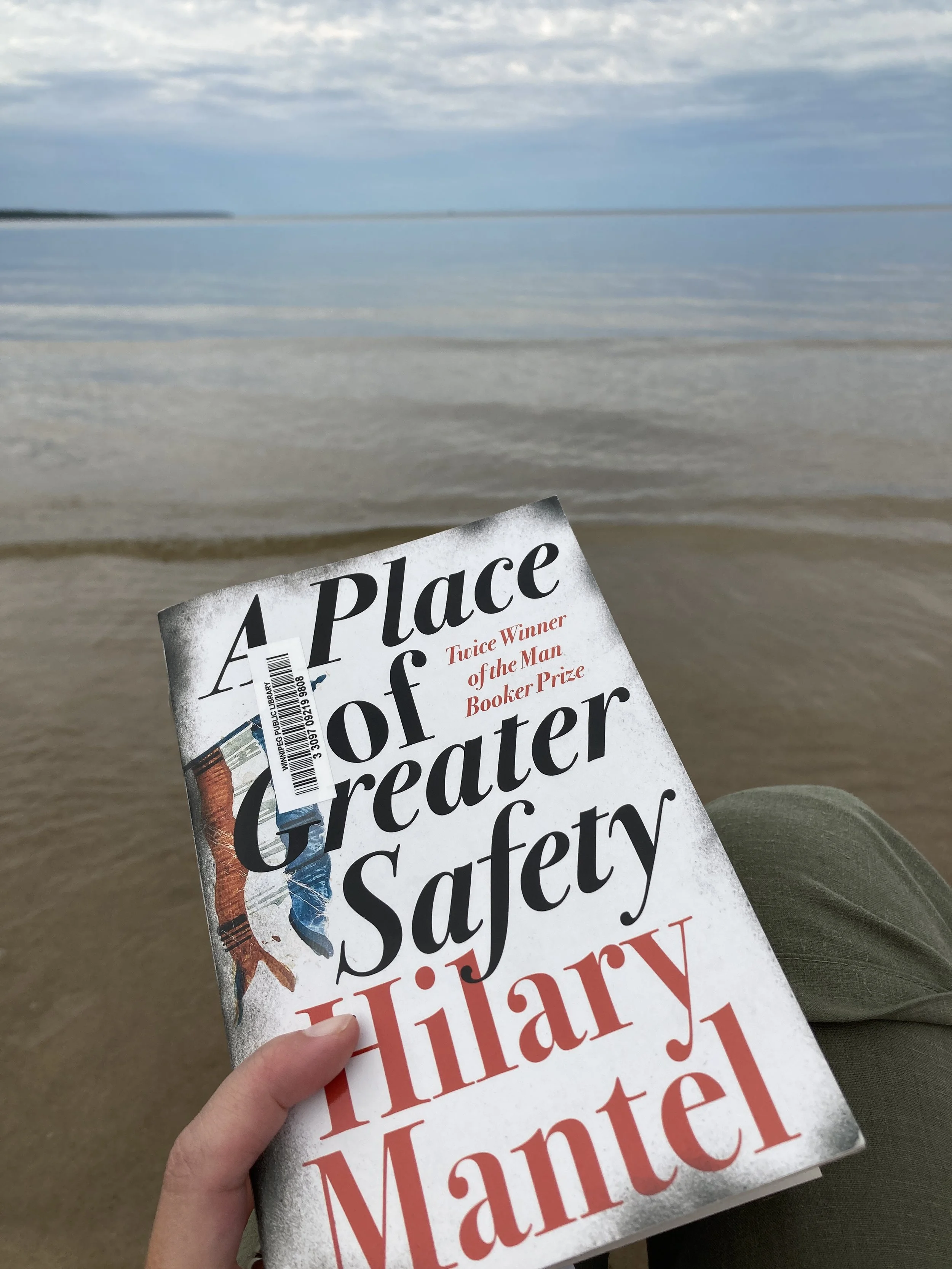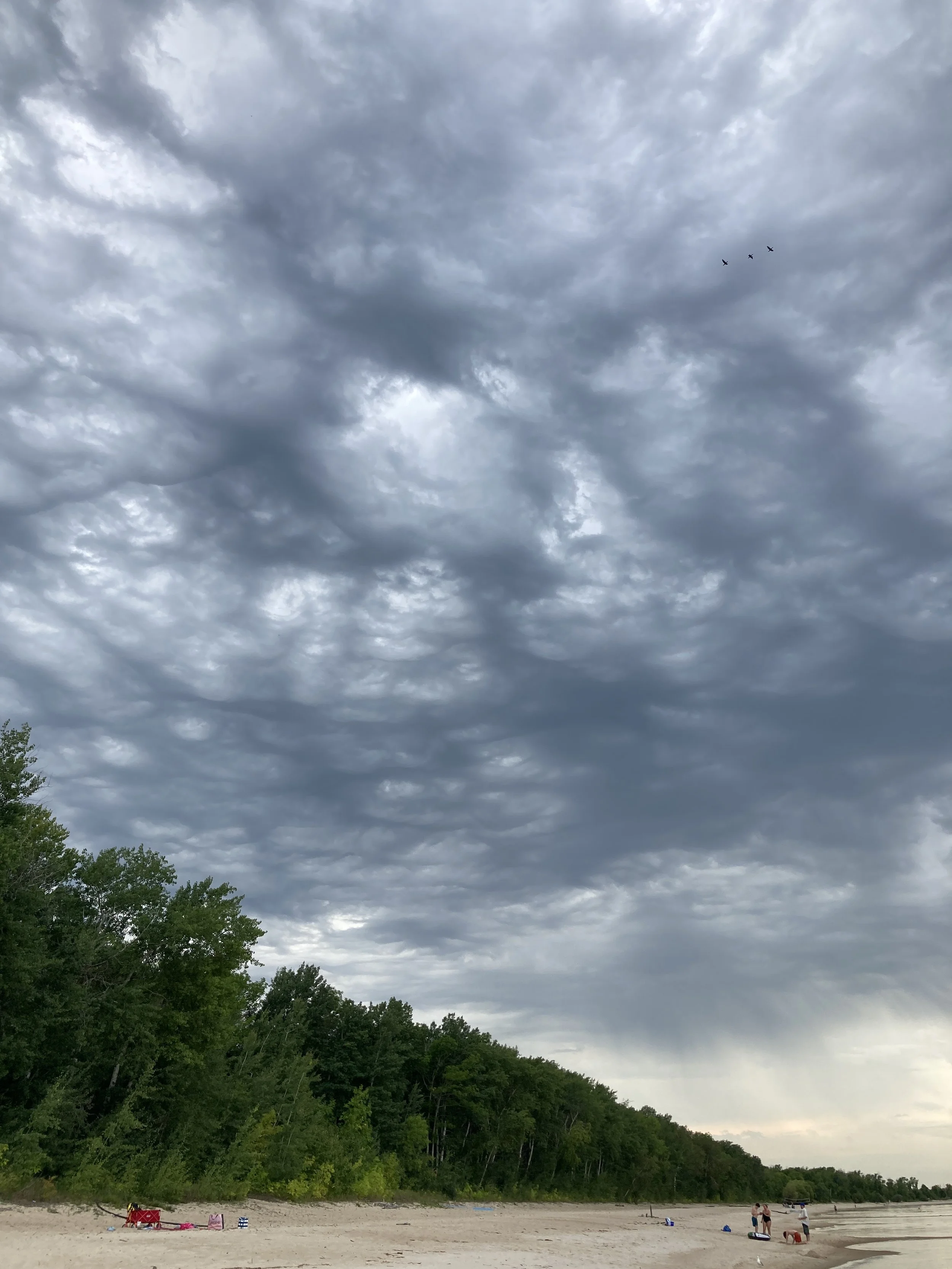Day in the life
I’m currently reading Influenza 1918: Disease, Death, and Struggle in Winnipeg (Amazon) by Esyllt W. Jones as I conduct a bit of family research and have little to say on the subject right now. (Reading, reading, reading… I’m just a little squirrel gathering facts.)
I was going to leave it at that, but as I was looking up a recipe for the following section, I was scrolling through my history and found that Thursday was particularly illustrative of a day spent in research… I spent the day going through the online archives of Henderson Directories. (It’s so convenient, even though I did appreciate feeling the heft of these books at the library when I went in November of 2024!)
Isn’t it glamorous? All this clicking through year after year of directories, to find names and to see where they’re living?
Here, in 1933, we see two families, the Faucher and the Tytgat, living in St. Boniface: Arthur on Aubert Street and Alice with her father Camille on Dawson Road, a few years before they marry.
I am unable to write a story out of thin air, but as I gather these elements one by one, a story starts to take shape in my mind…
Eating
It took exactly one TikTok video to convince me to make this Spicy Carrot Rigatoni. (Canadian content creators - yay!) (Also the library identified Hailee Catalano’s cookbook as Canadian?)
But back to the recipe… so clever! Carrots went sneakily undercover camouflaged as sauce and crossed into defended “no vegetables allowed” territory unnoticed. It was a strategic win for this kitchen chef.
From a main to a side… can we discuss polenta? Until this week, I’d been fine with using plain old, abundantly available cornmeal. Cornmeal is tiny, not powdery, of a texture similar to iodized salt. It reminds me of cream of wheat. Polenta made from cornmeal is similar in texture to cream of wheat. Once most of the water has been absorbed, bubbles form, puff and release as it cooks. I could not understand recipes that called for long cooking times… Enter Carla Lalli Music’s recipe “Baked Polenta with Floppy Broccoli” which, in the list of ingredients in the cookbook, specifies “polenta, not quick-cooking”. What is “not quick-cooking polenta”? Cornmeal didn’t seem right anymore! Indeed, if you like bearing down on details, using cornmeal that is smooth and small for polenta is fine, but cornmeal that has more of the character and shape of ground corn (or maize) kernels, that is a bit more roughly ground, is more flavourful. And thank goodness for stores that carry brands like Bob’s Red Mill for just such a product. One night we baked it in the oven, as in Lalli Music’s recipe, another night we cooked it in the slow cooker as per package instructions. The latter was better: longer to cook, but more evenly cooked and easier to clean. All this for Jenny Rosenstrach’s Cider Braised Meatballs.
Baking
Do you have a favourite chocolate-chip cookie recipe? Until this week, our family didn’t. I therefore planned a cookie test. I had four recipes, but had to cut one because, having been written entirely by weight, I was left with too big a puzzle when the kitchen scale I’d been using for the past 20 years disappeared its digital numerals forever. Oh well! I made do with cups and tablespoons, and the family voted and agreed that by a very slim margin, Sarah Fennel’s “Best Chocolate Chip Cookies in the World” was the winner. Hooray! We now have a dedicated chocolate chip cookie recipe!
Enjoying
Podcast interviews with local historian Murray Peterson and city archivist Sarah Ramsden on Our City, Our Podcast. Conducted in 2024, I stumbled upon the former’s name when finding that my mother-in-law’s grandfather’s first residence in Manitoba is today a Heritage Building. From seeing a person’s name online, to having their voice in your ears and hearing their thrill for a subject you too are thrilled about is the gift a podcast can offer.
This three-part story of a meet cute by Amber Estenson, known as That Midwestern Mom on TikTok, pleased my little romantic heart. Not to mention that she fell in love with a teacher!
Postcards
Another week featuring fog and frost! One morning the conditions were just right for even Enzo to have frosty hairs! So cute!!
The frost was different from day to day…
Happy Sunday!
